Since ancient times, Vietnamese people have paid great attention to
weddings, because this is an important milestone in a person's life. Compared to the present,
weddings in the past were held very solemnly with many complicated rituals.
Vietnam is a country with many ethnic groups living together. The Kinh ethnic group accounts for the largest proportion, nearly 86% of the population, while the remaining 53 ethnic groups account for only more than 14%. In this article,
Hanoi Green Tour would like to introduce the wedding ceremony of the Kinh people so that you can explore a part of Vietnamese culture.
The
wedding ceremonies are both an official recognition for the couple to become husband and wife and a milestone moment reminding the two people to cherish the love they have.
Engagement Ceremony
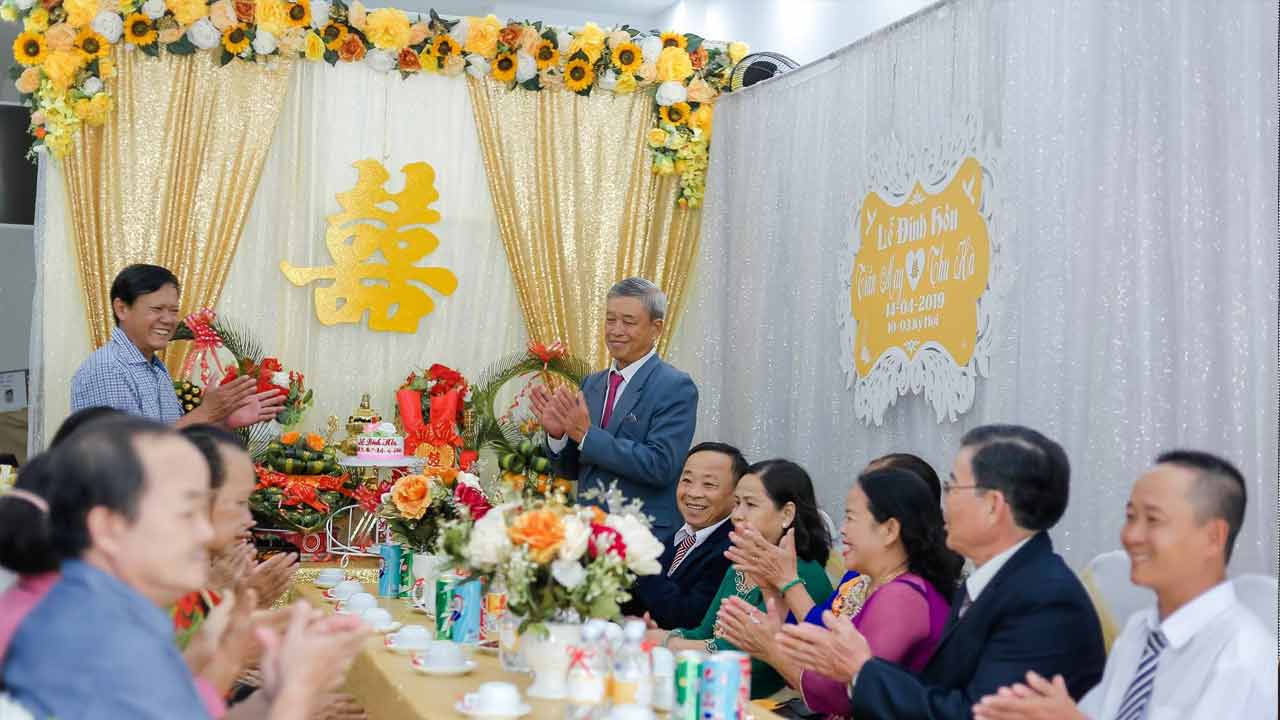
The engagement ceremony is also known as the face-to-face ceremony or the meeting ceremony. This is one of the three important marriage ceremonies of the Kinh people. This ceremony is to formalize the marriage relationship between the two families. Nowadays, the engagement ceremony is considered a meeting between two families to learn about the family background, culture, people... between the two families, then discuss the marriage of the bride and groom.
During the engagement ceremony, the groom's family will go to the bride's family to ask for the couple to get to know each other more thoroughly before deciding on the marriage. This ceremony does not require the role of a matchmaker, does not require complicated gifts, only betel and areca nuts. Depending on the different regions, the engagement ceremony procedures are also slightly different, accordingly, the gifts may change more or less. But one thing that certainly does not change is that the gifts need to be selected from the best and most beautiful types to show respect for the bride's family.
Engagement Ceremony (Engagement)
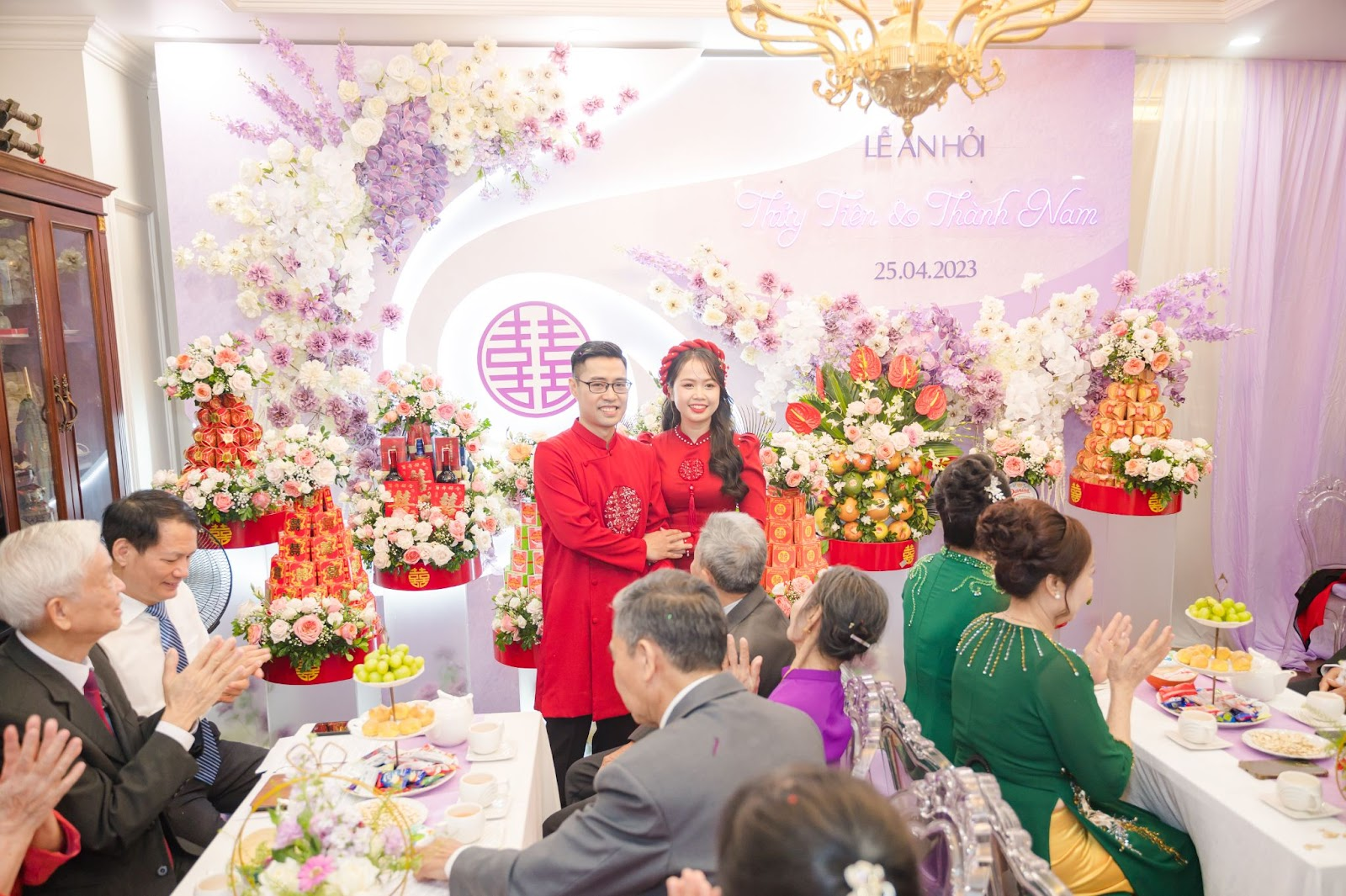
The engagement ceremony, also known as the engagement ceremony, is an equally important ritual in the traditional marriage customs of the Kinh people. This is the official announcement of the engagement between the two families: the girl becomes the “fiancée” of the boy, and the boy has officially asked to be accepted as the son-in-law of the girl’s family, and can practice calling her parents and calling her “child”.
During the engagement ceremony, the groom’s family brings gifts to the bride’s family. The bride’s family receiving the engagement gifts means officially recognizing the marriage of their daughter to the groom’s family. And the couple can be considered an unmarried couple, just waiting for the wedding day to announce it to the two families.
Bride-asking ceremony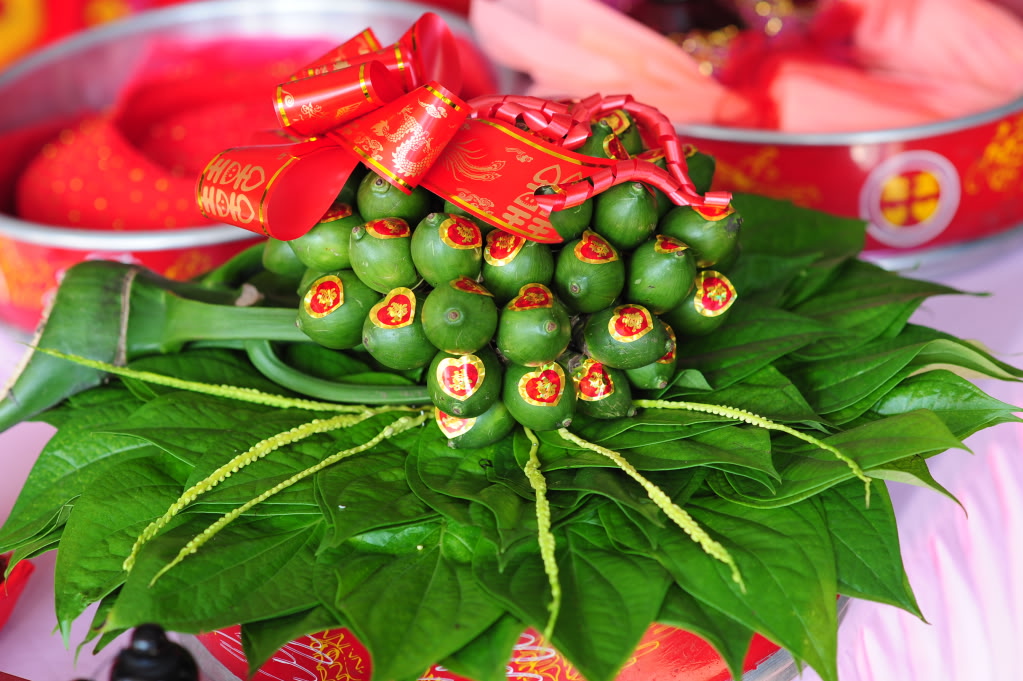
The bride-asking ceremony is a small ceremony performed before the bride is picked up from her mother’s house to her husband’s house. Accordingly, the groom’s mother will go with a relative to the bride’s house, bringing a tray of betel and a bottle of wine to announce the time the
wedding procession will arrive. The bride’s family receives the gifts, places them on the ancestral altar and lights incense. After that, the groom’s family leaves to prepare for the
wedding ceremony.
The wedding ceremony
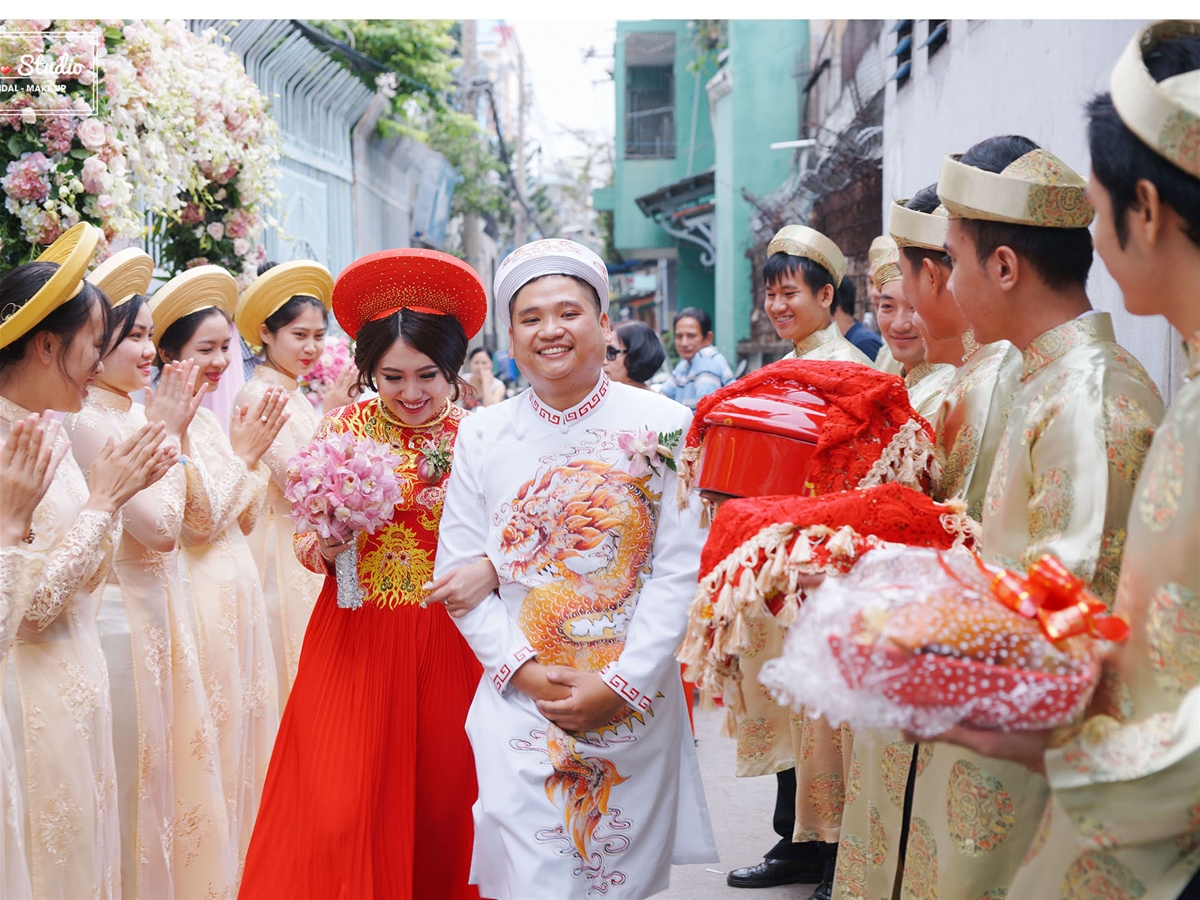
The
wedding ceremony is the most important ceremony in the Kinh people's wedding customs, and nowadays it is often called by the short name of the
wedding ceremony. If the above ceremonies can be combined or shortened, this is an indispensable step. Usually, this ceremony will be performed right after the bride request ceremony.
The groom's family will come to the bride's house and perform the following rituals of the wedding ceremony such as giving speeches, performing ancestral ceremonies and giving dowry to the couple. Finally, the groom's family will welcome the bride home to organize the wedding ceremony for the couple.
The return ceremony
The return ceremony, also known as the second joy ceremony, takes place a few days after the wedding ceremony. This is the final ceremony in a
wedding ceremony. The return ceremony originates from the love of the groom's family for the new daughter-in-law because normally, new brides will always feel sad when they have to leave home. Therefore, according to traditional customs, there will be a day of re-visiting, the day when the groom's family takes the bride to visit her parents to help the bride relieve her homesickness.
In this ceremony, the bride's father and mother will play the role of sharing and encouraging their daughter. They will help the new bride feel comfortable and aware of her new responsibilities and roles. At the same time, this is also an opportunity for the groom to be closer to his wife's family. The re-visiting ceremony is considered the first official moment after the wedding when the son-in-law visits his wife's parents in an official capacity.
Nowadays, the re-visiting ceremony is not a mandatory ritual, many families even skip it. The newlyweds also take this time to go on their honeymoon.
 The engagement ceremony is also known as the face-to-face ceremony or the meeting ceremony. This is one of the three important marriage ceremonies of the Kinh people. This ceremony is to formalize the marriage relationship between the two families. Nowadays, the engagement ceremony is considered a meeting between two families to learn about the family background, culture, people... between the two families, then discuss the marriage of the bride and groom.
The engagement ceremony is also known as the face-to-face ceremony or the meeting ceremony. This is one of the three important marriage ceremonies of the Kinh people. This ceremony is to formalize the marriage relationship between the two families. Nowadays, the engagement ceremony is considered a meeting between two families to learn about the family background, culture, people... between the two families, then discuss the marriage of the bride and groom. The engagement ceremony, also known as the engagement ceremony, is an equally important ritual in the traditional marriage customs of the Kinh people. This is the official announcement of the engagement between the two families: the girl becomes the “fiancée” of the boy, and the boy has officially asked to be accepted as the son-in-law of the girl’s family, and can practice calling her parents and calling her “child”.
The engagement ceremony, also known as the engagement ceremony, is an equally important ritual in the traditional marriage customs of the Kinh people. This is the official announcement of the engagement between the two families: the girl becomes the “fiancée” of the boy, and the boy has officially asked to be accepted as the son-in-law of the girl’s family, and can practice calling her parents and calling her “child”. The bride-asking ceremony is a small ceremony performed before the bride is picked up from her mother’s house to her husband’s house. Accordingly, the groom’s mother will go with a relative to the bride’s house, bringing a tray of betel and a bottle of wine to announce the time the wedding procession will arrive. The bride’s family receives the gifts, places them on the ancestral altar and lights incense. After that, the groom’s family leaves to prepare for the wedding ceremony.
The bride-asking ceremony is a small ceremony performed before the bride is picked up from her mother’s house to her husband’s house. Accordingly, the groom’s mother will go with a relative to the bride’s house, bringing a tray of betel and a bottle of wine to announce the time the wedding procession will arrive. The bride’s family receives the gifts, places them on the ancestral altar and lights incense. After that, the groom’s family leaves to prepare for the wedding ceremony. The wedding ceremony is the most important ceremony in the Kinh people's wedding customs, and nowadays it is often called by the short name of the wedding ceremony. If the above ceremonies can be combined or shortened, this is an indispensable step. Usually, this ceremony will be performed right after the bride request ceremony.
The wedding ceremony is the most important ceremony in the Kinh people's wedding customs, and nowadays it is often called by the short name of the wedding ceremony. If the above ceremonies can be combined or shortened, this is an indispensable step. Usually, this ceremony will be performed right after the bride request ceremony.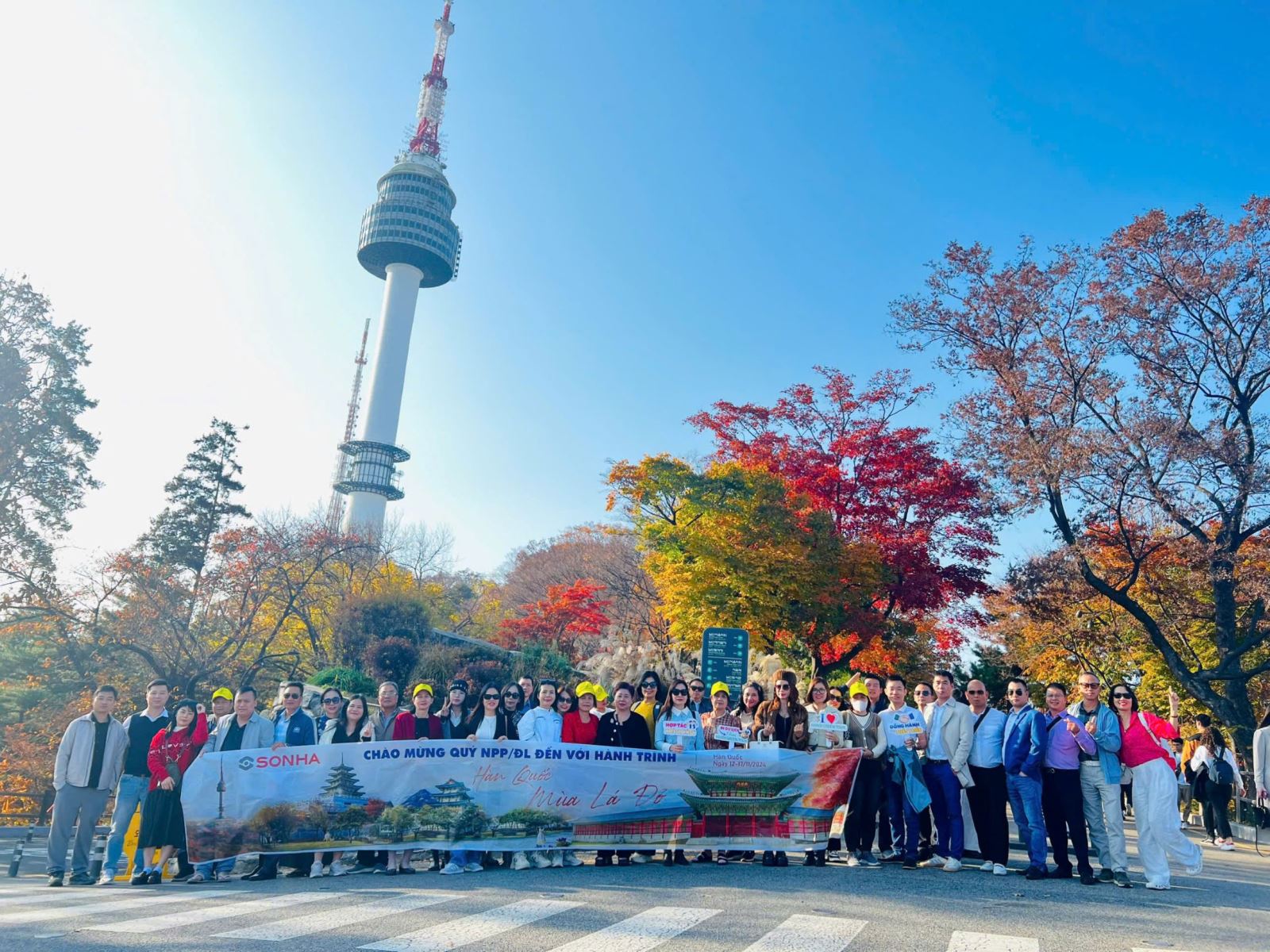



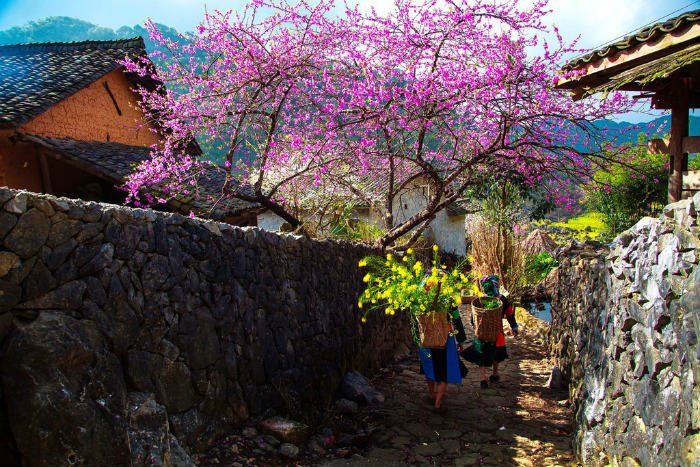

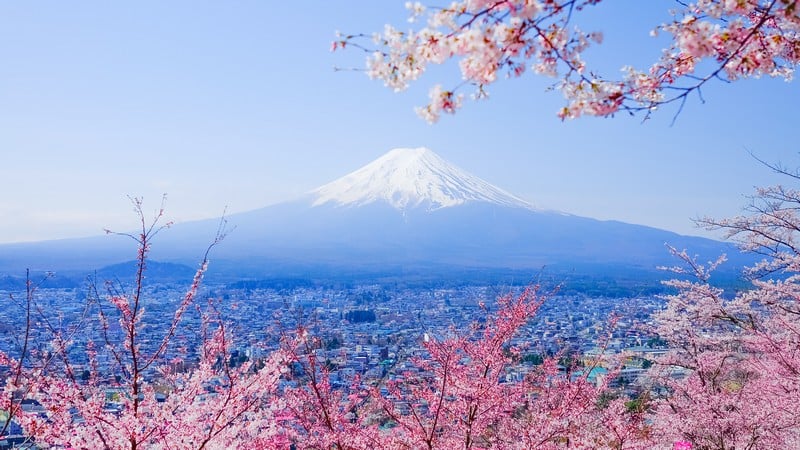
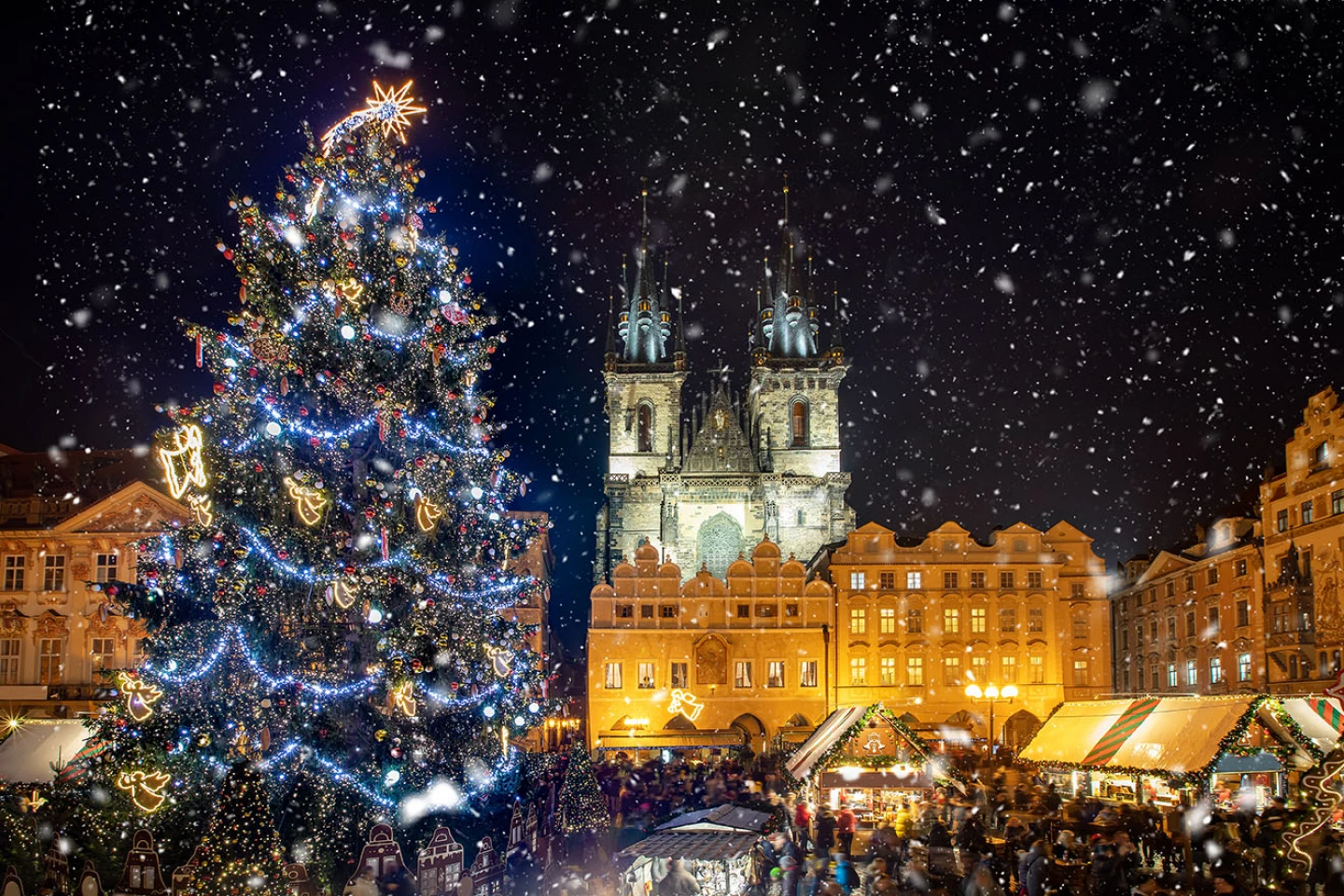
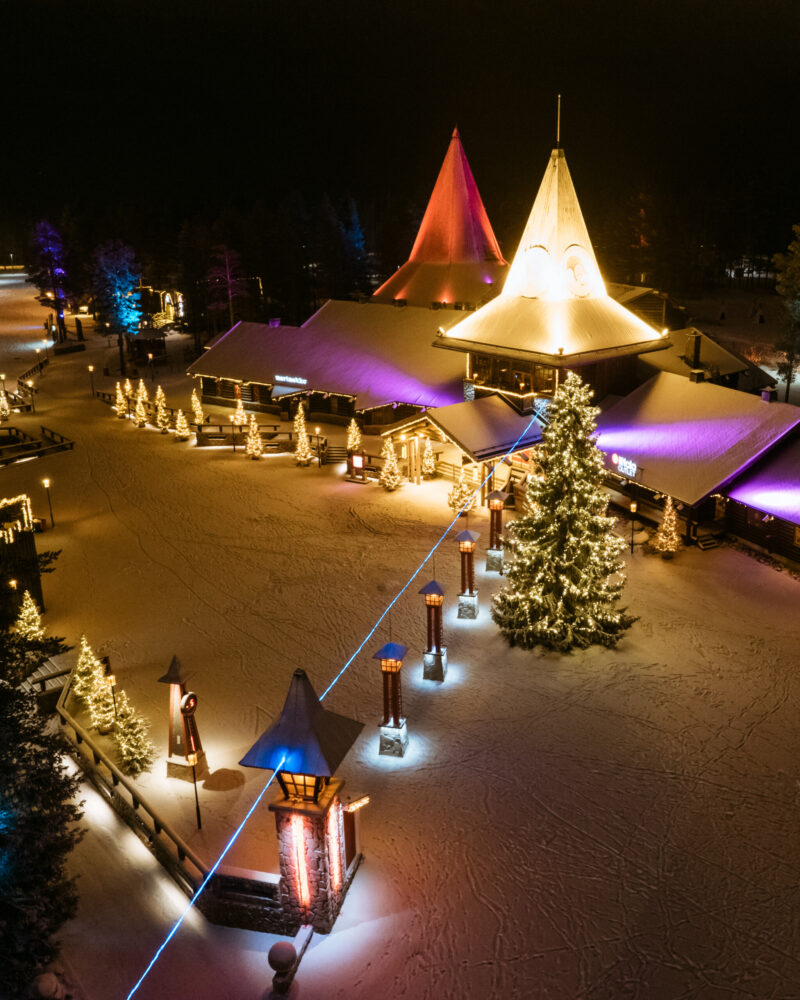
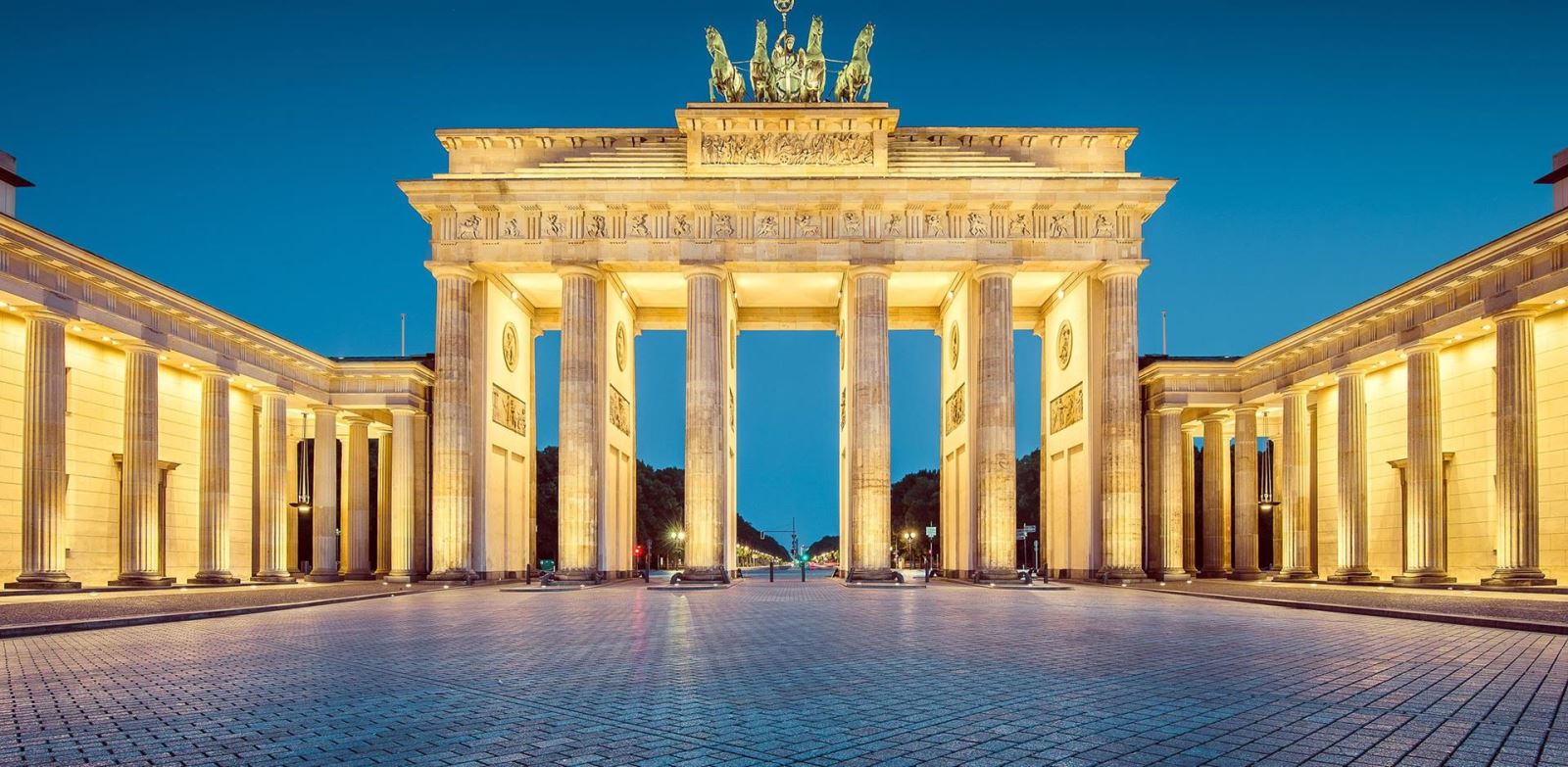
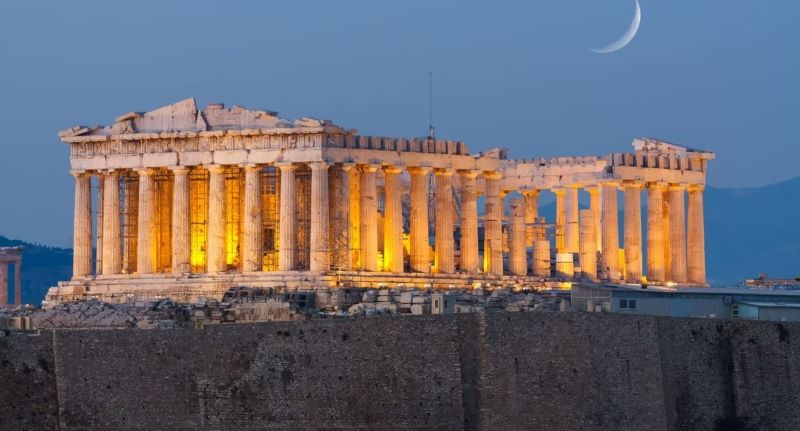
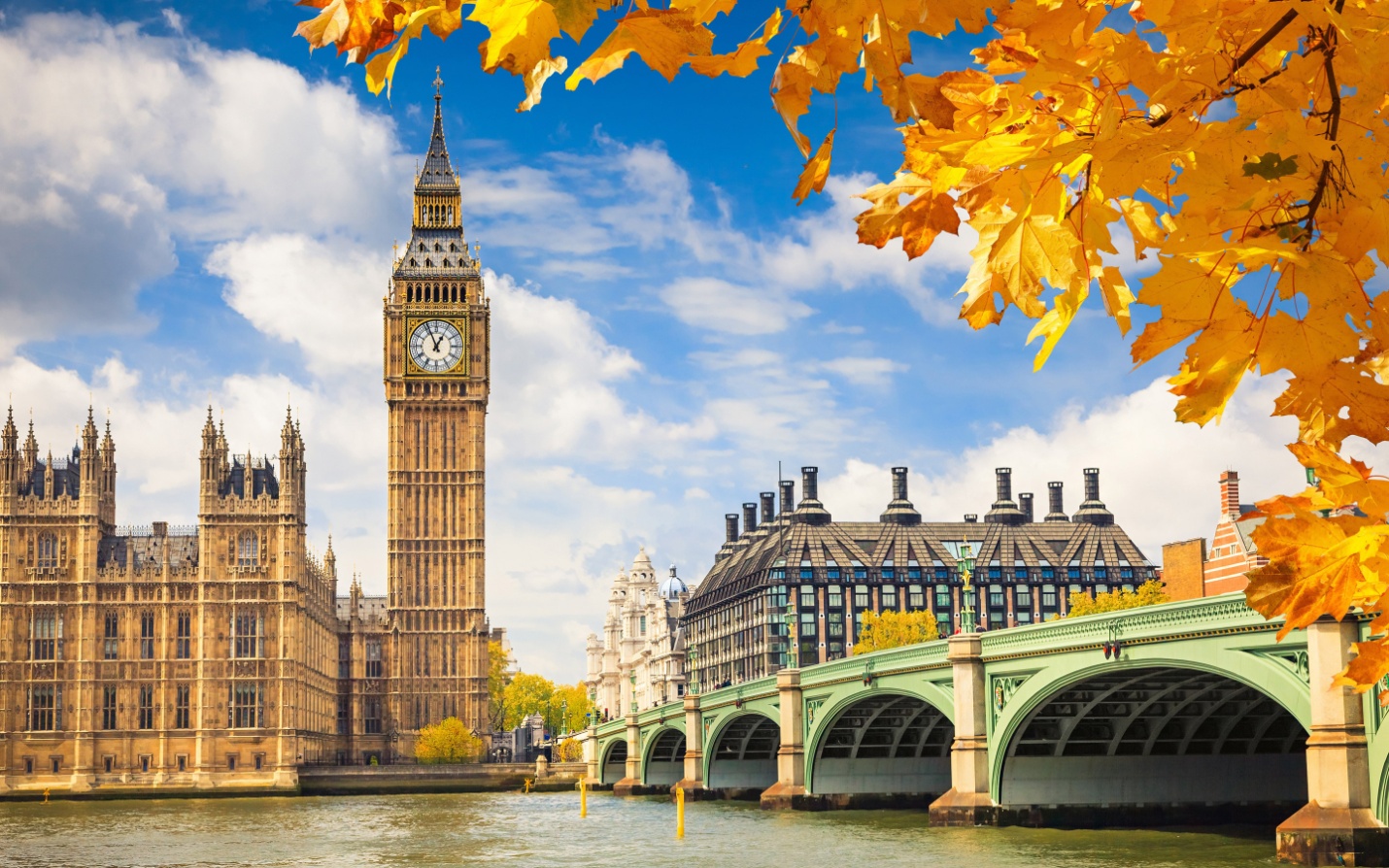
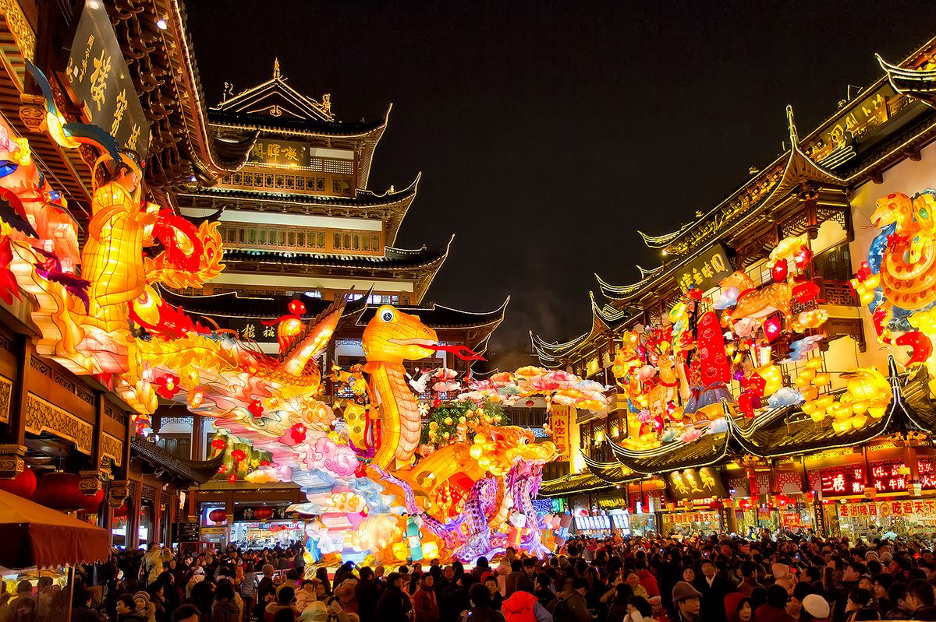

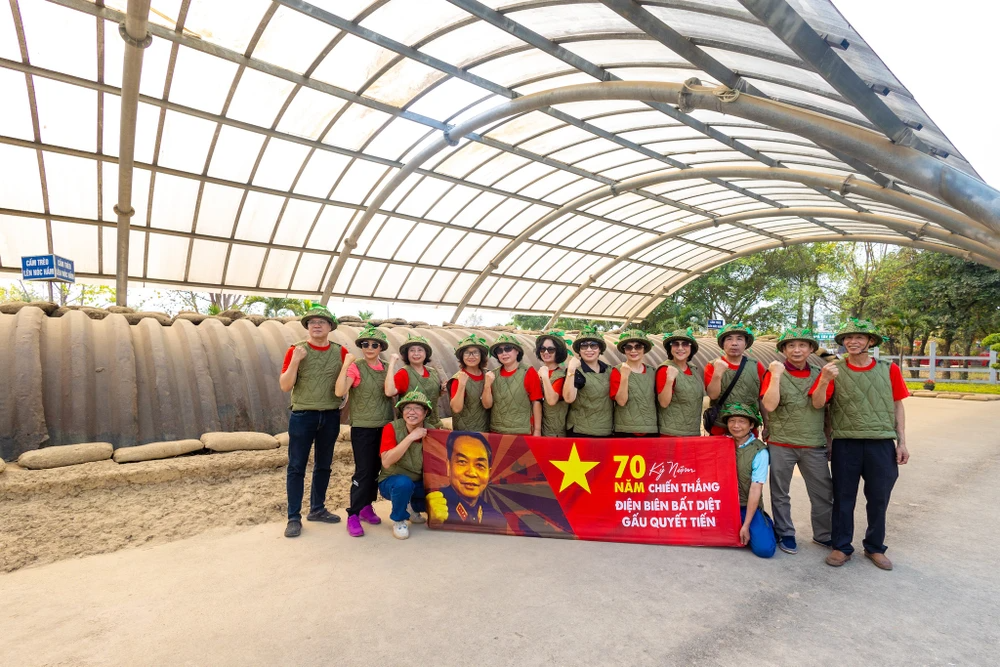

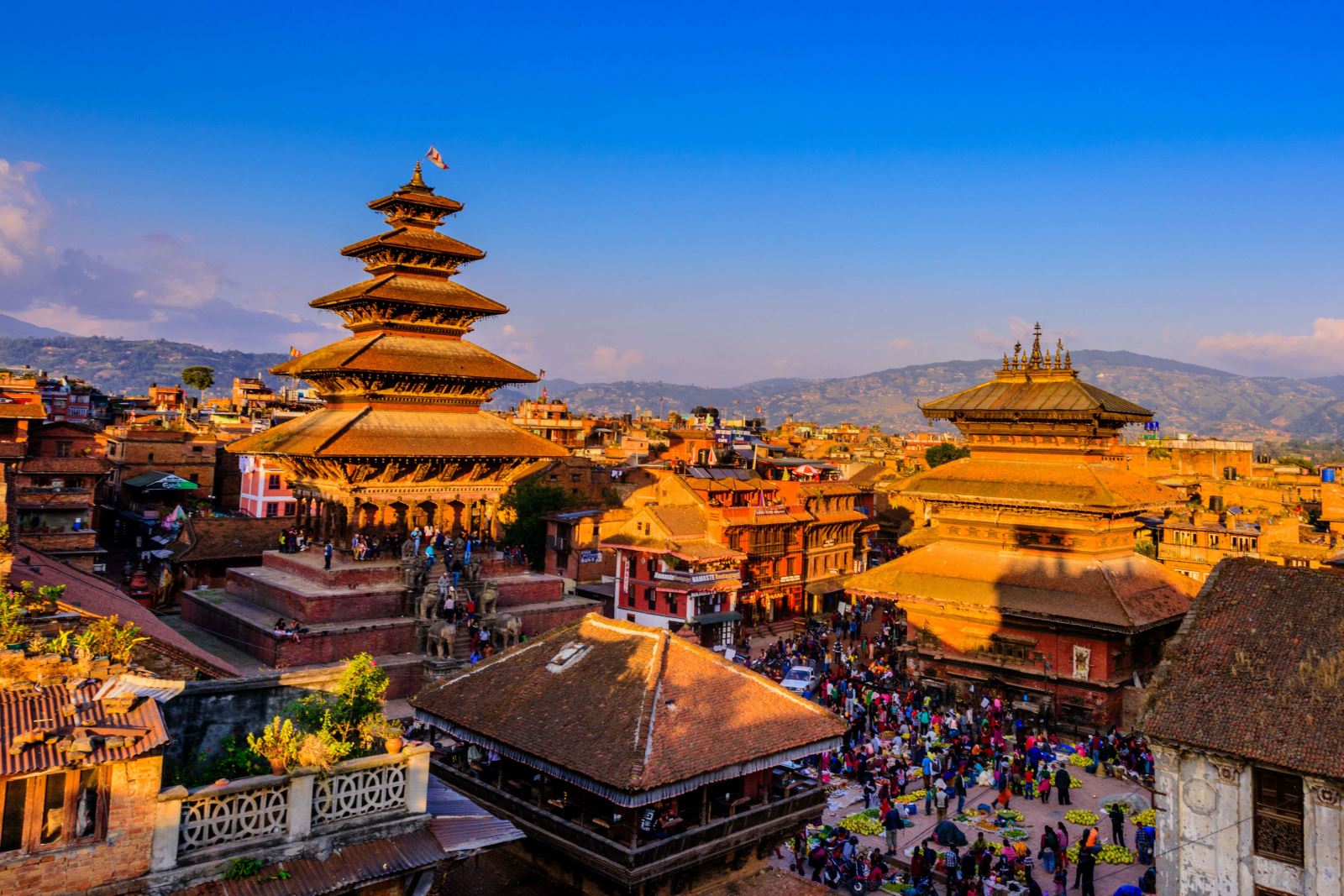

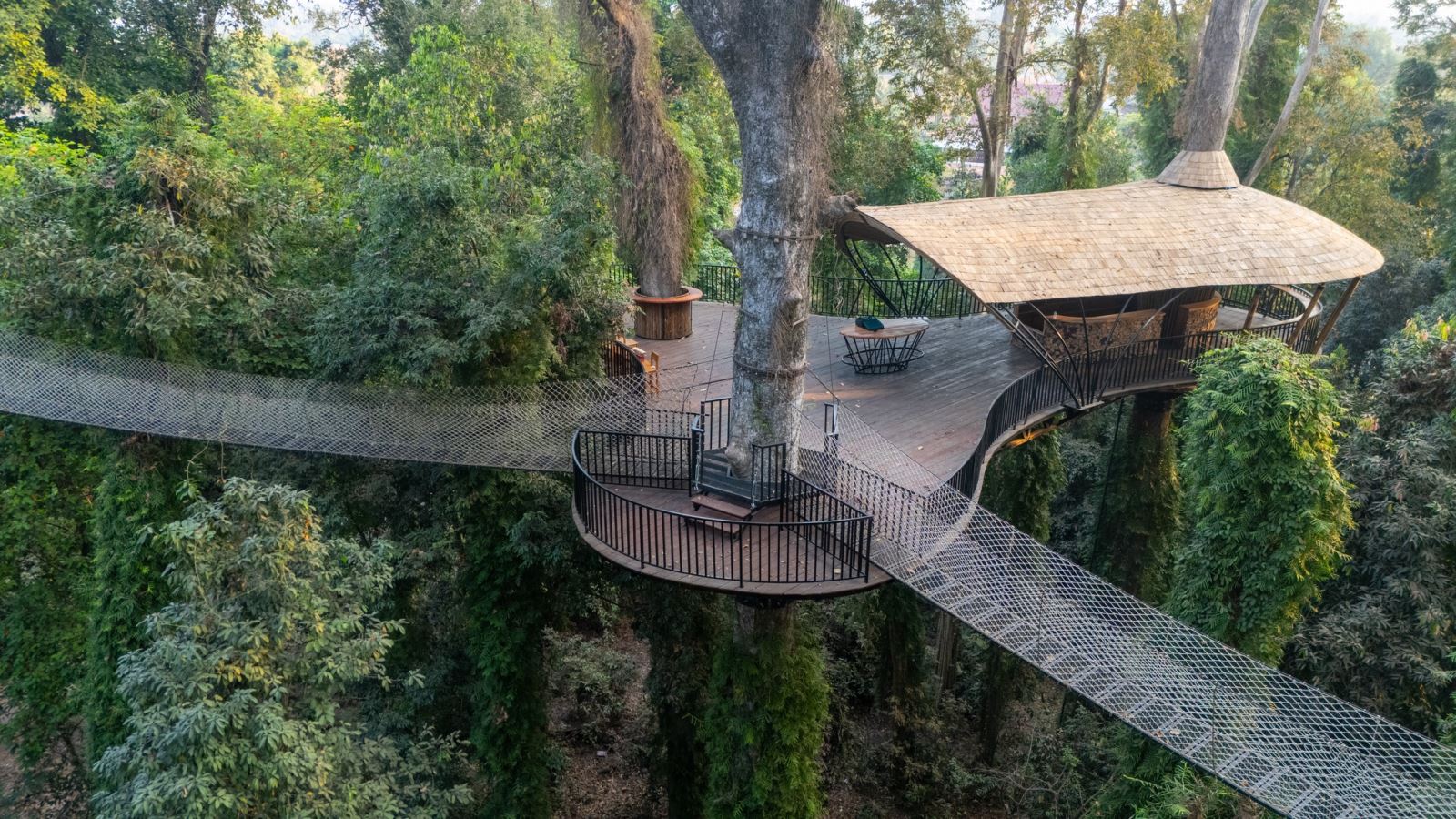
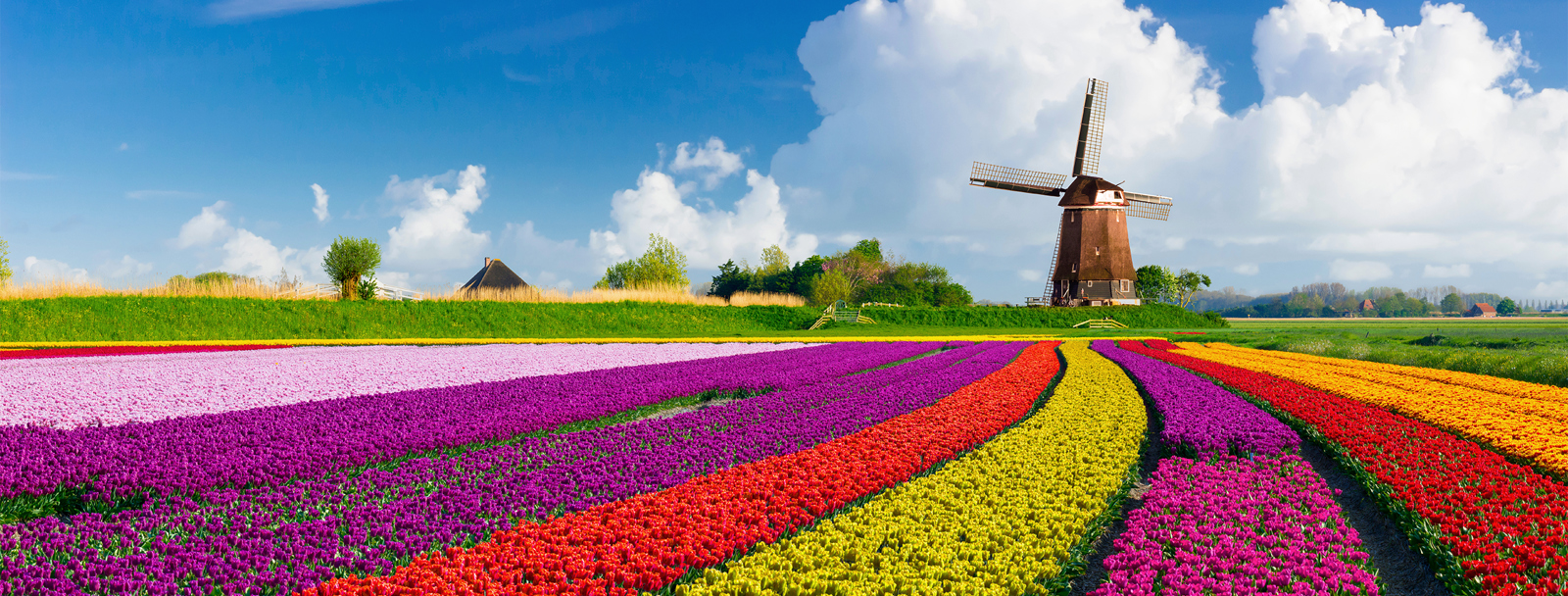
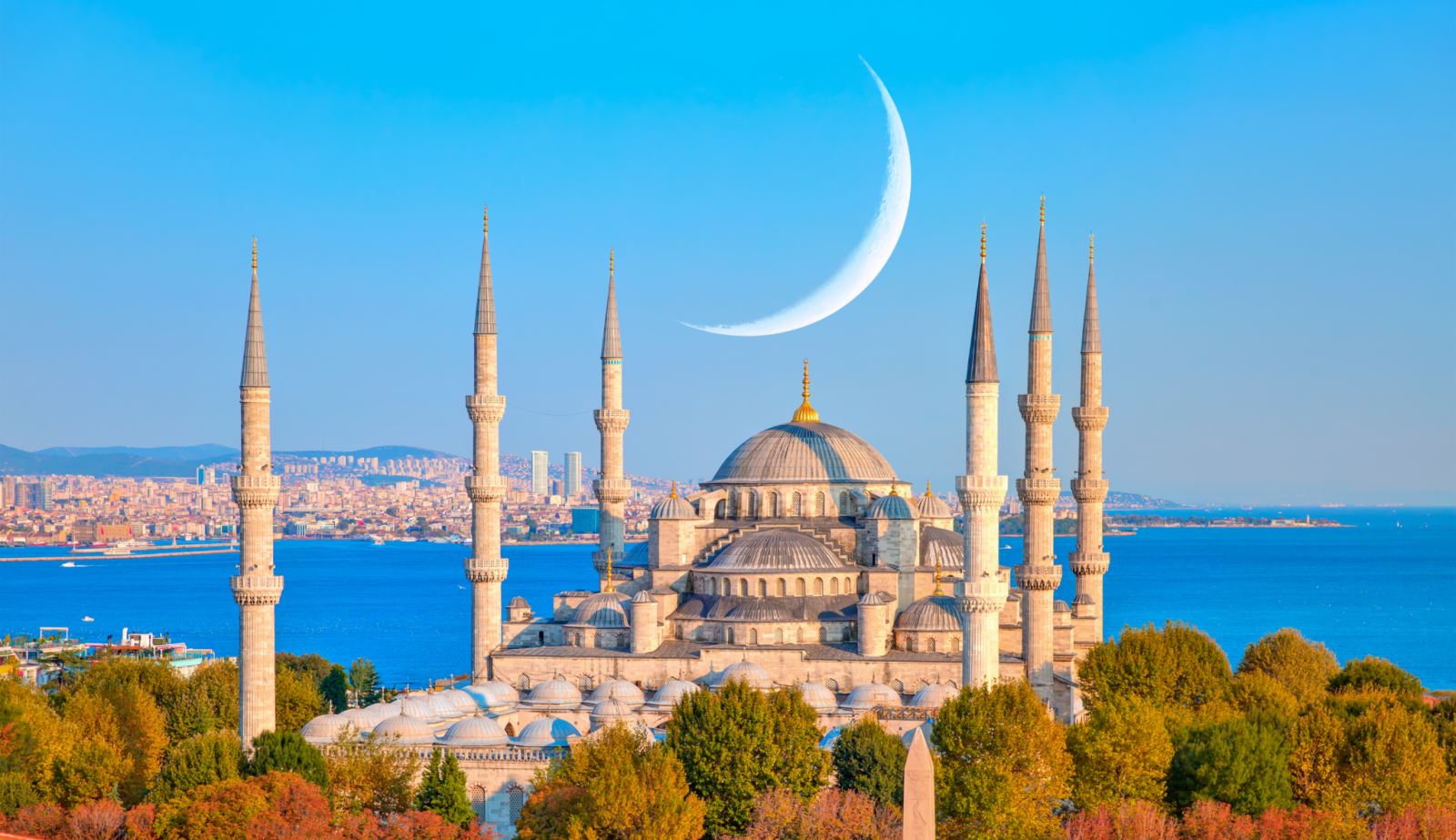
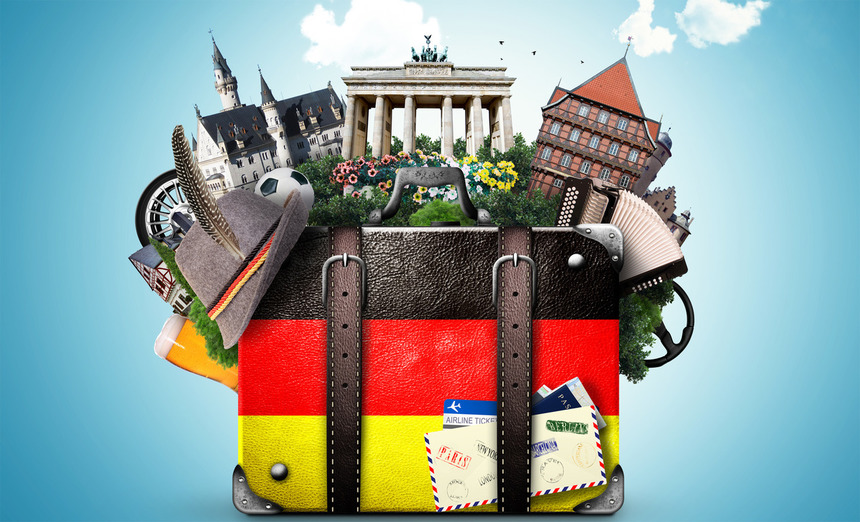



.jpg)



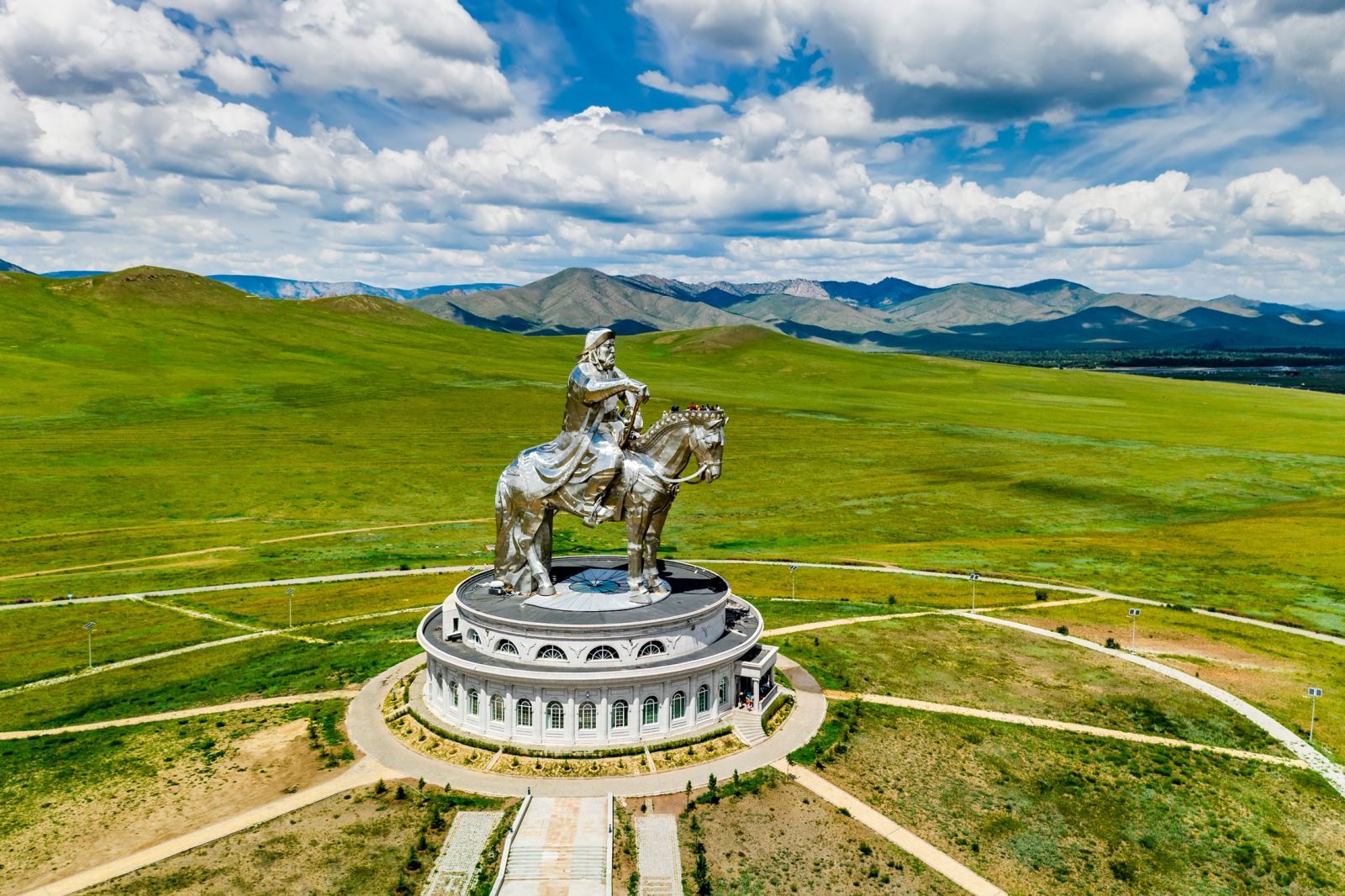

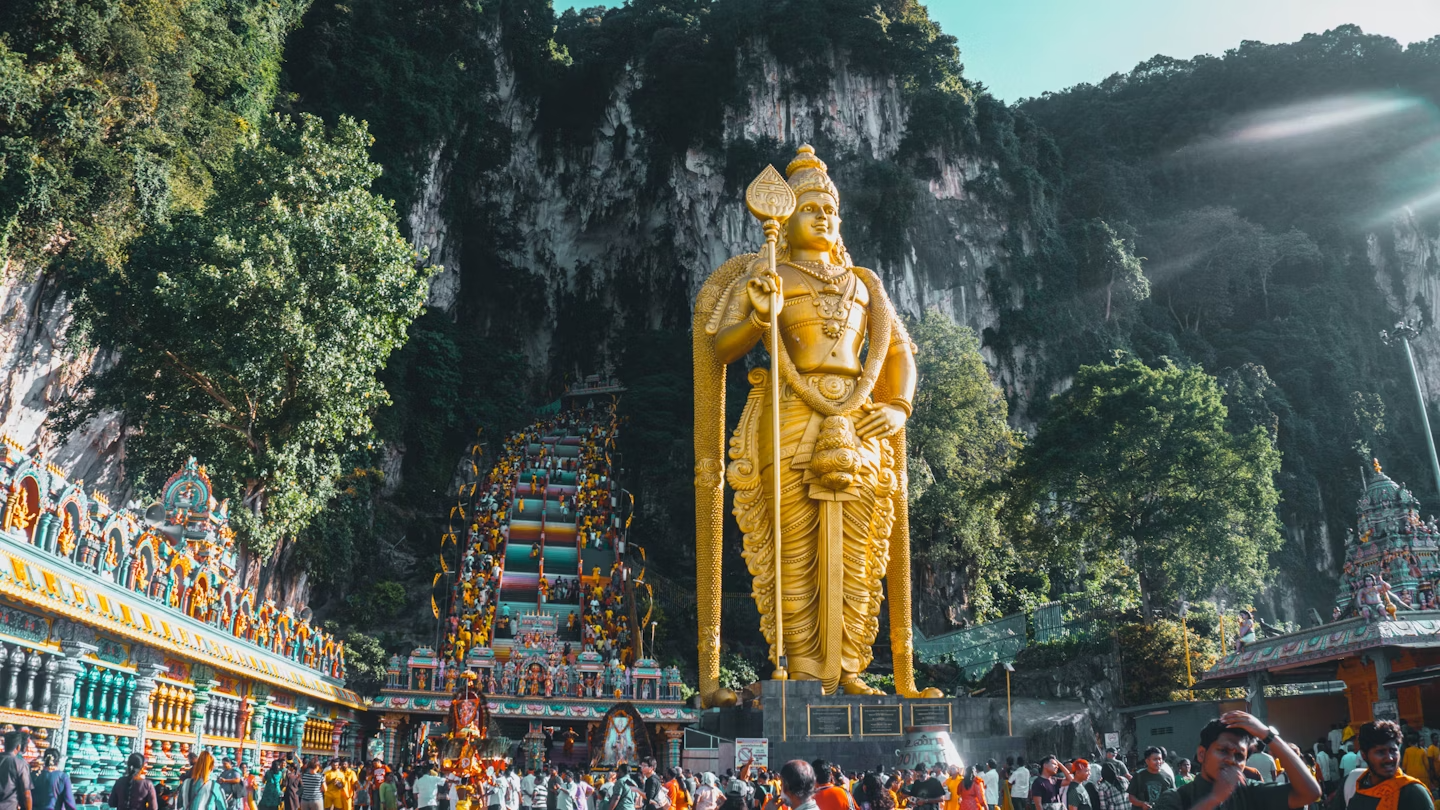
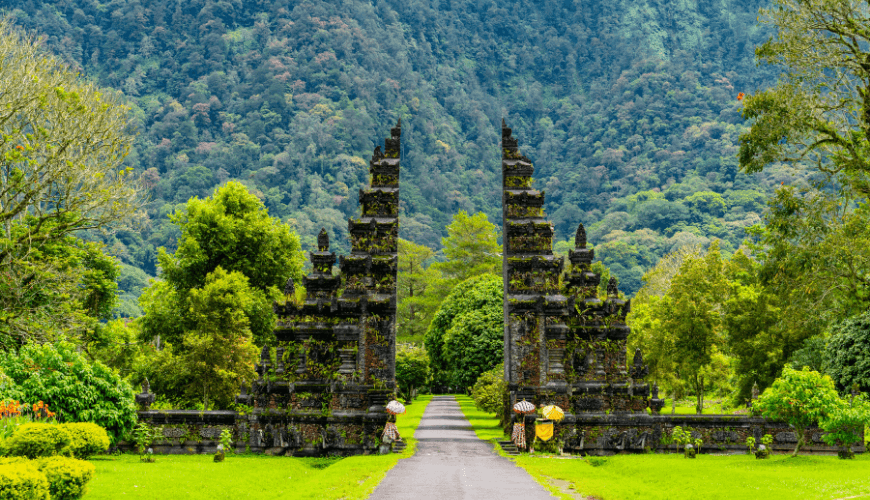
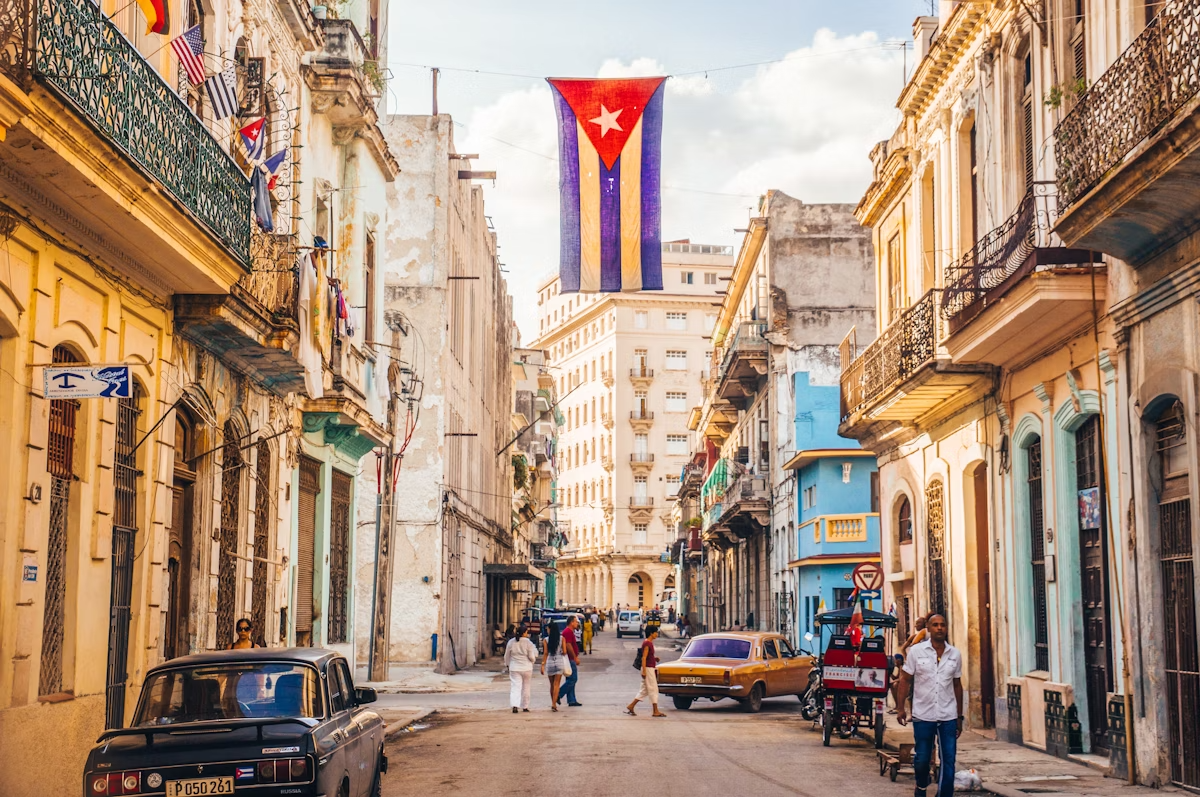

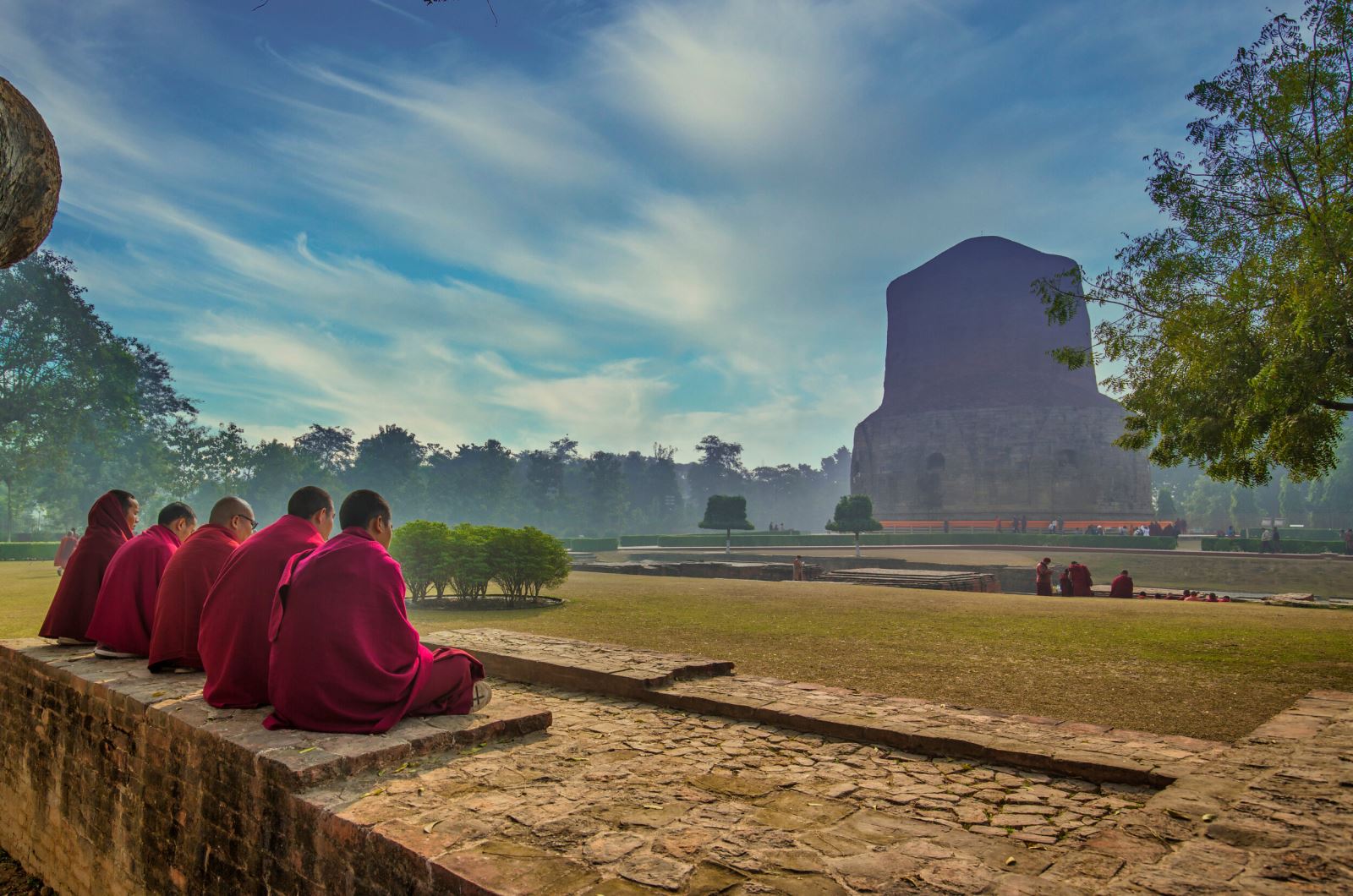



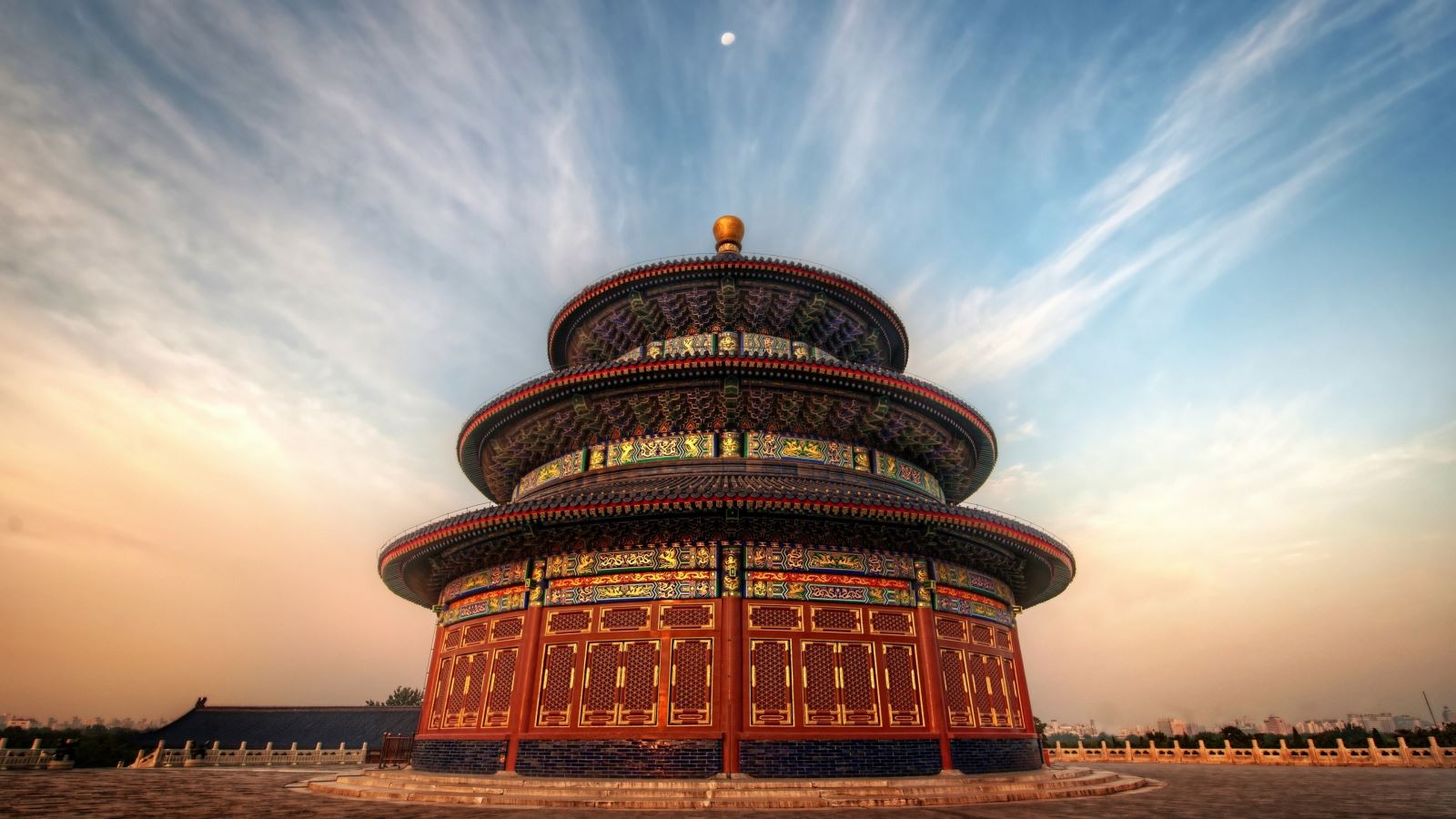
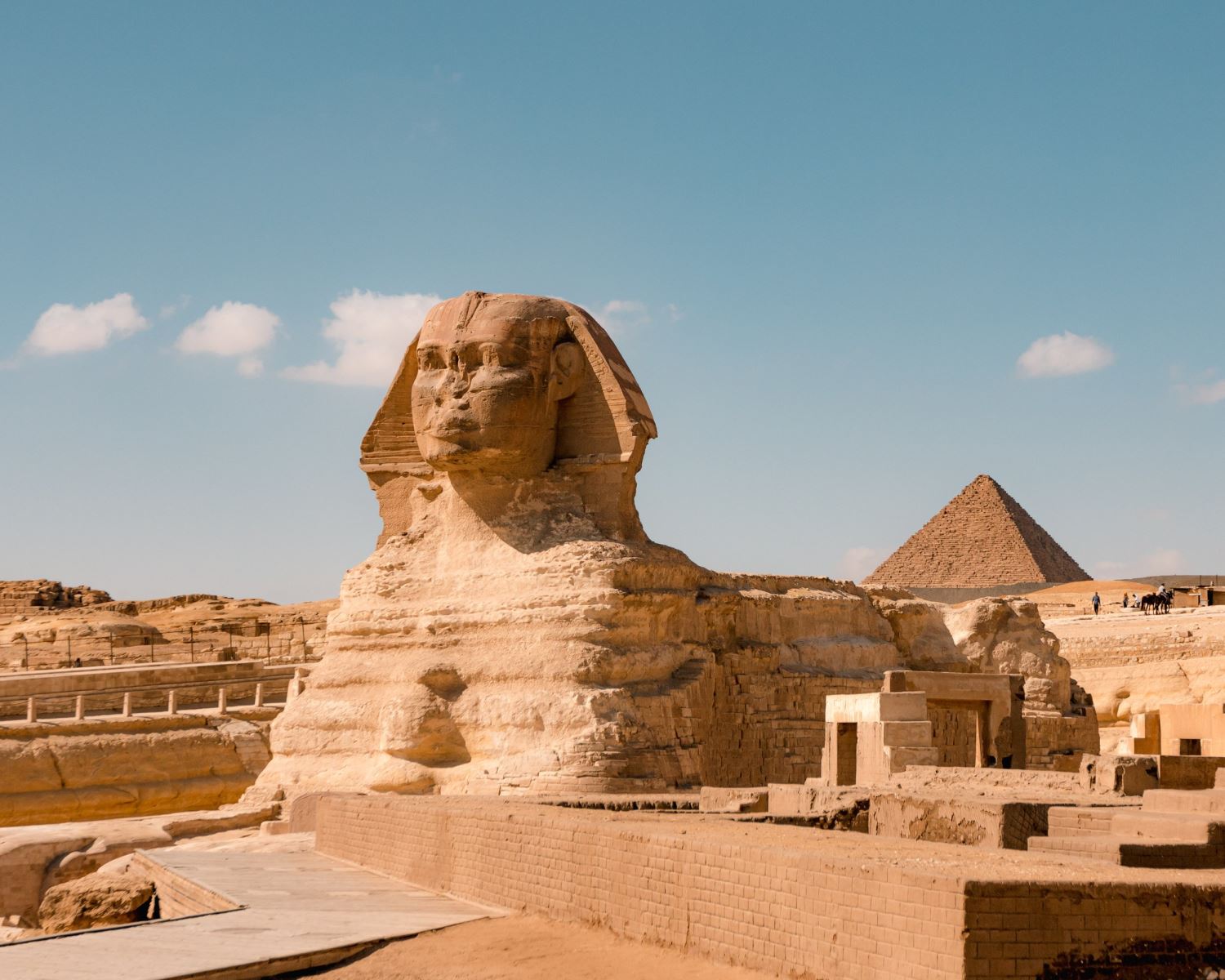
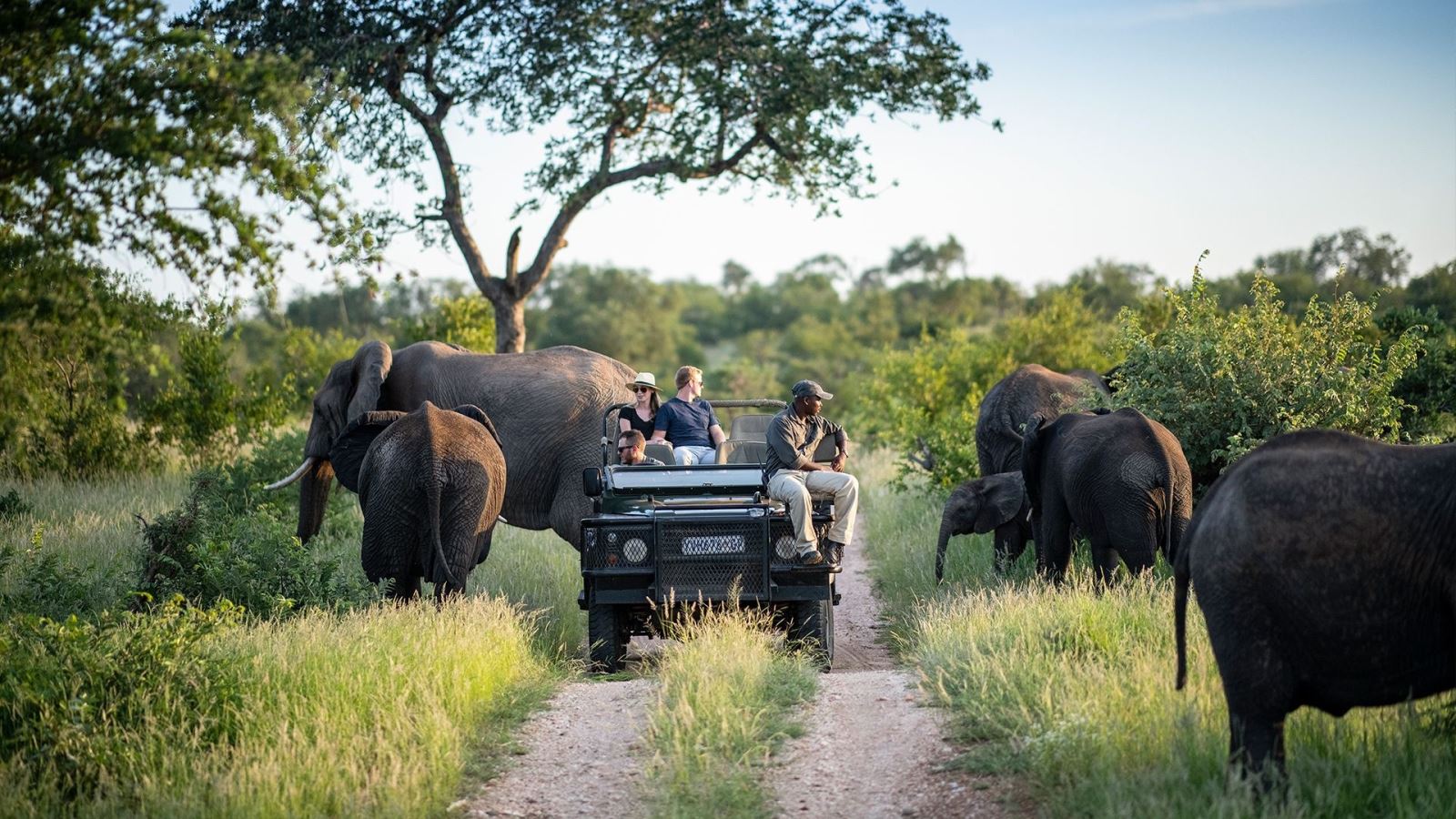
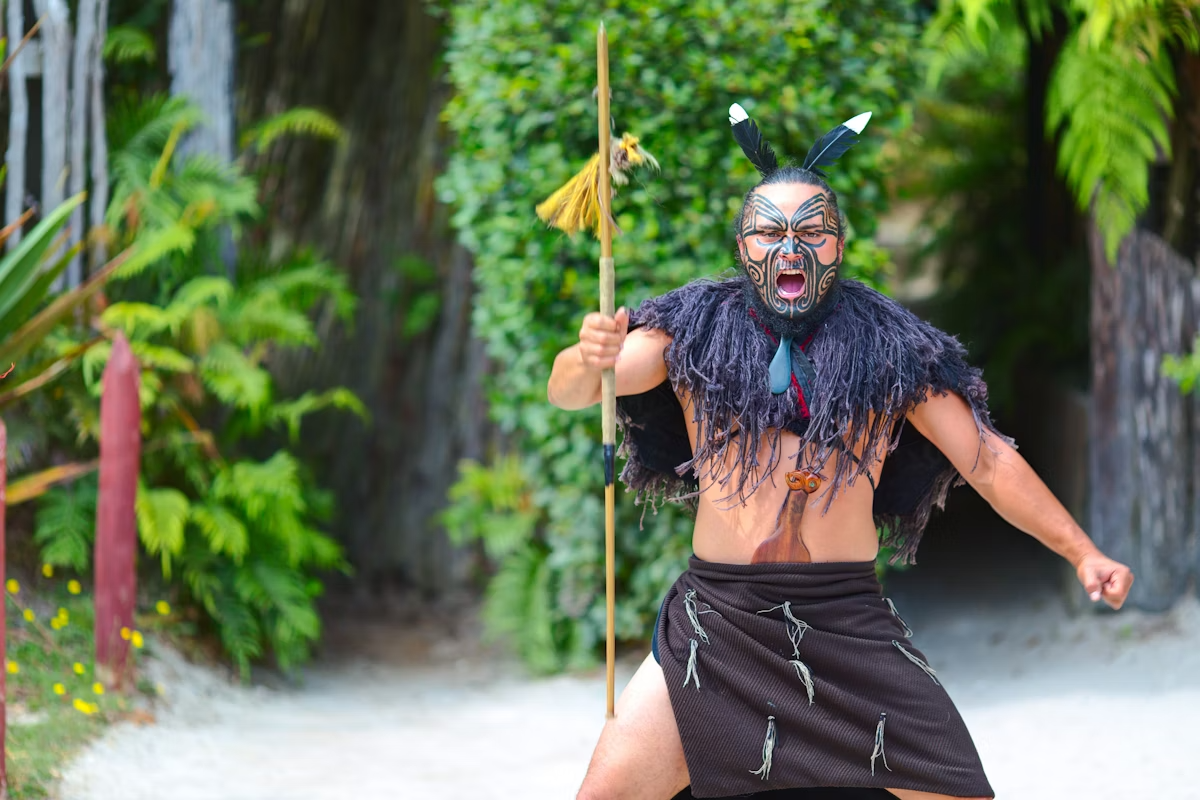

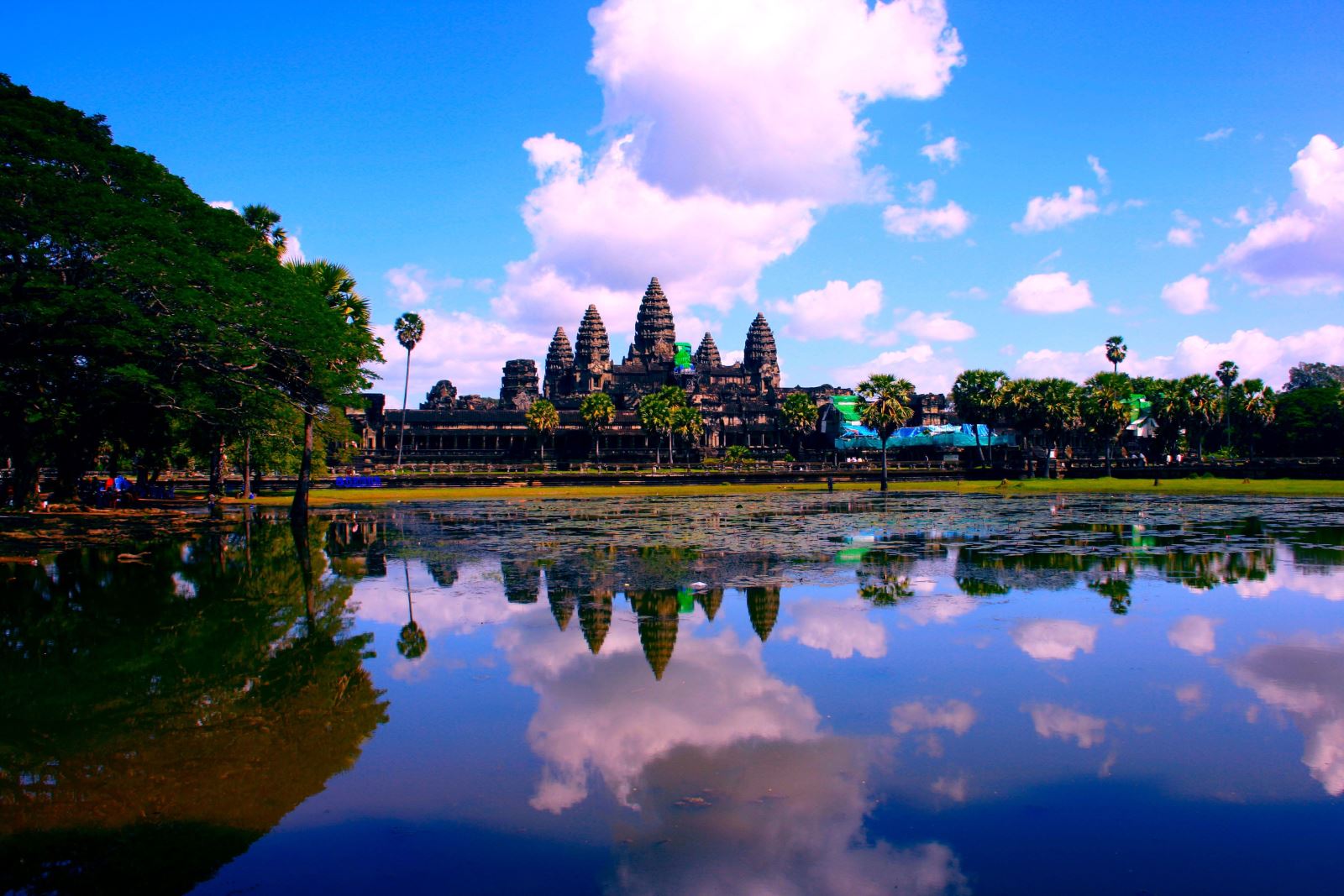
.png)
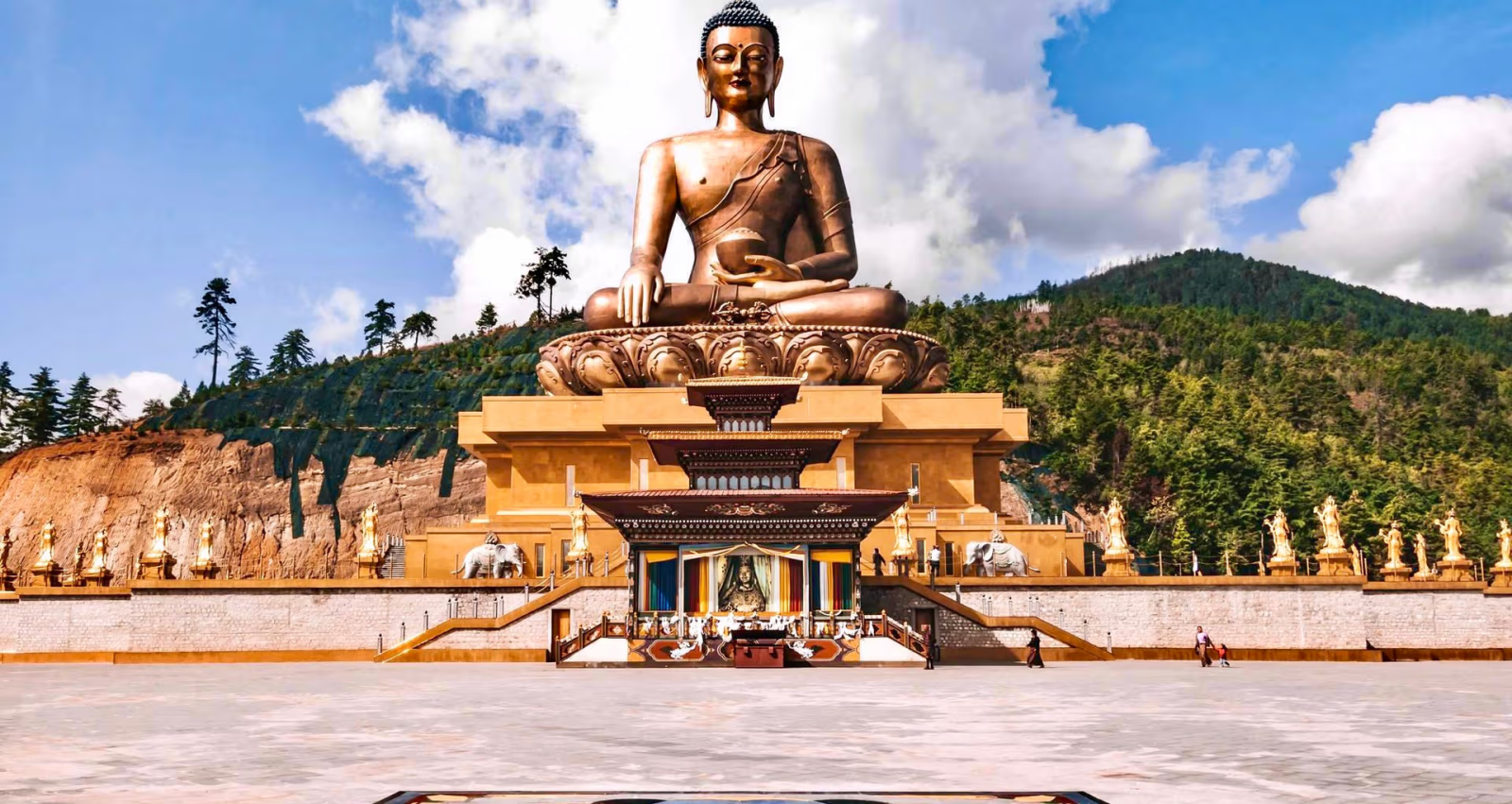



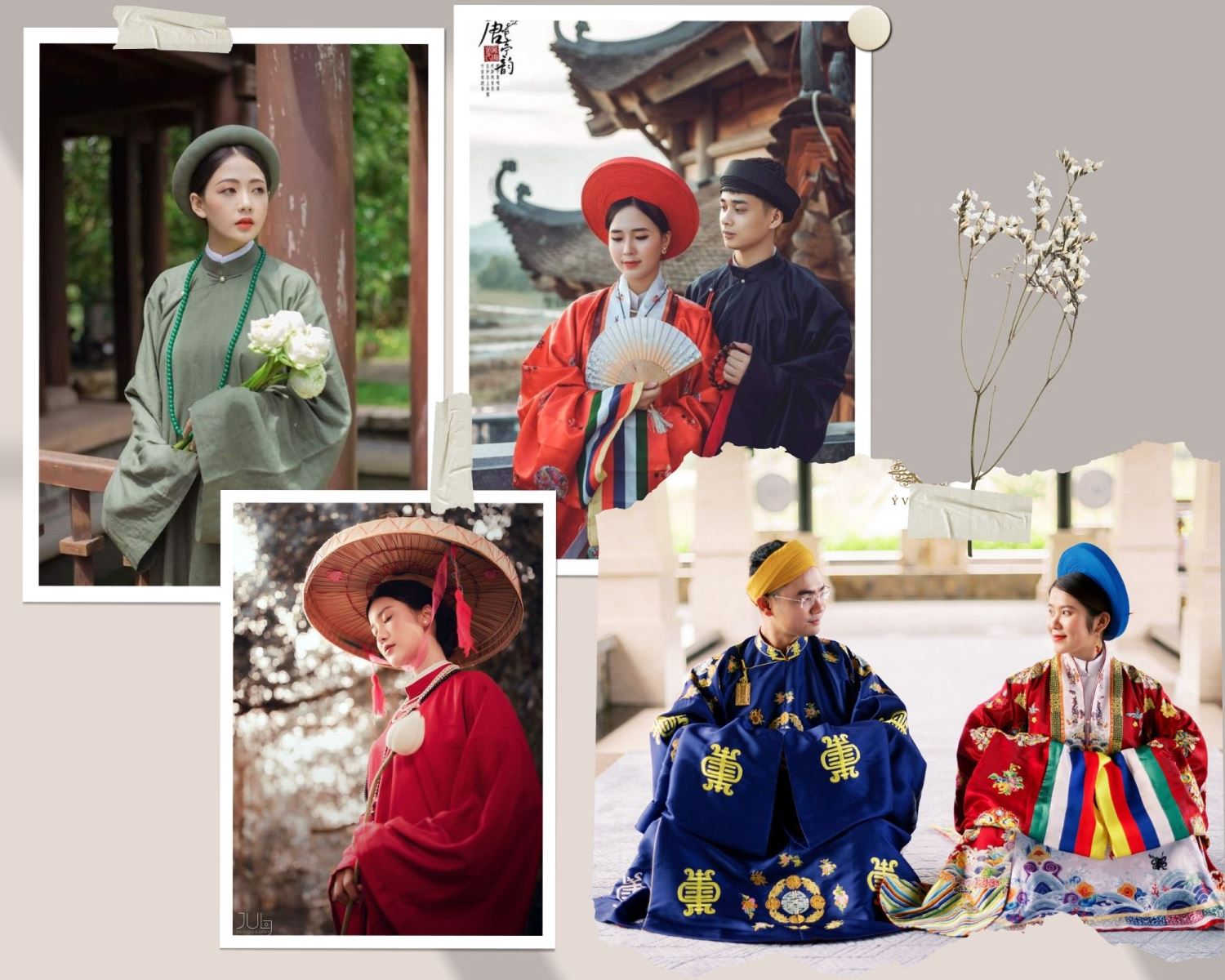



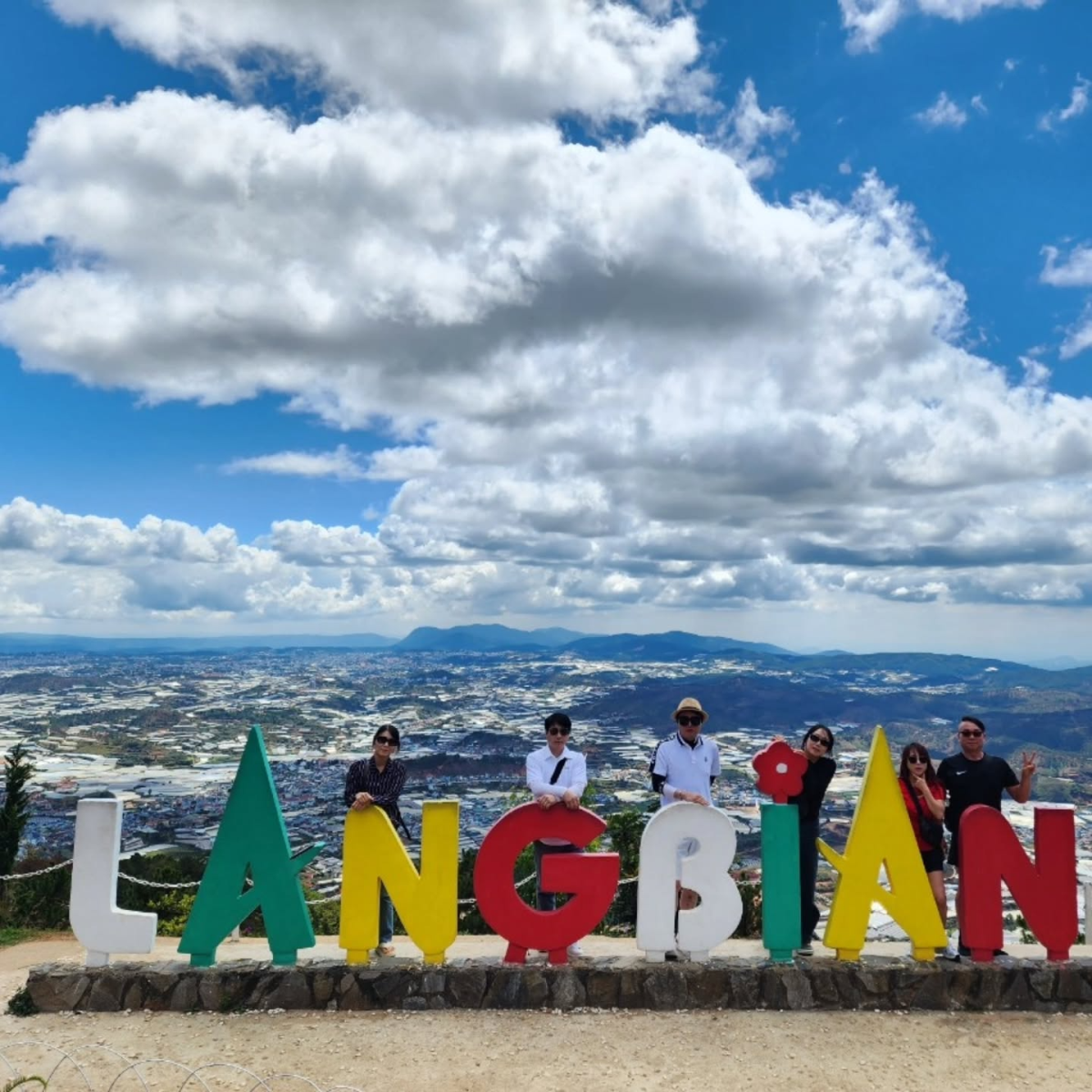

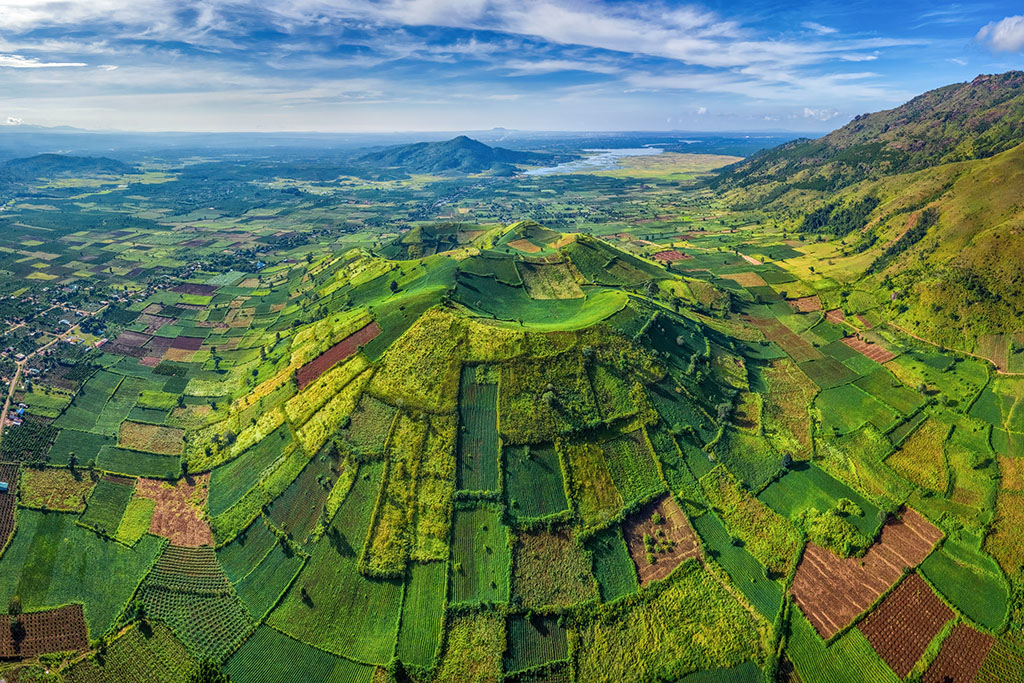
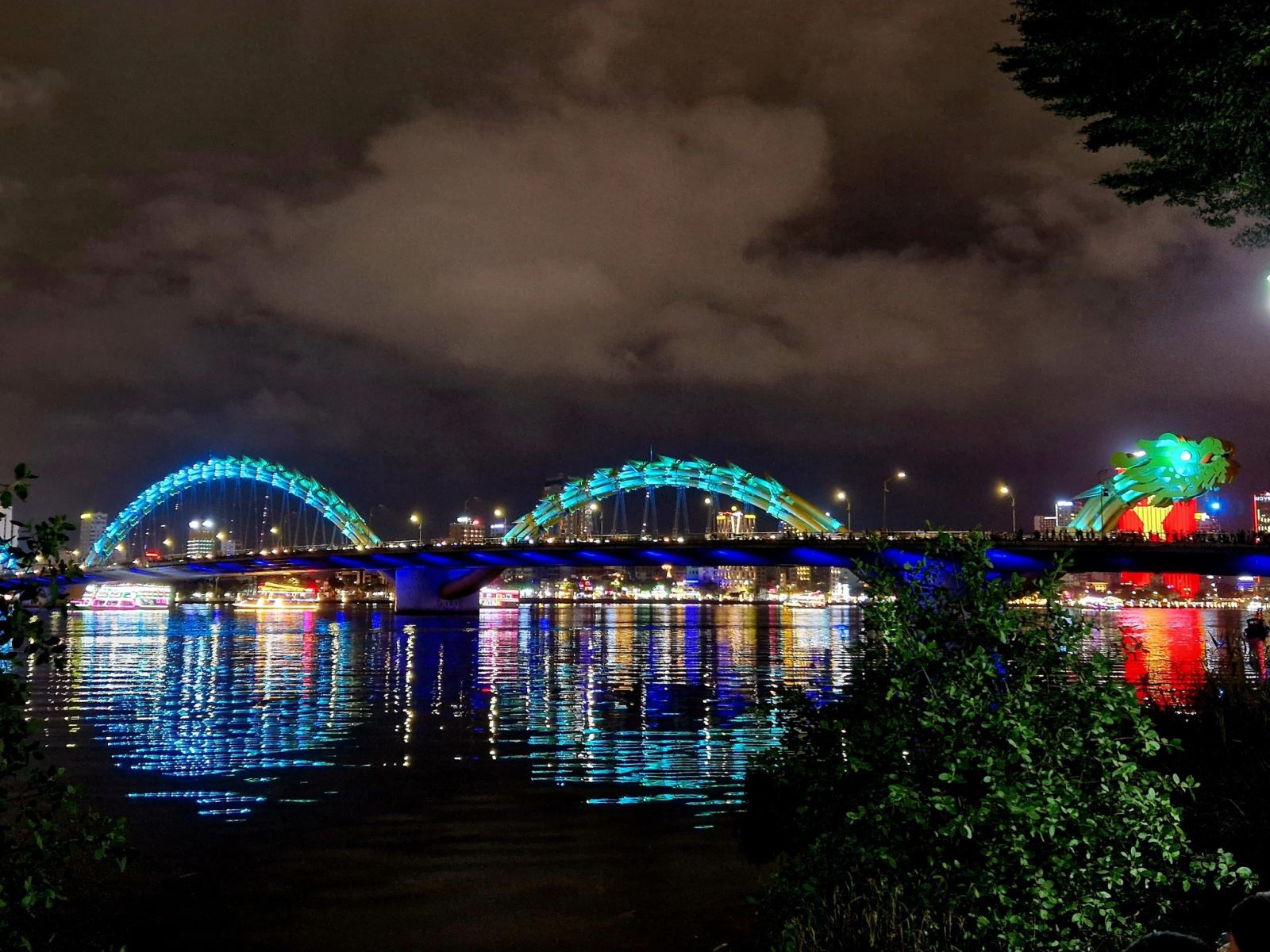
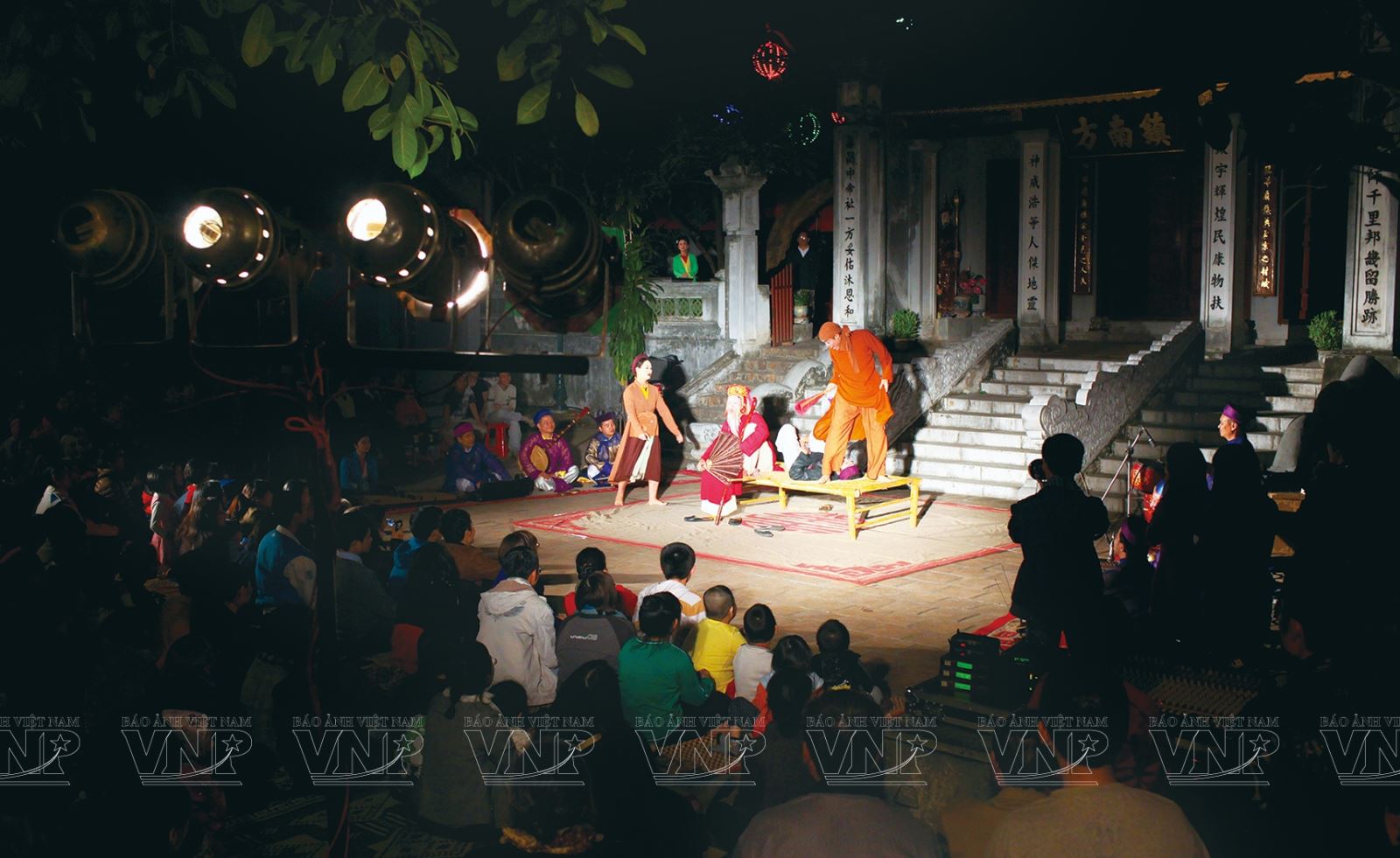
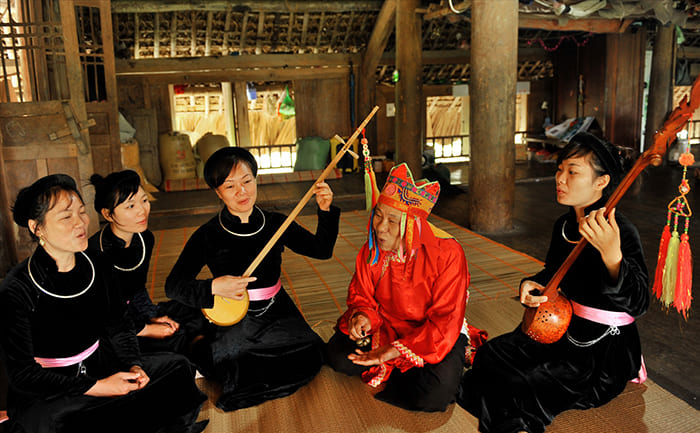
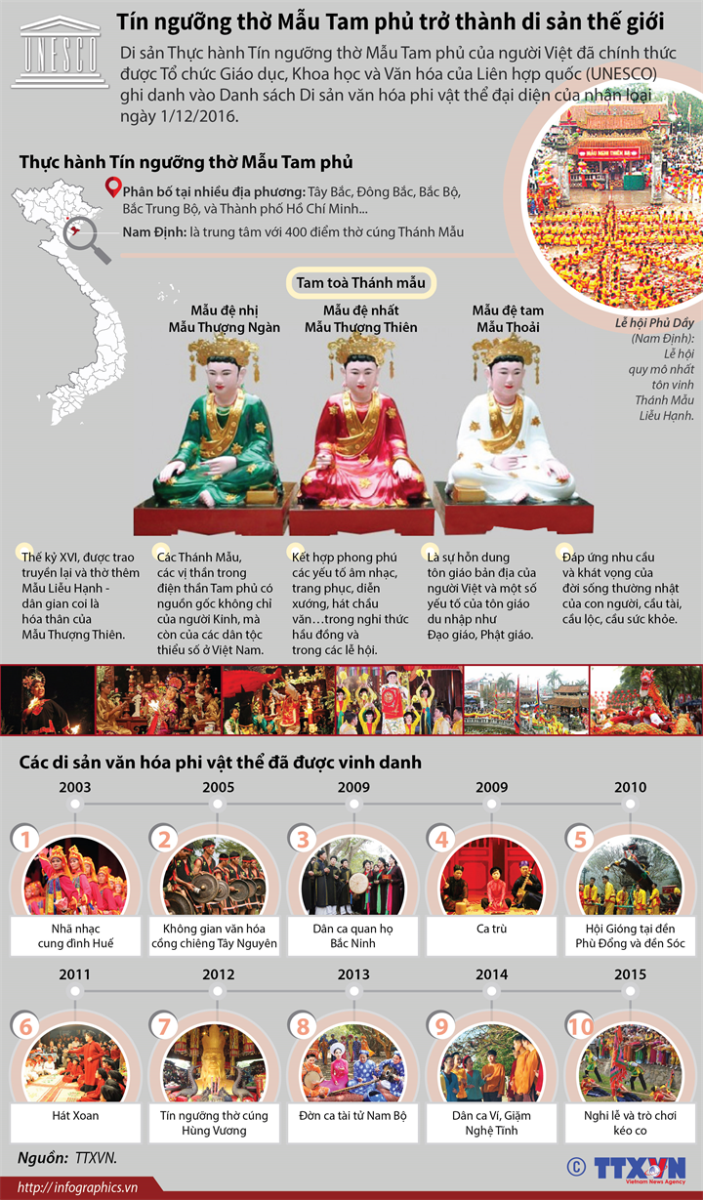
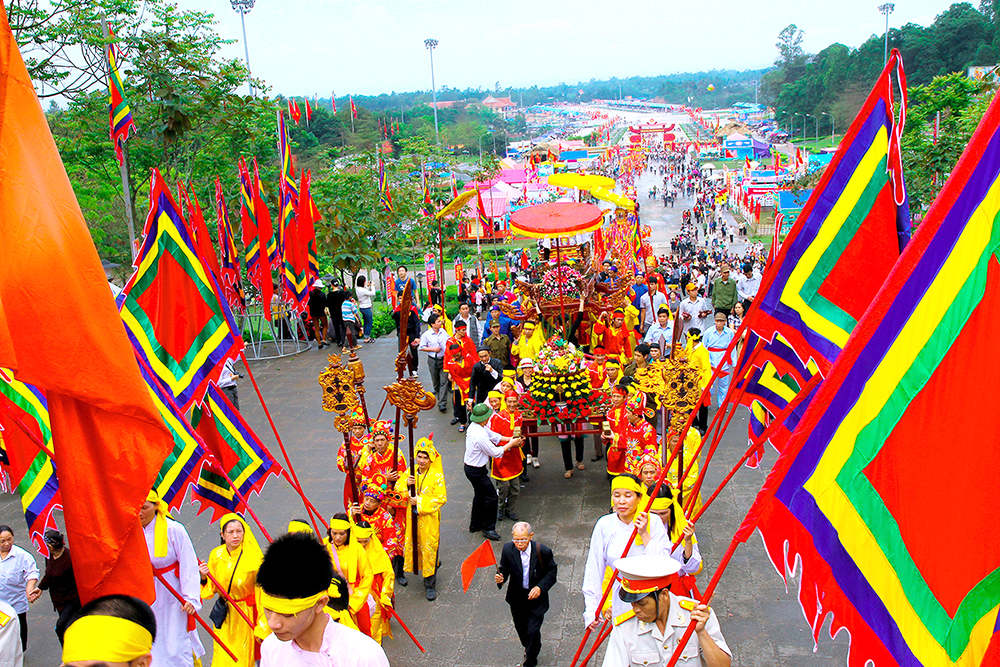
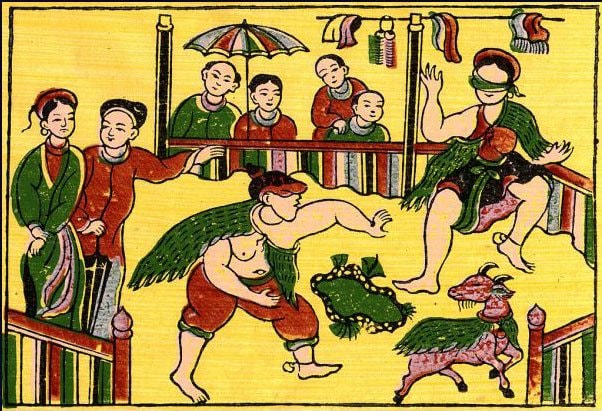
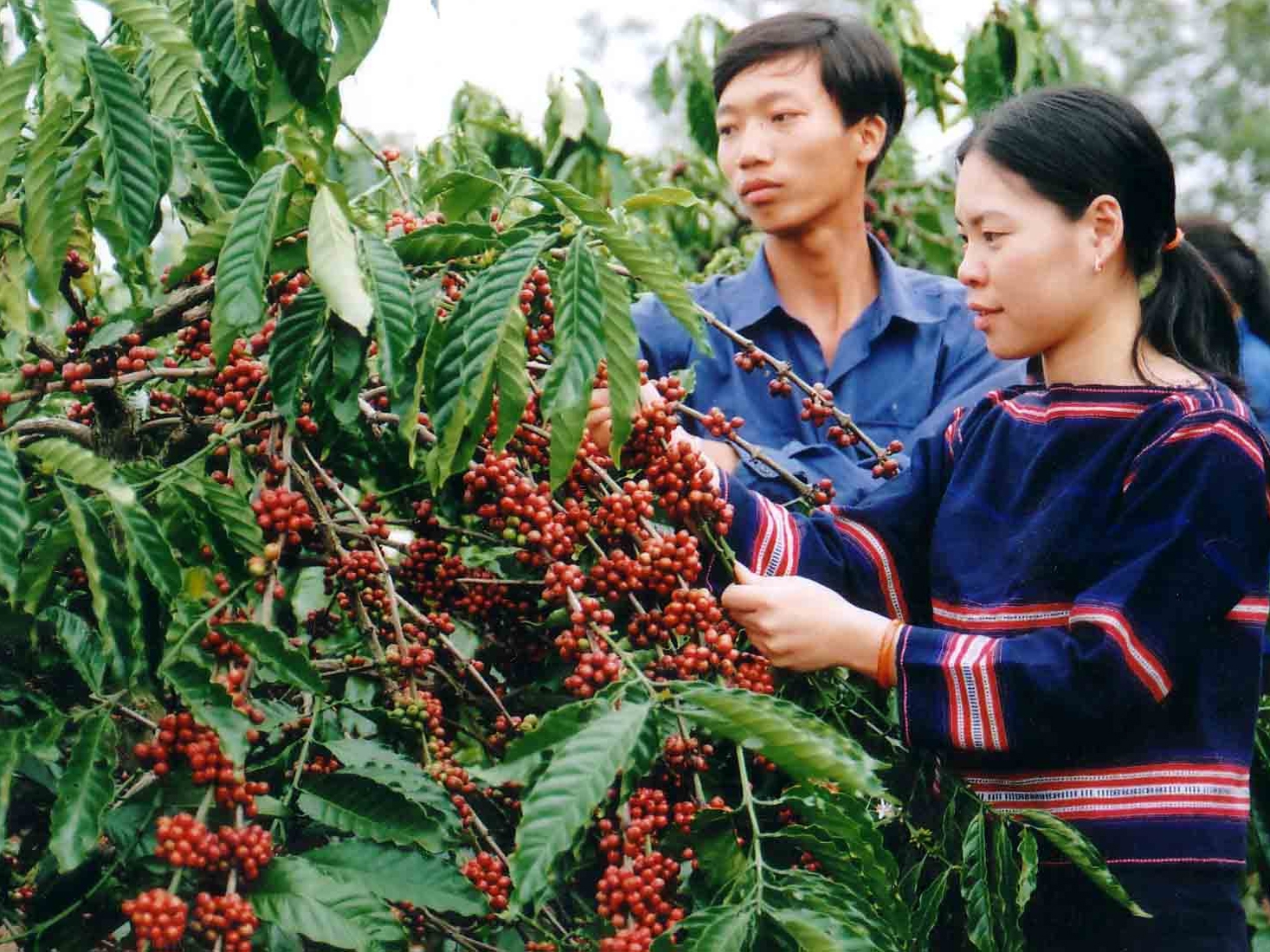
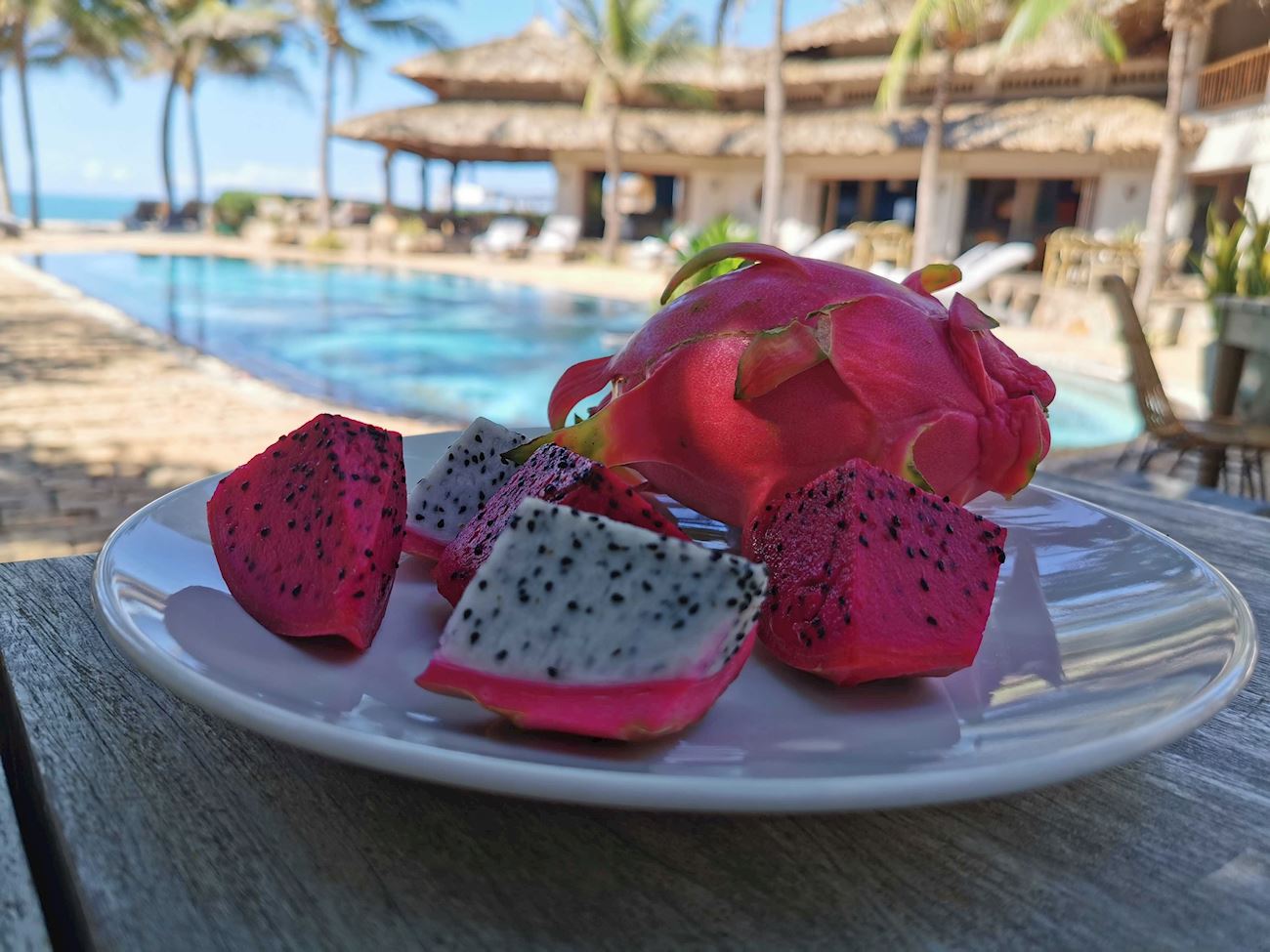
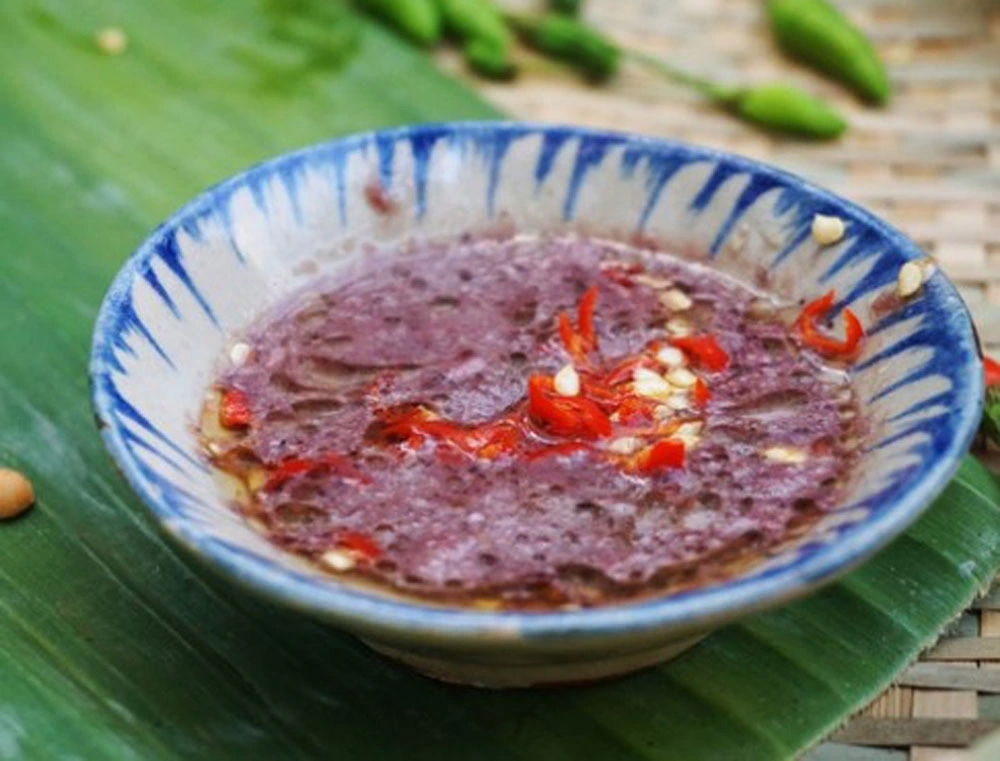
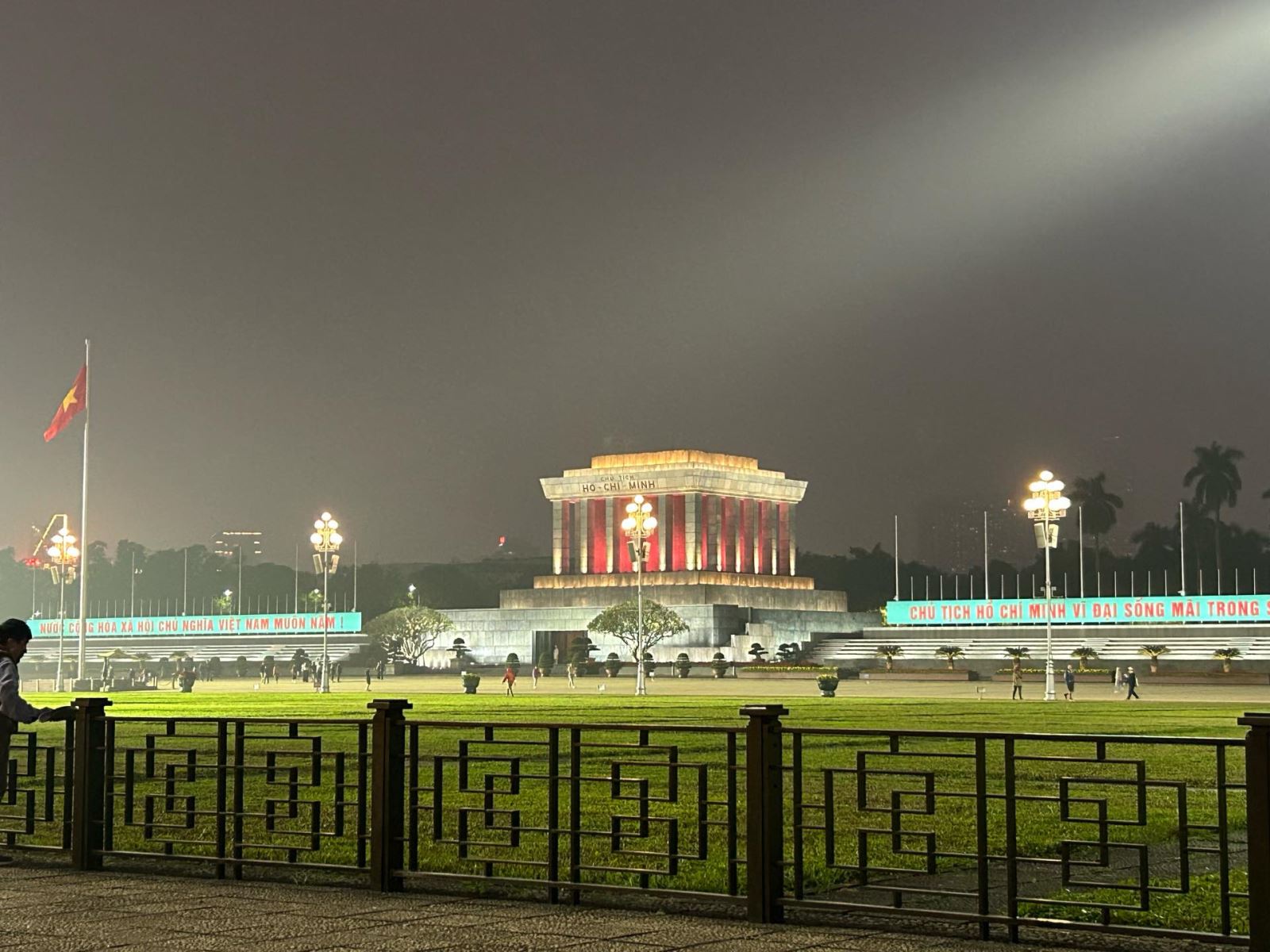
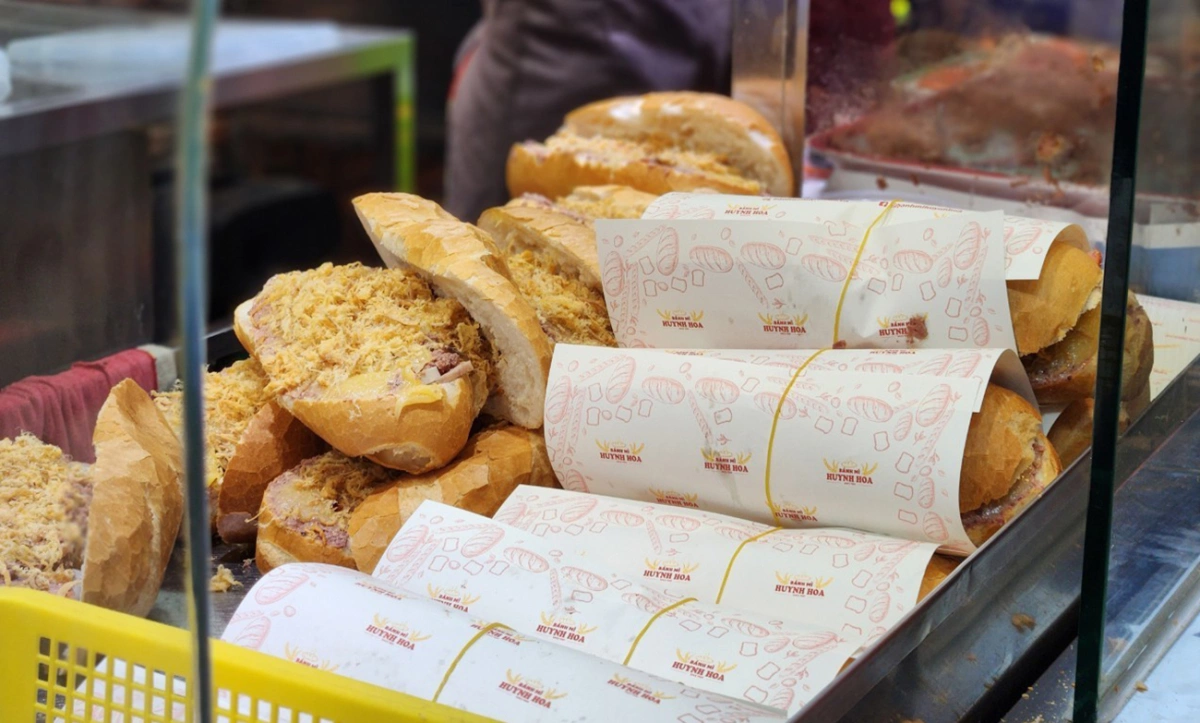
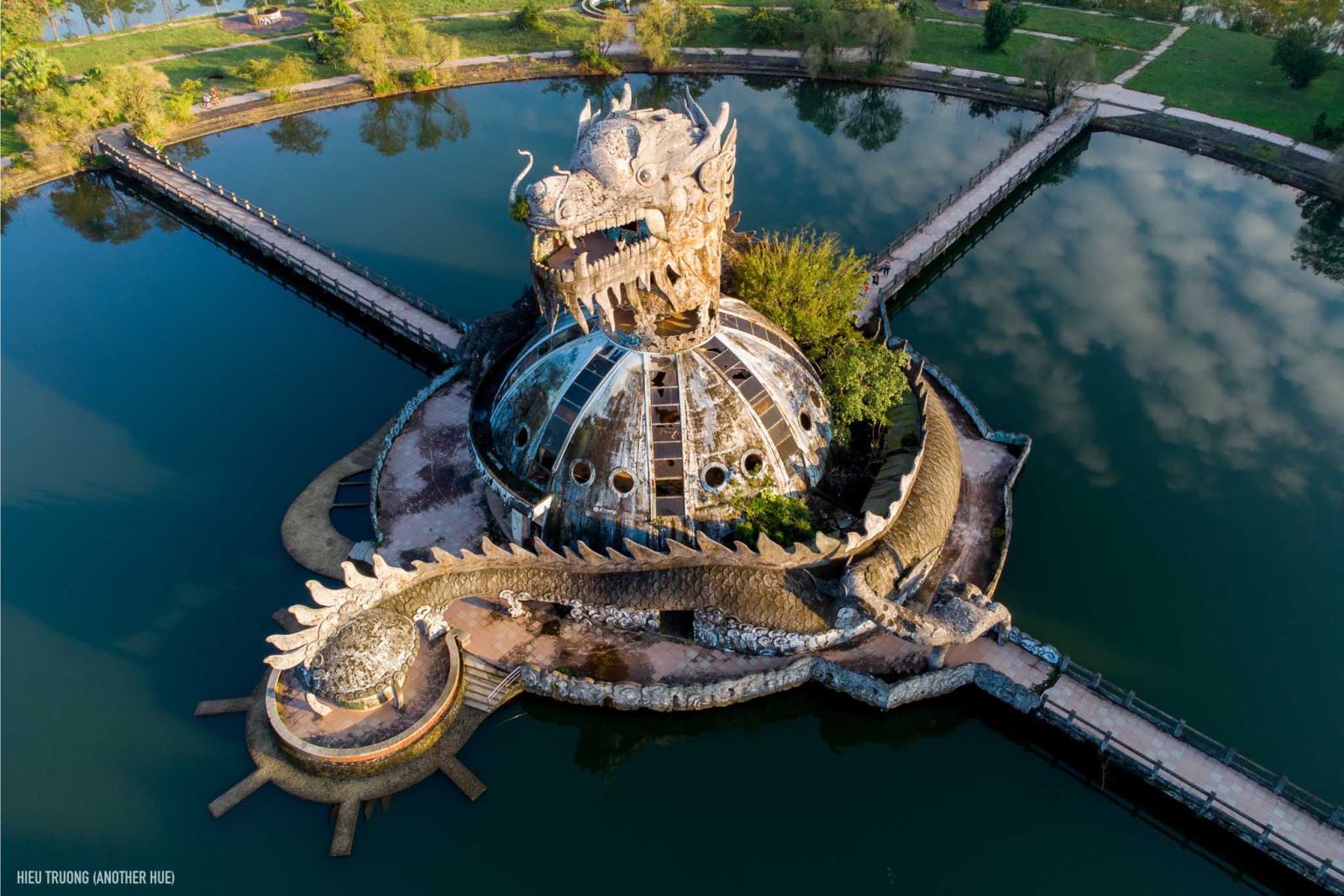
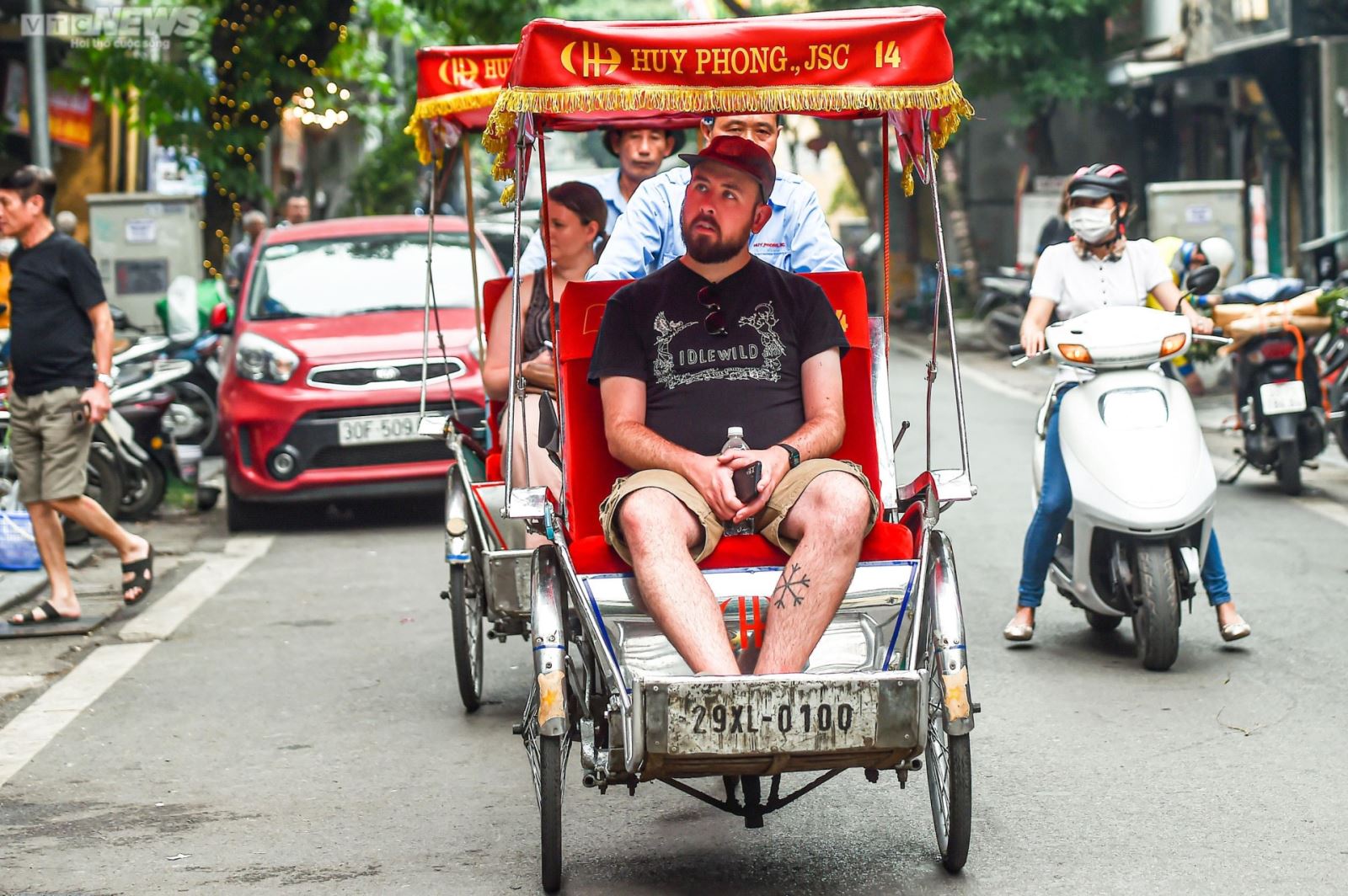
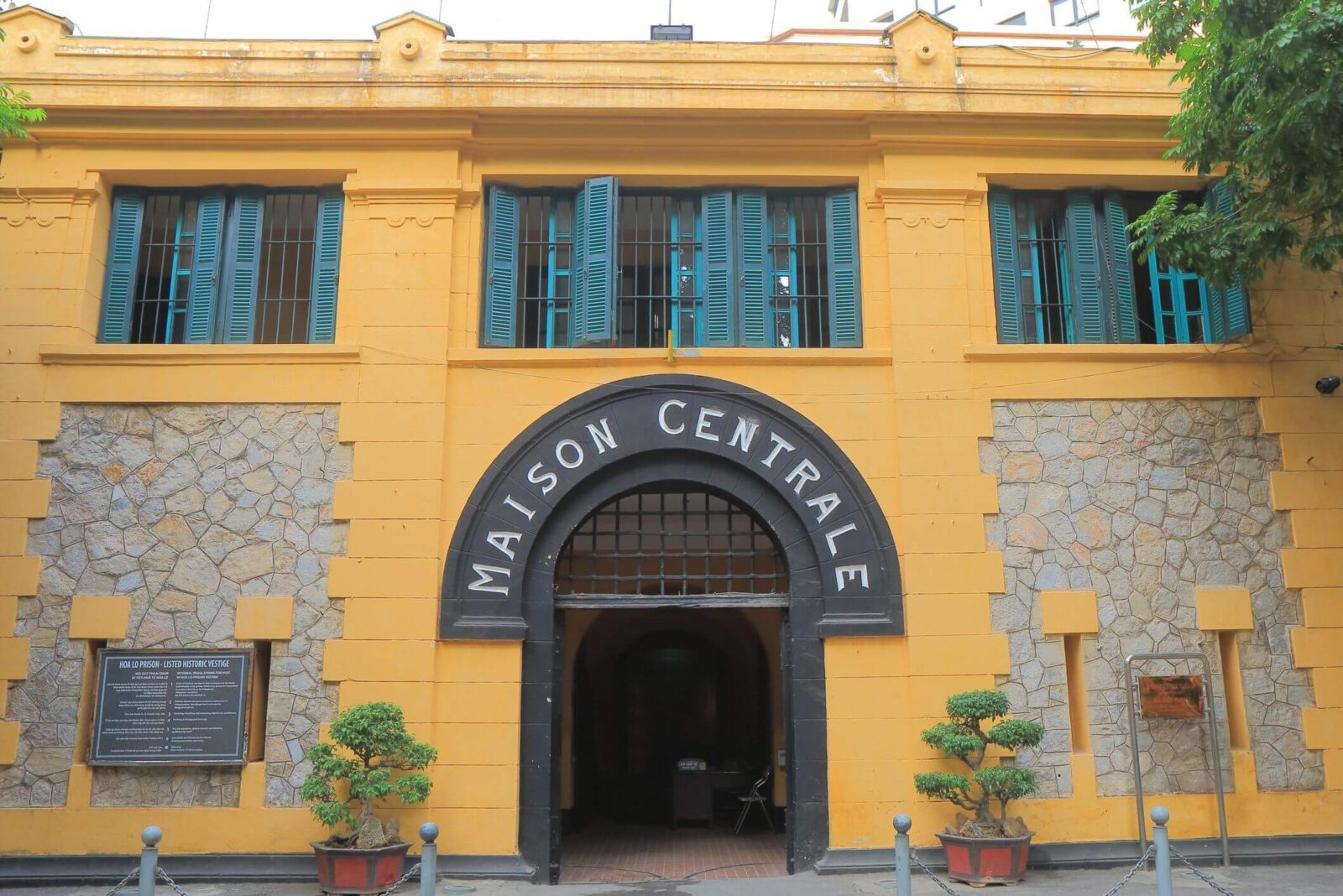
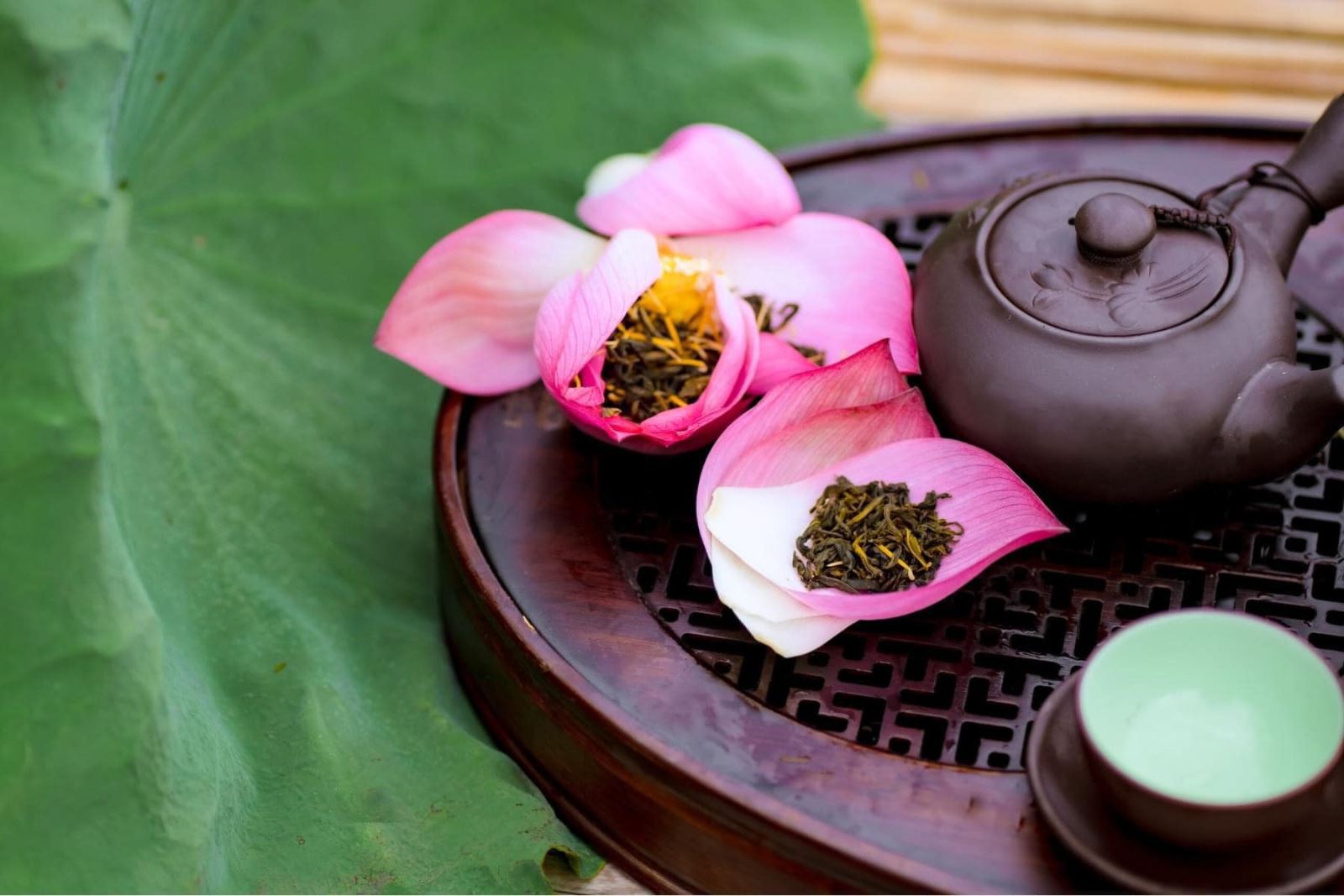
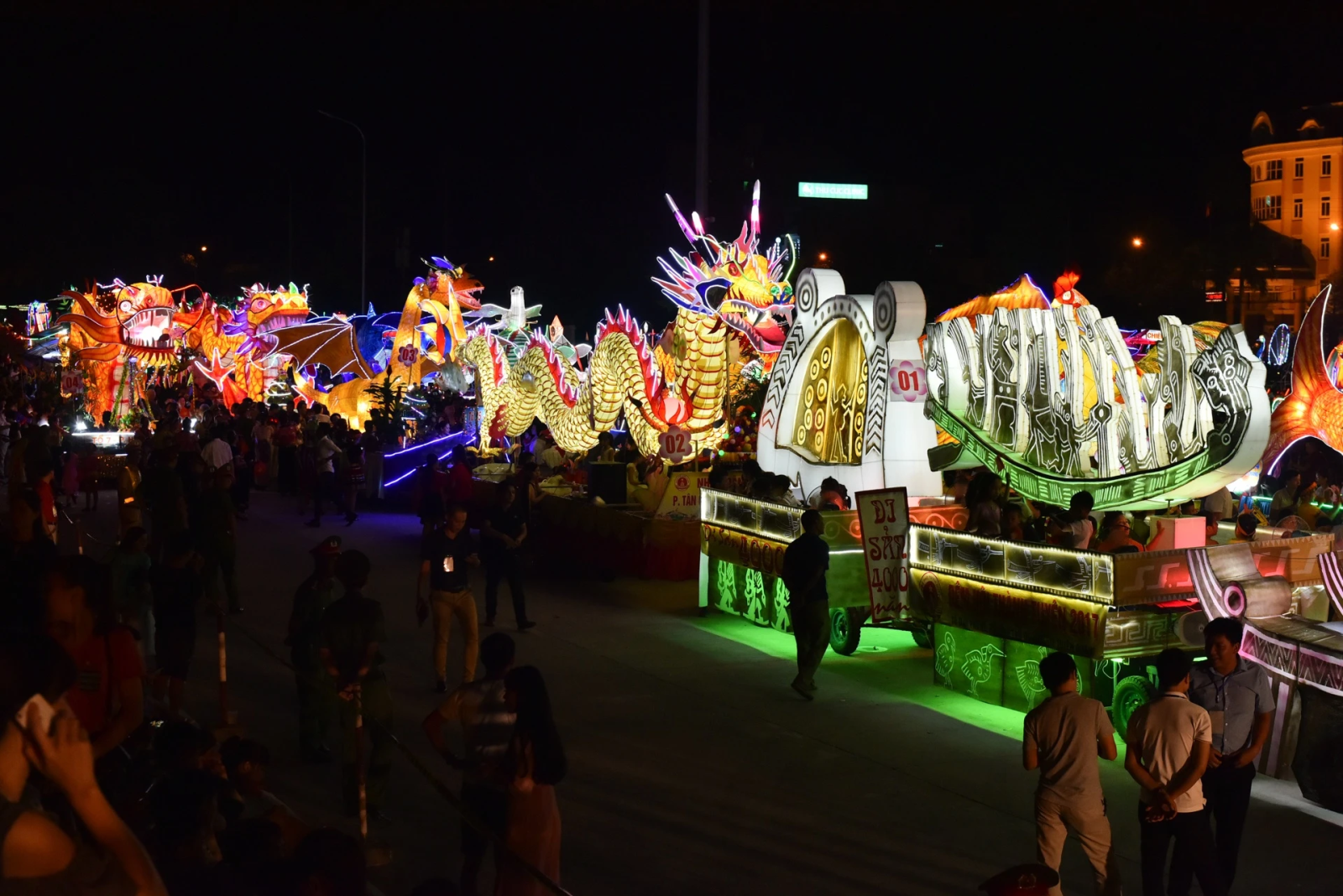
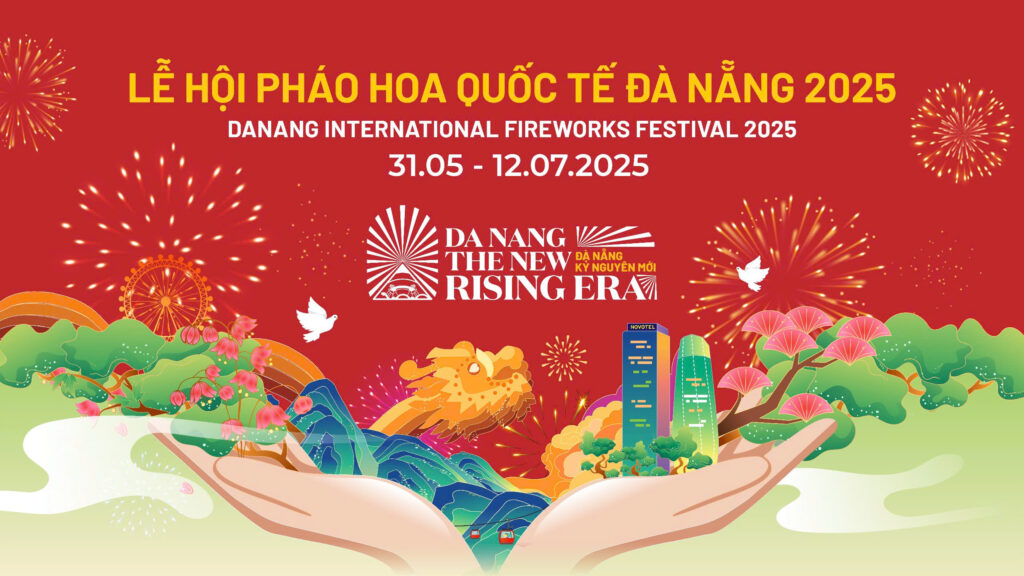
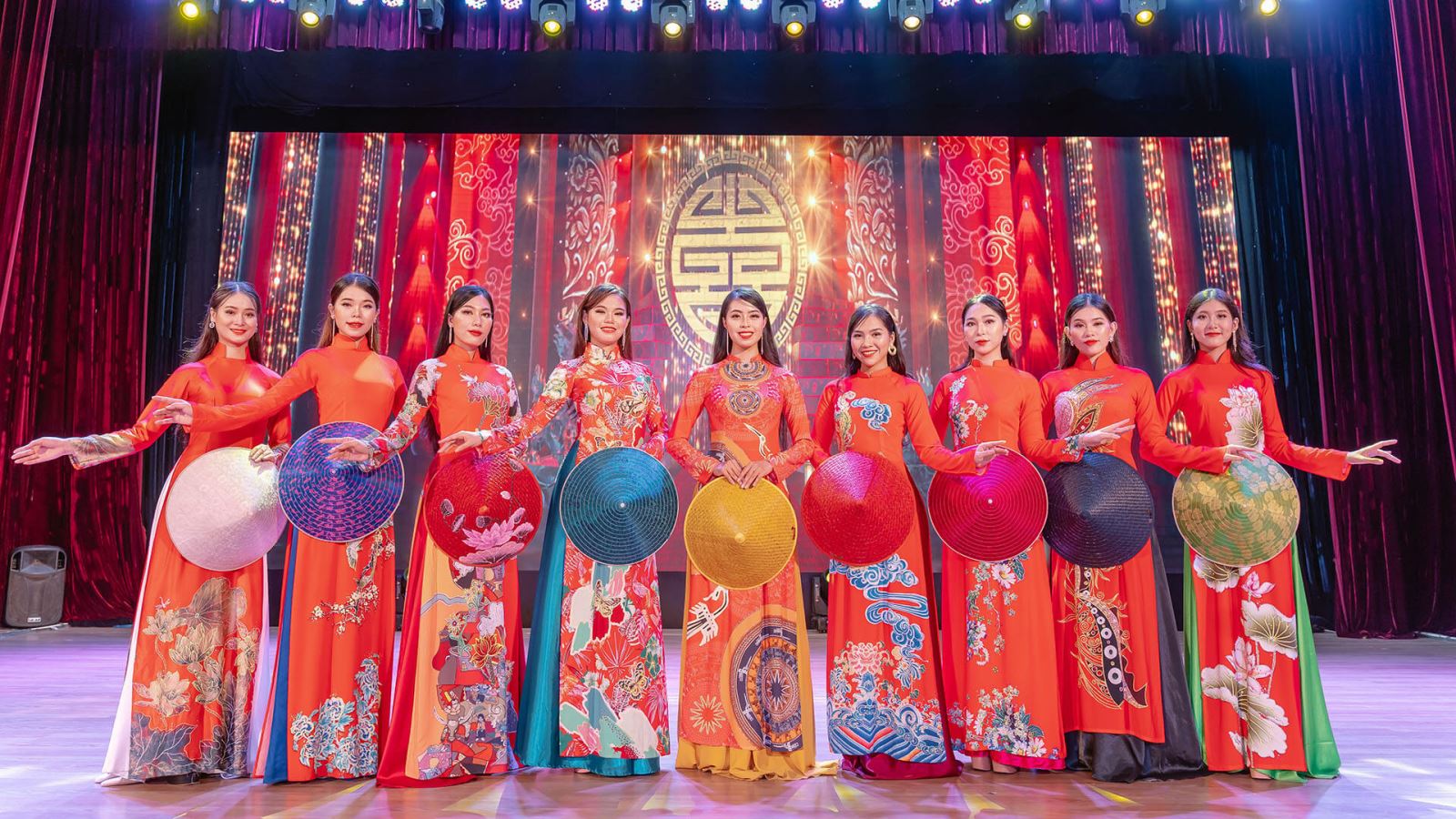


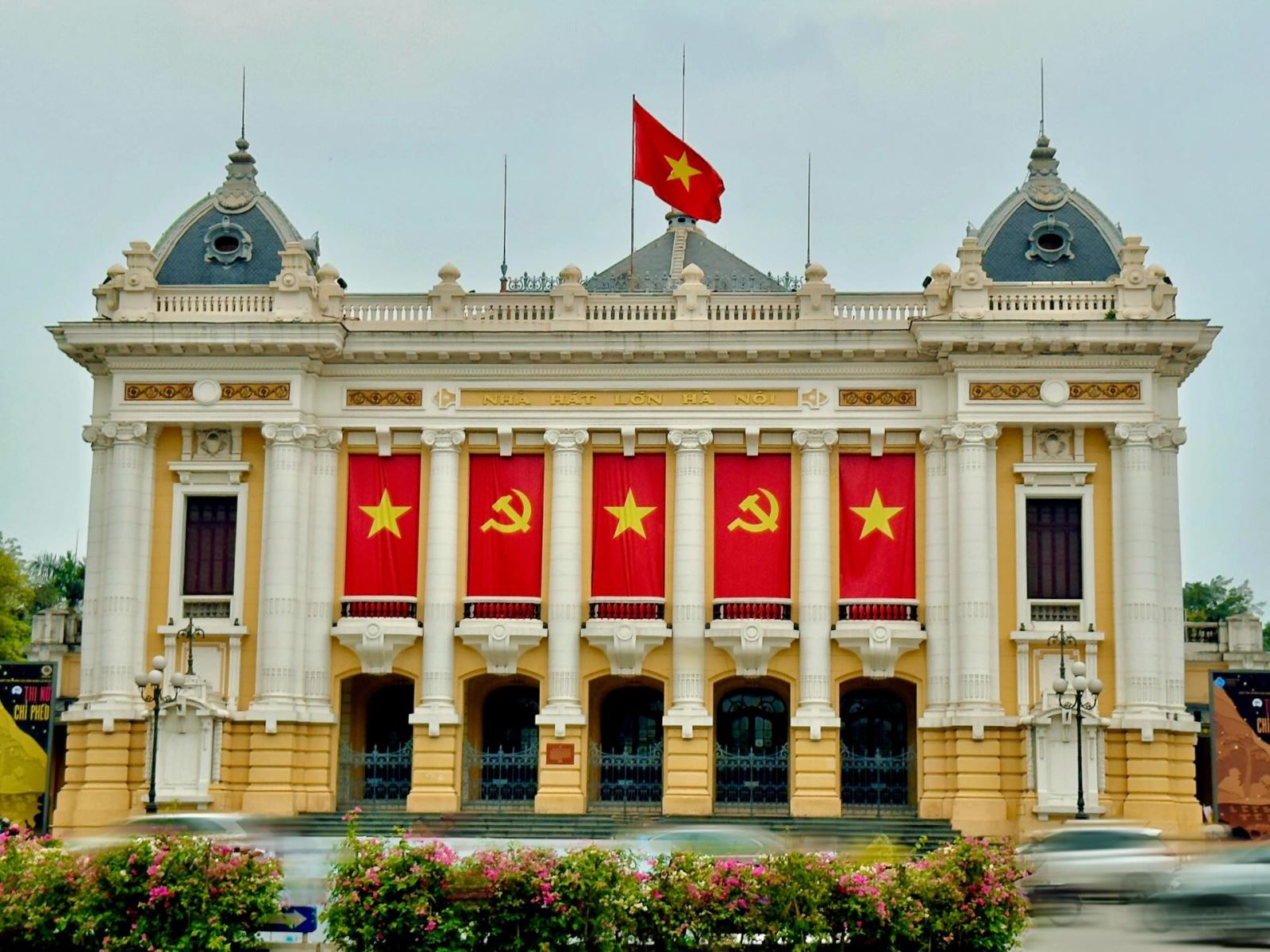
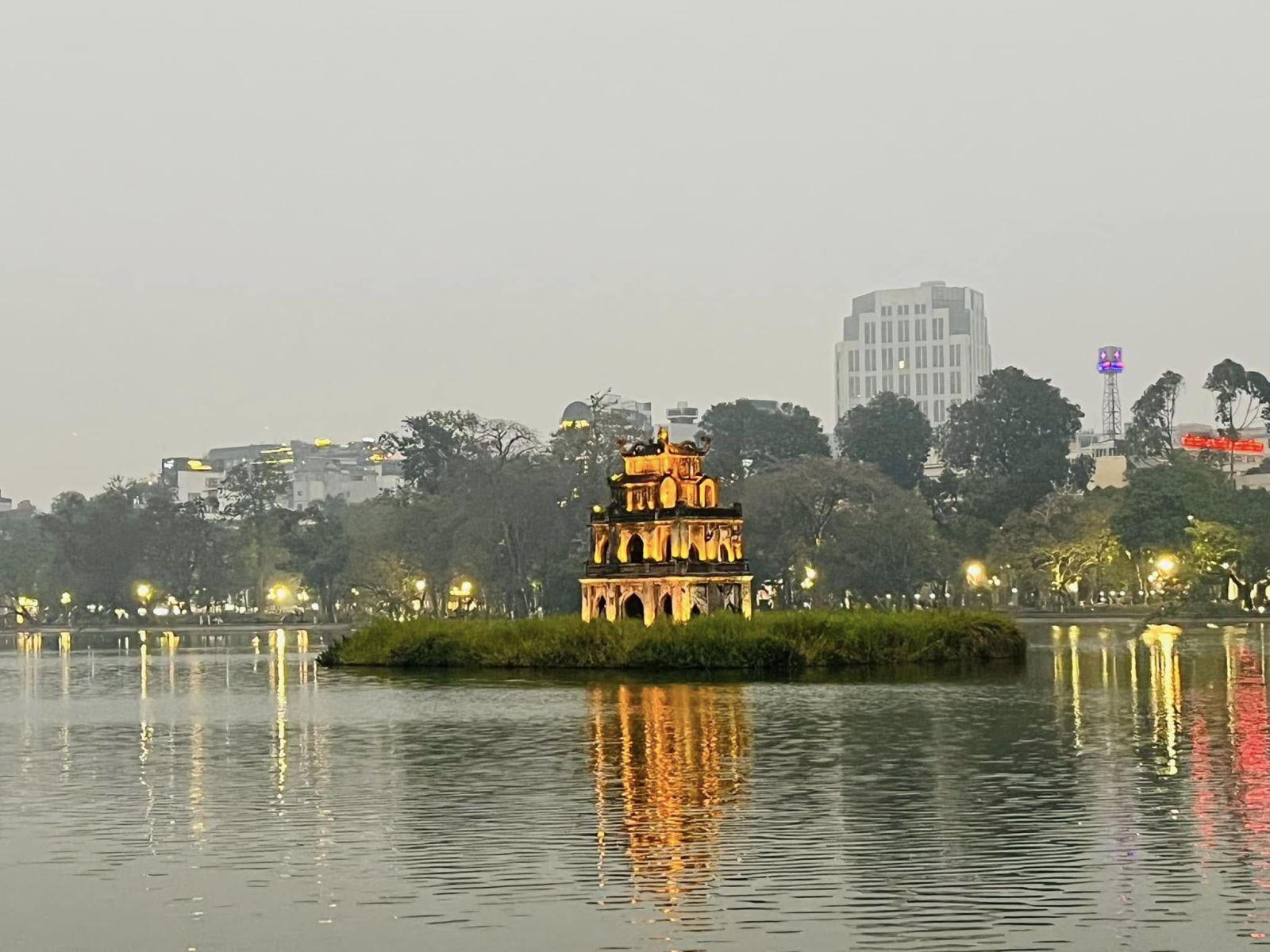
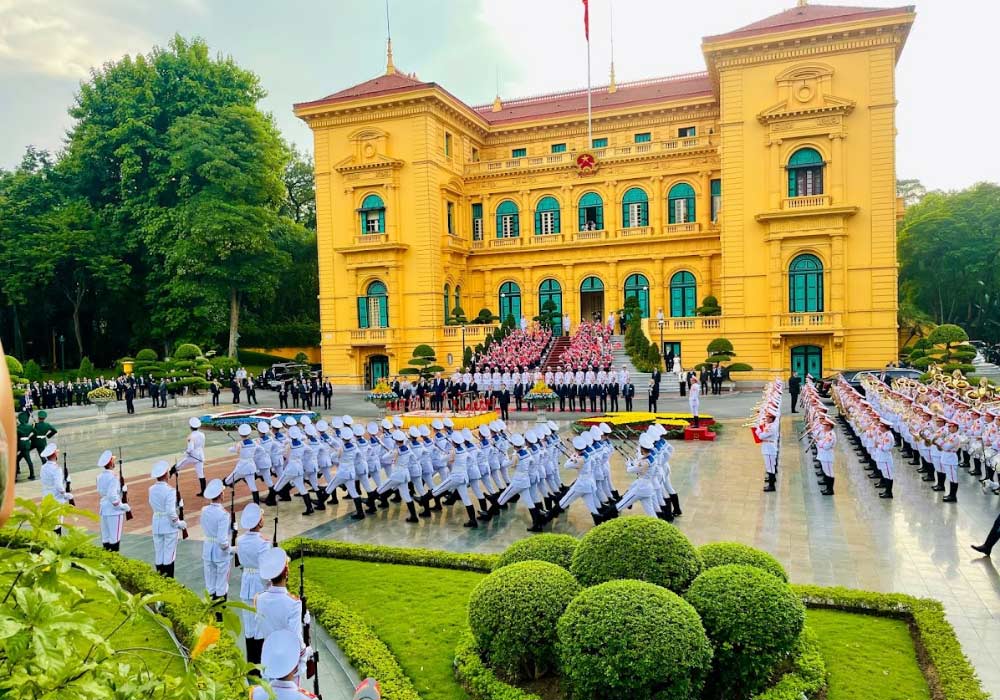
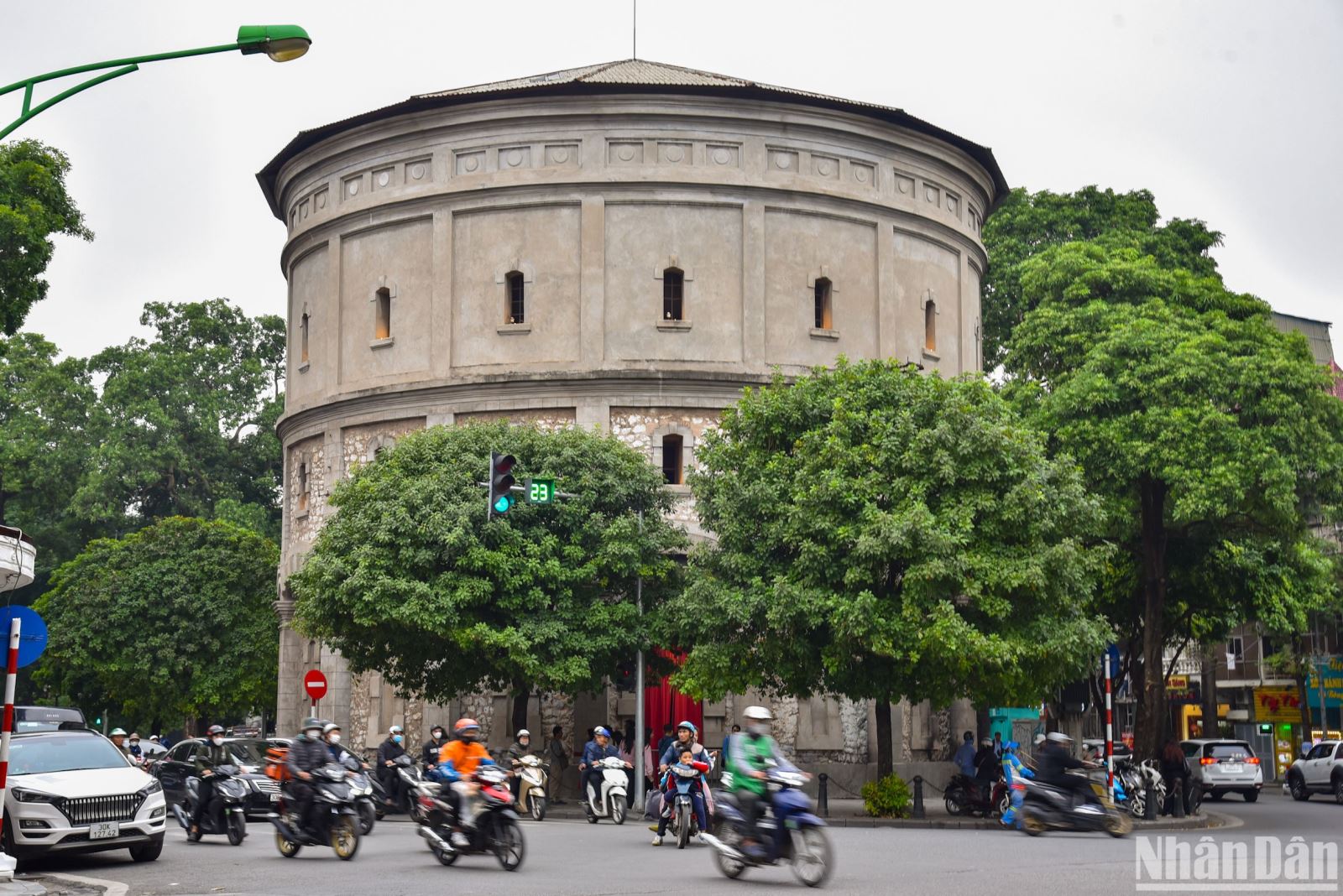
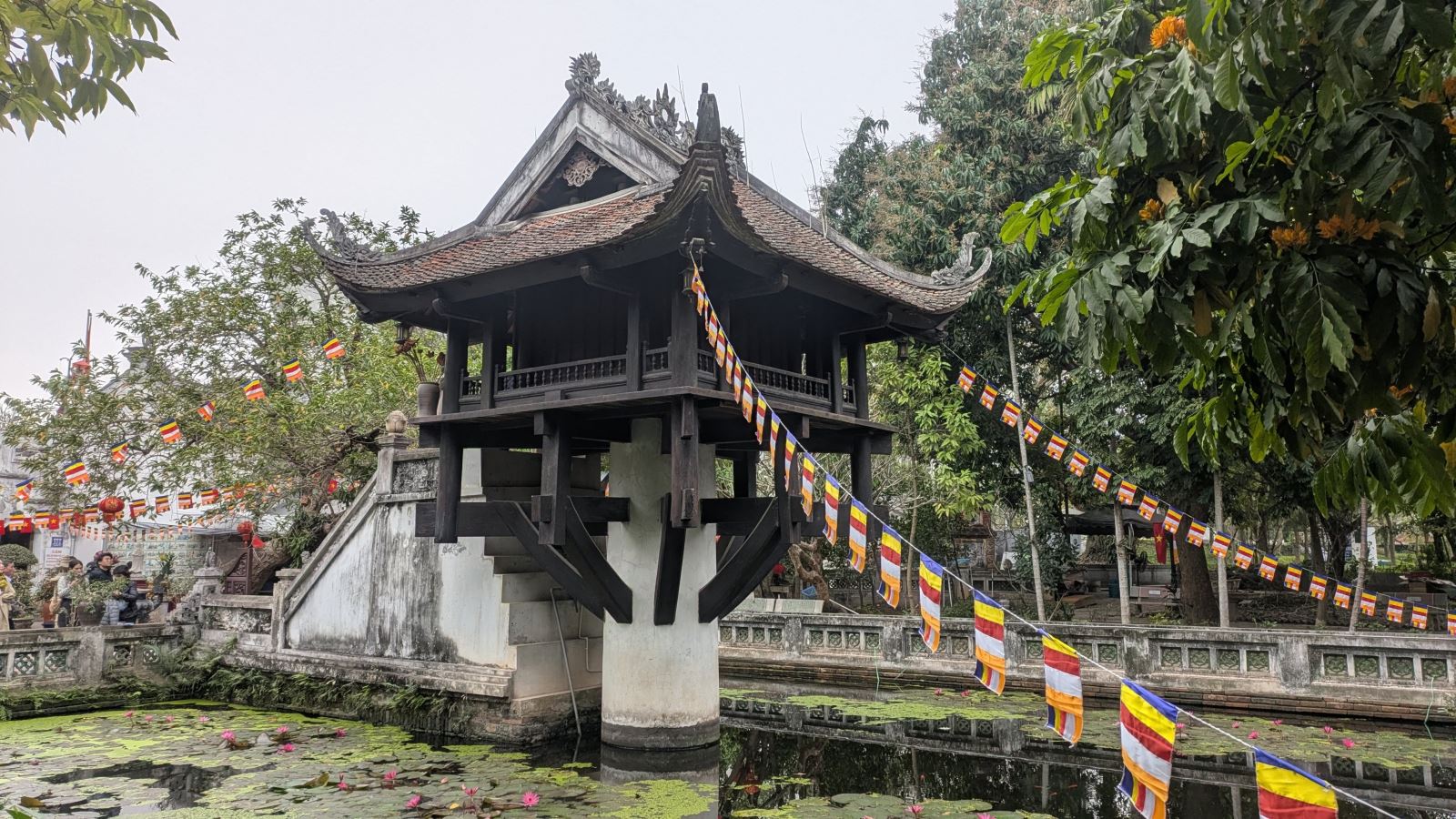
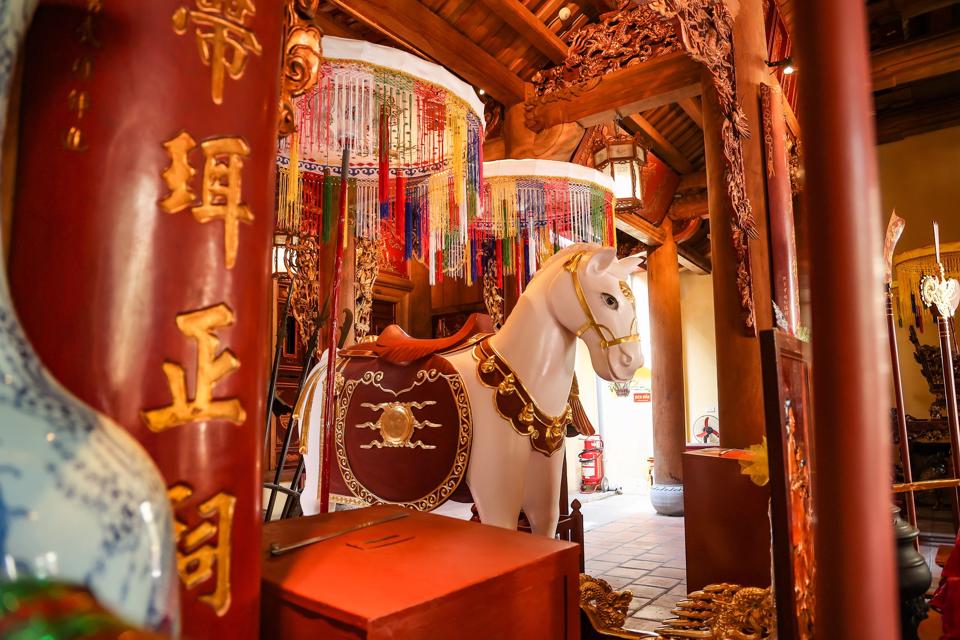
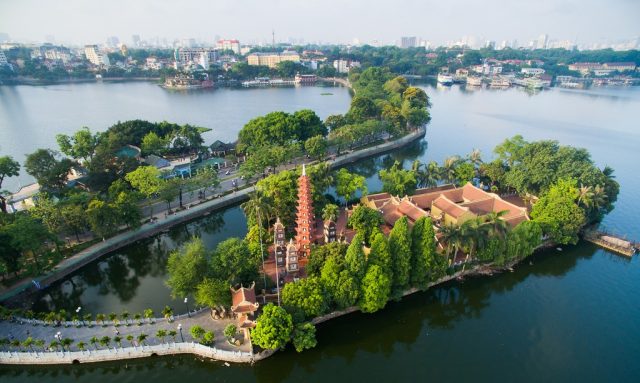
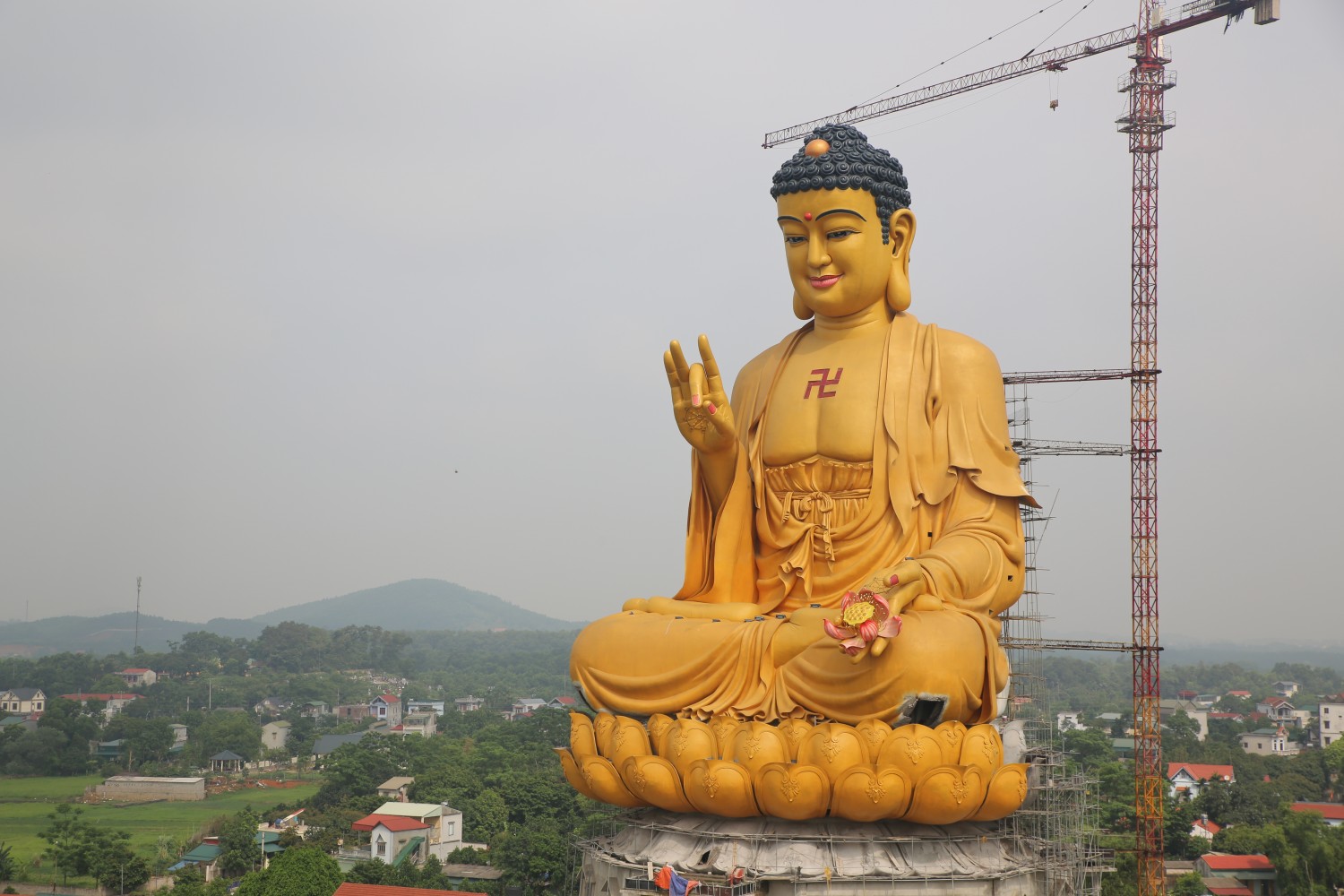
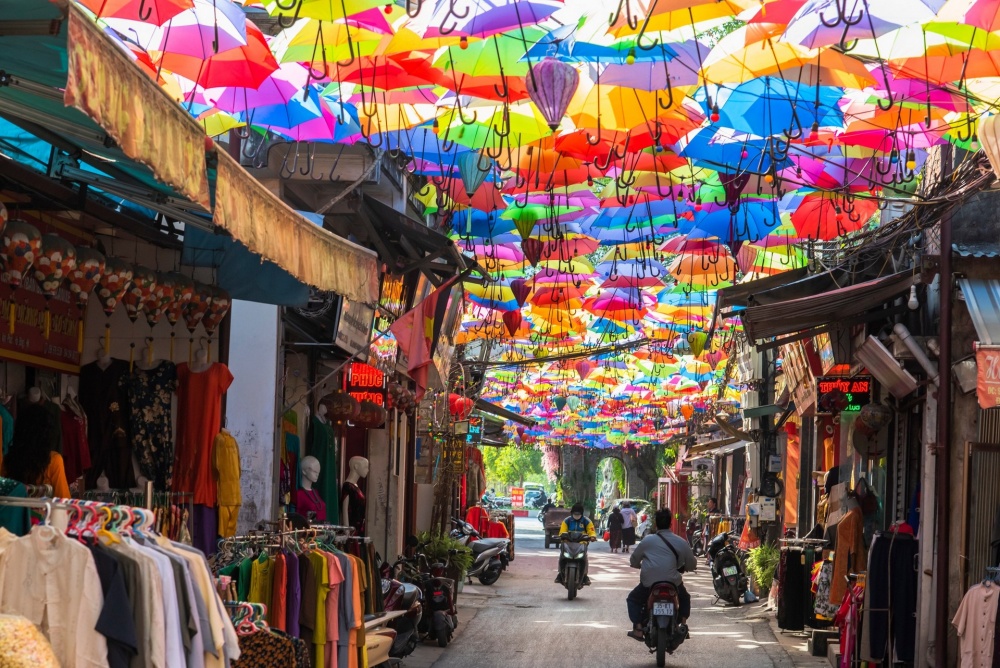
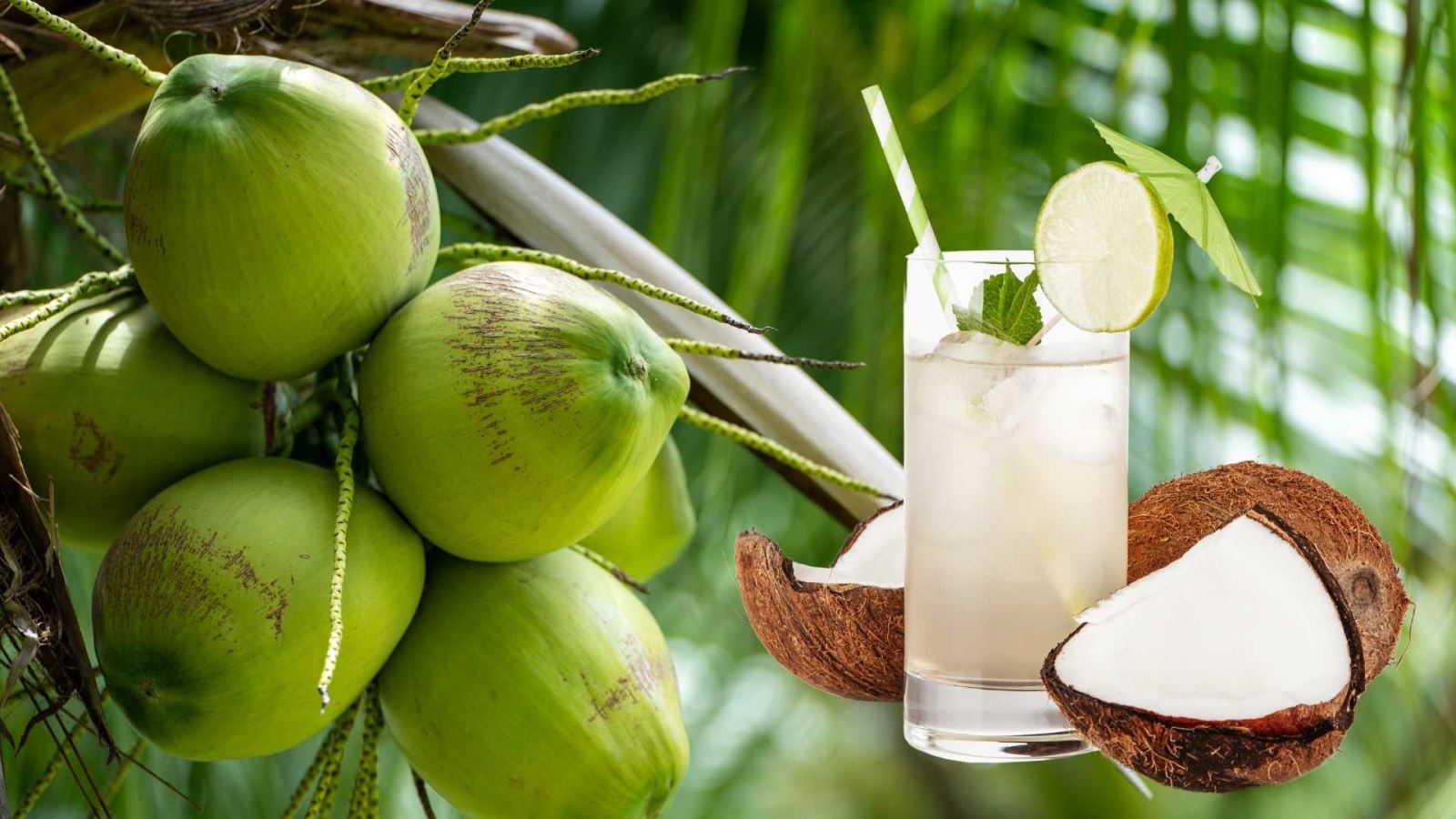
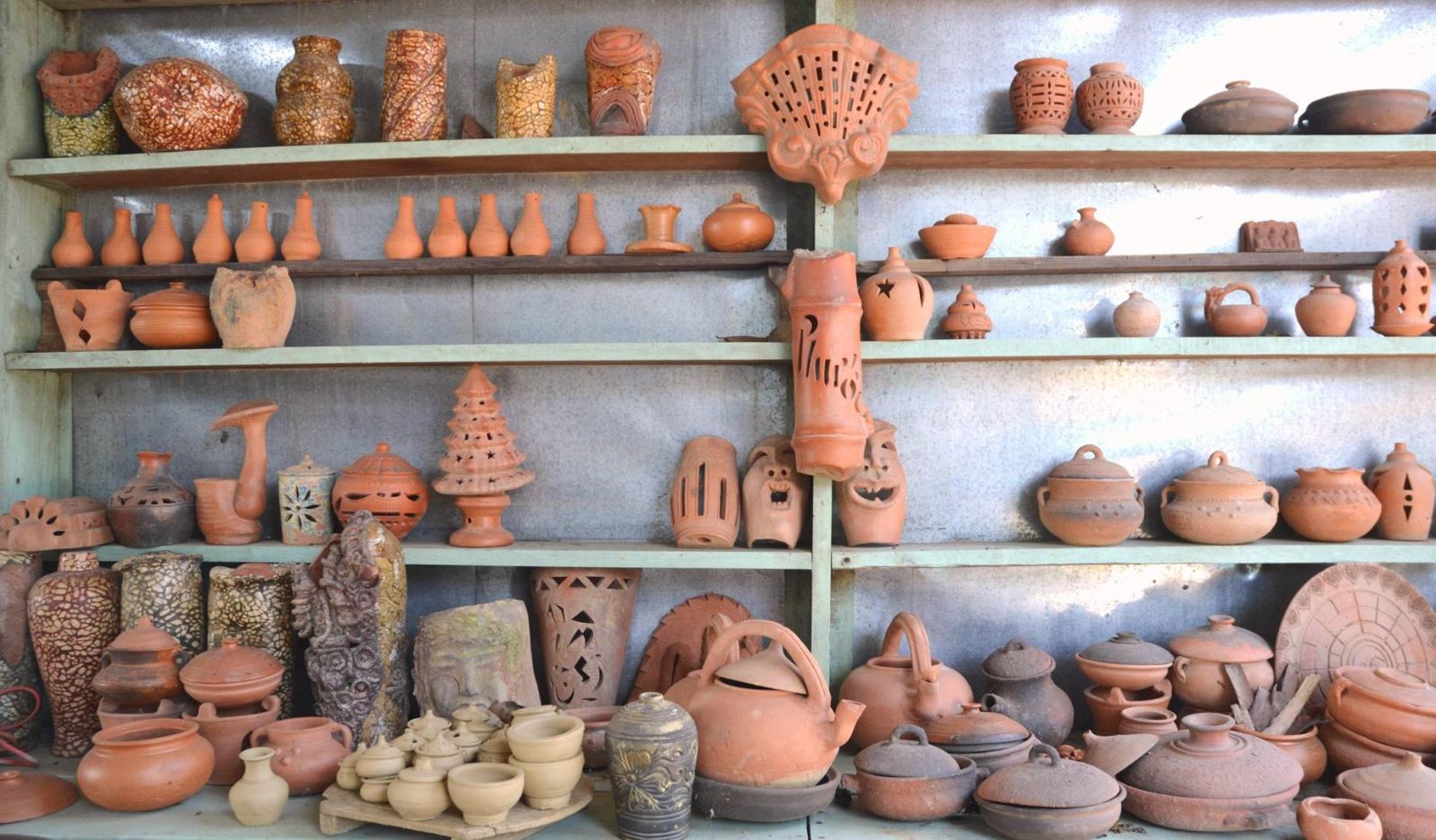
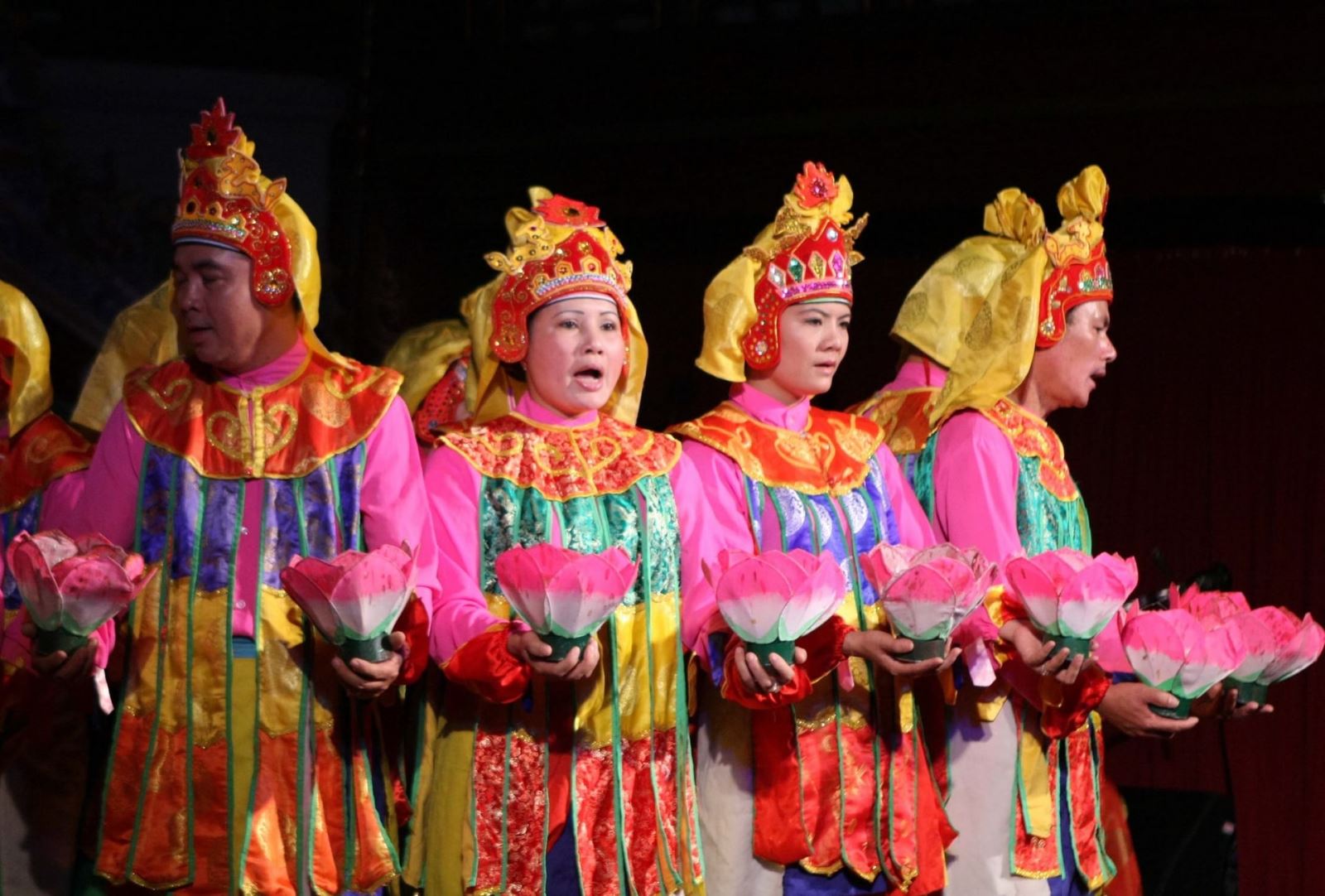
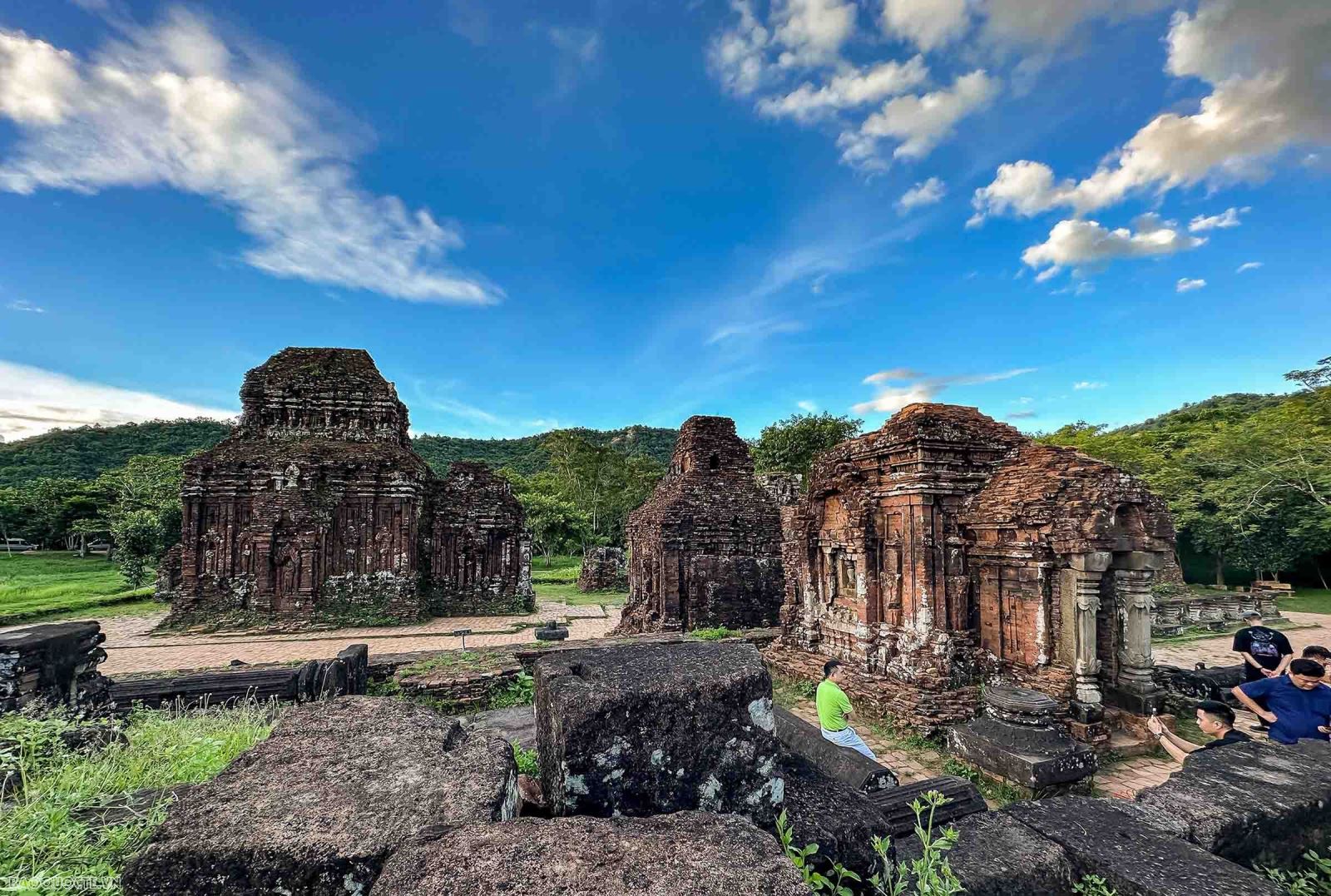
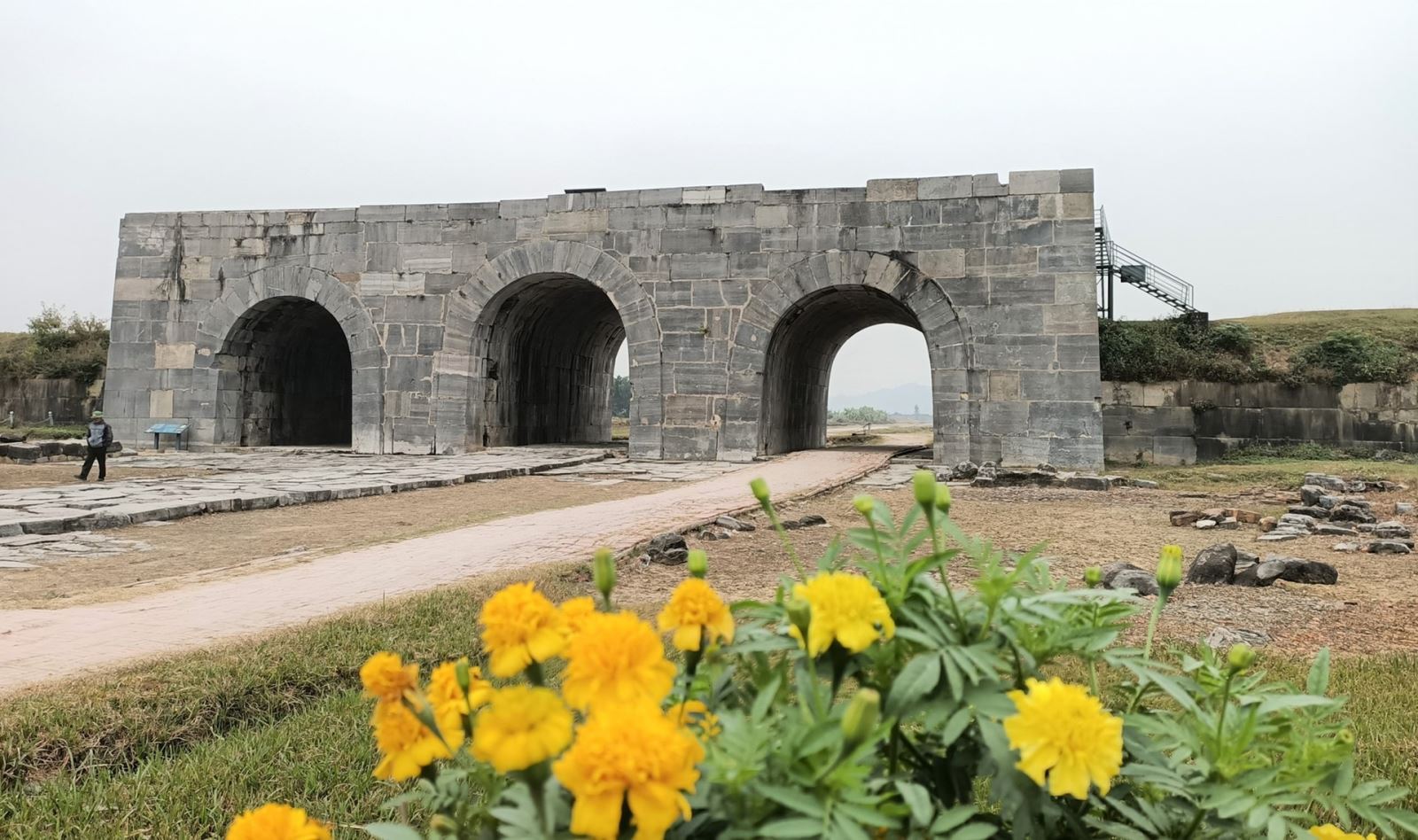





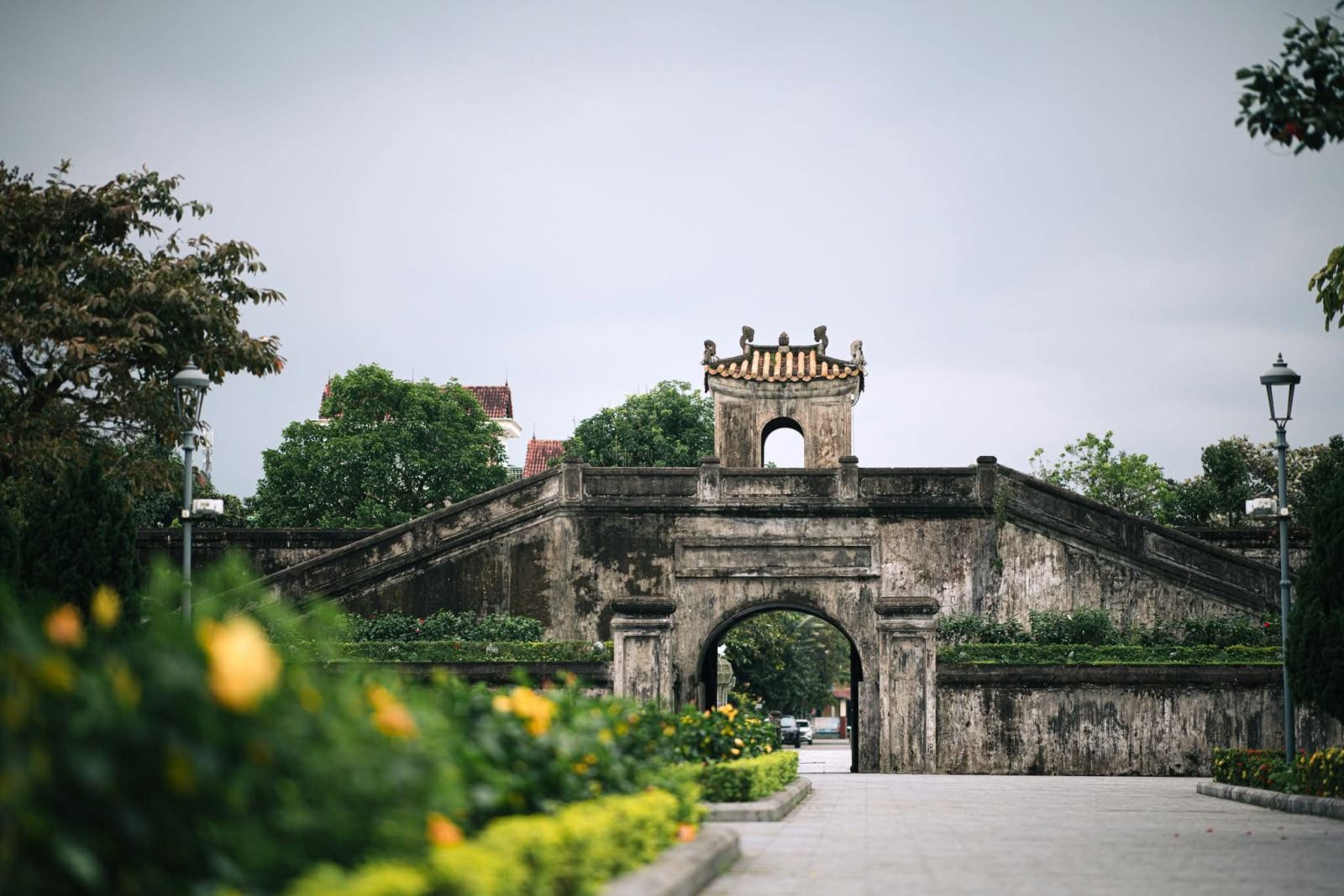
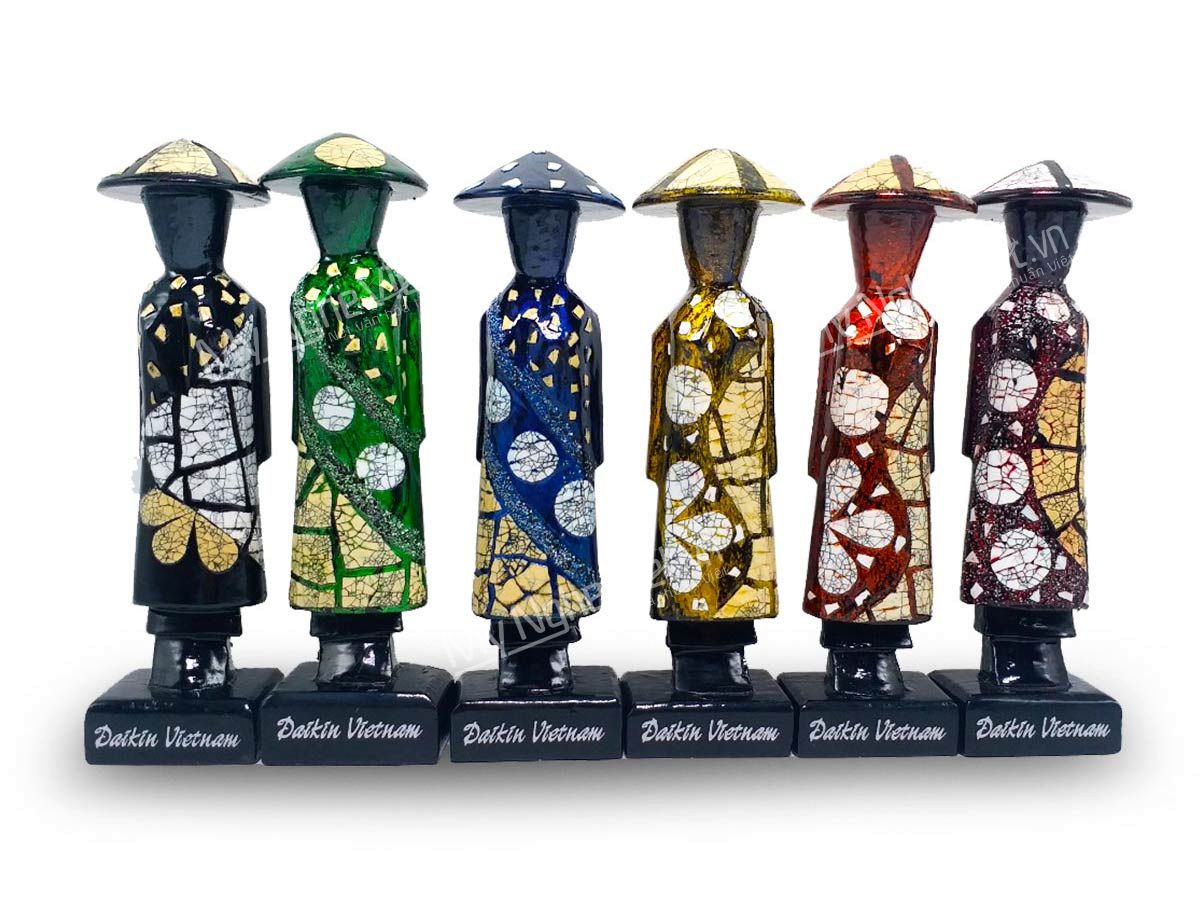
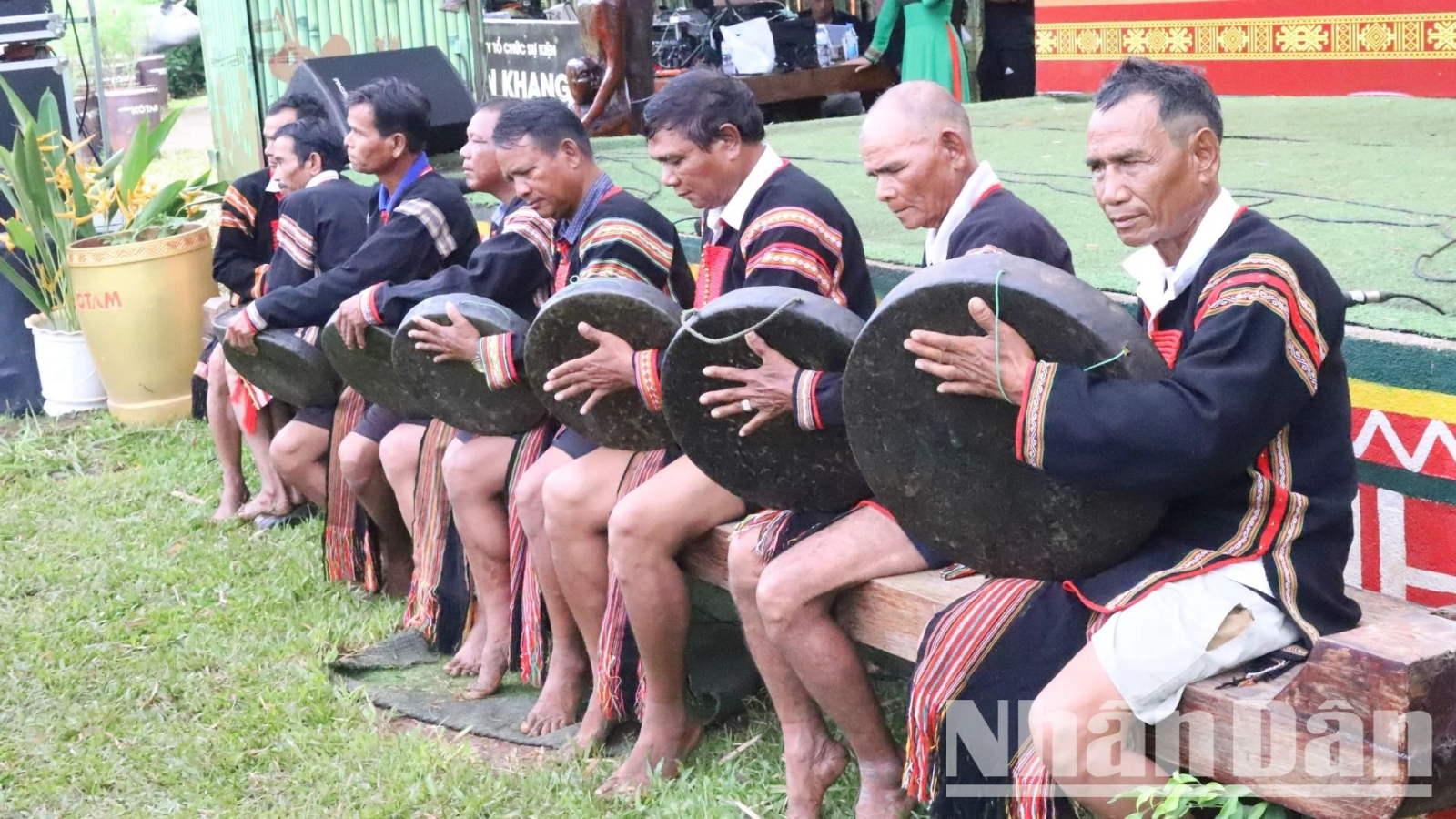


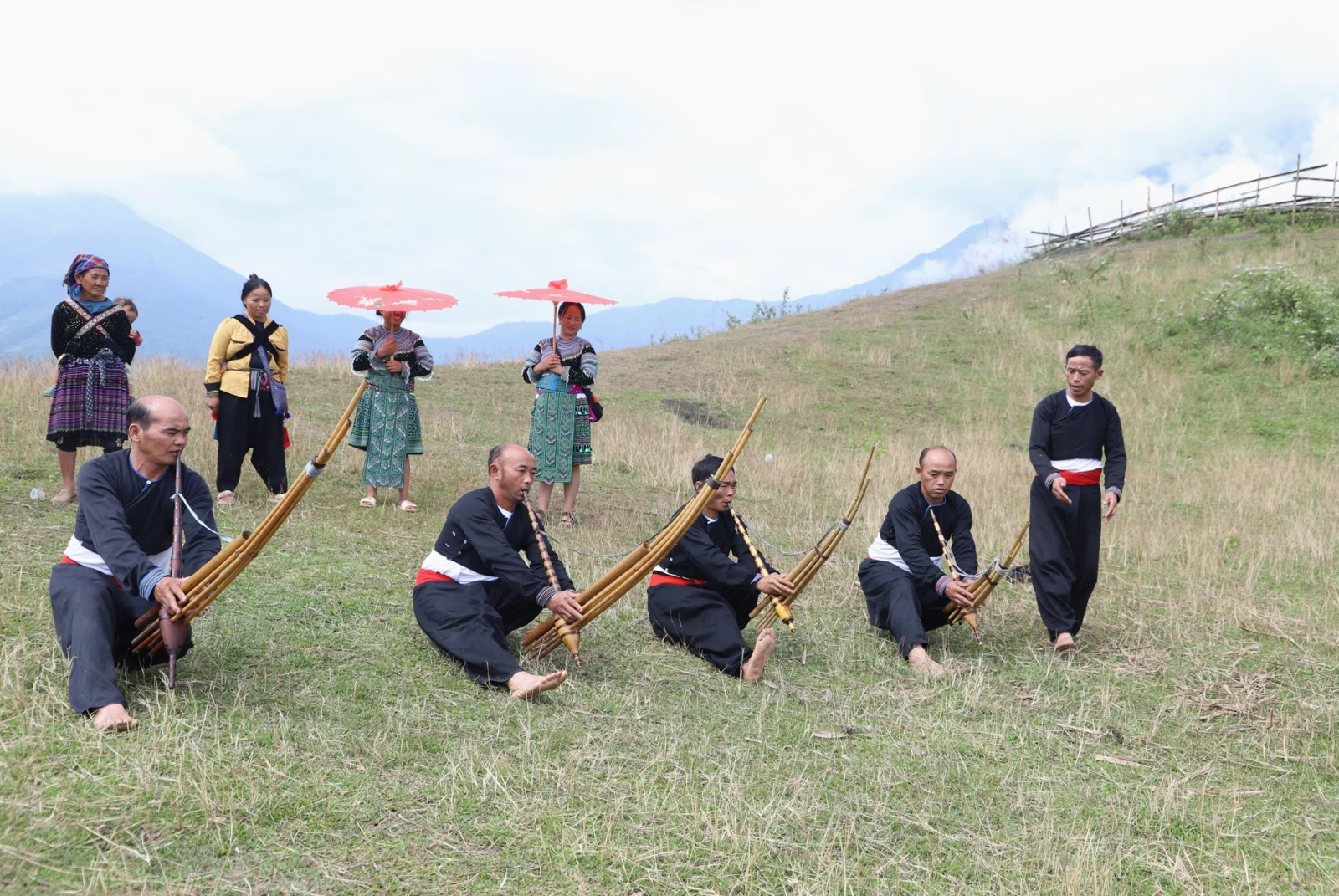
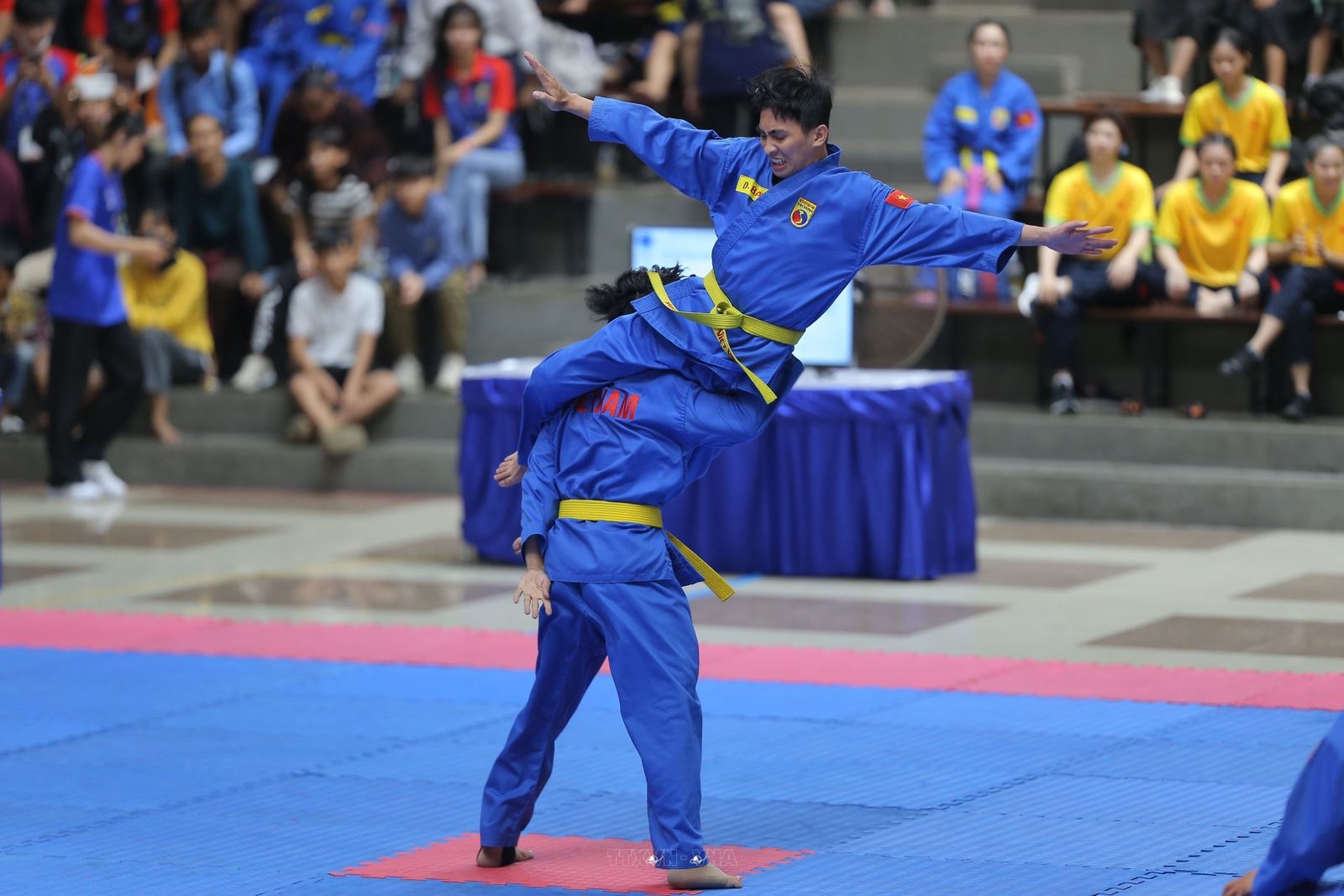
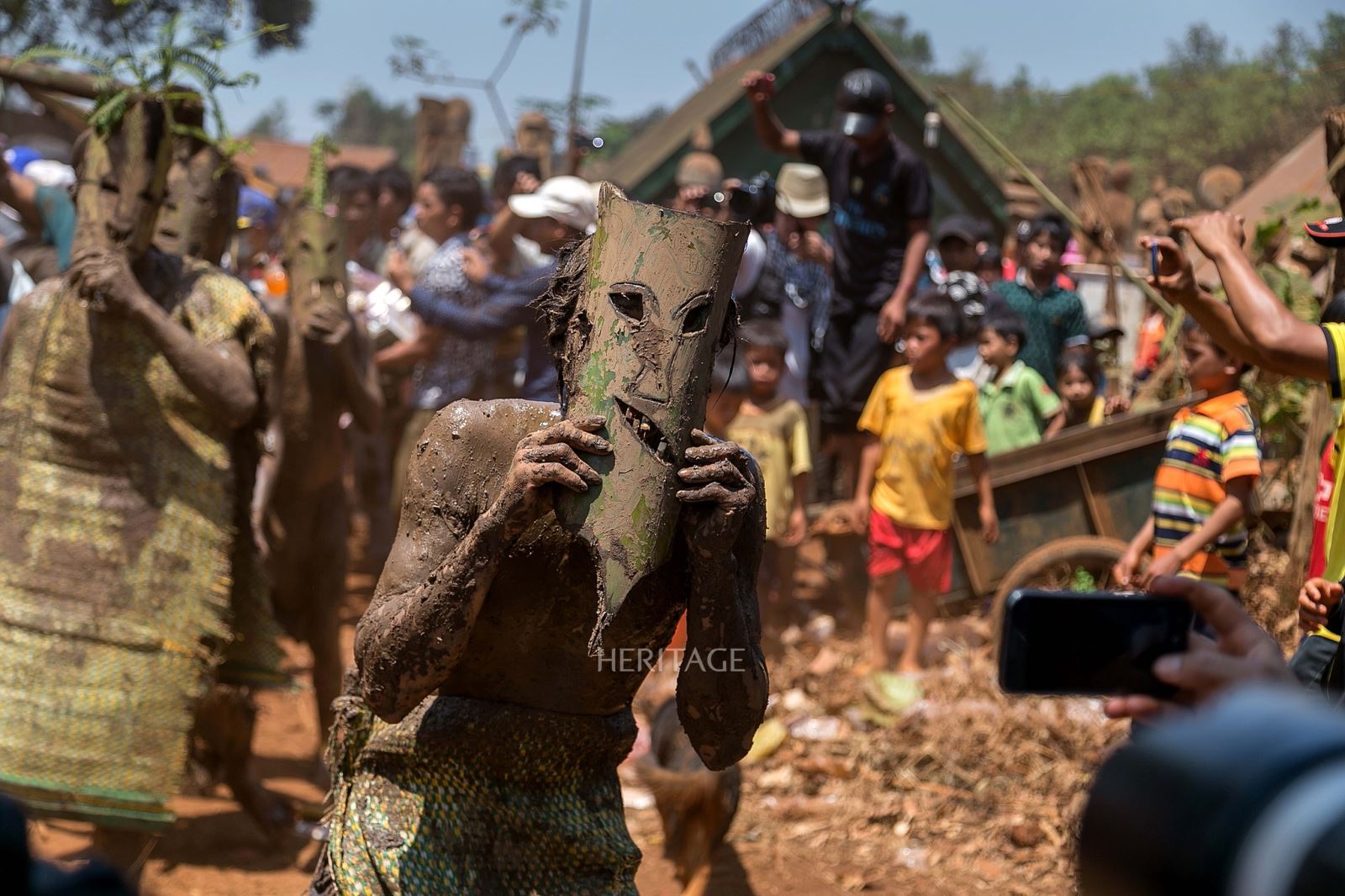
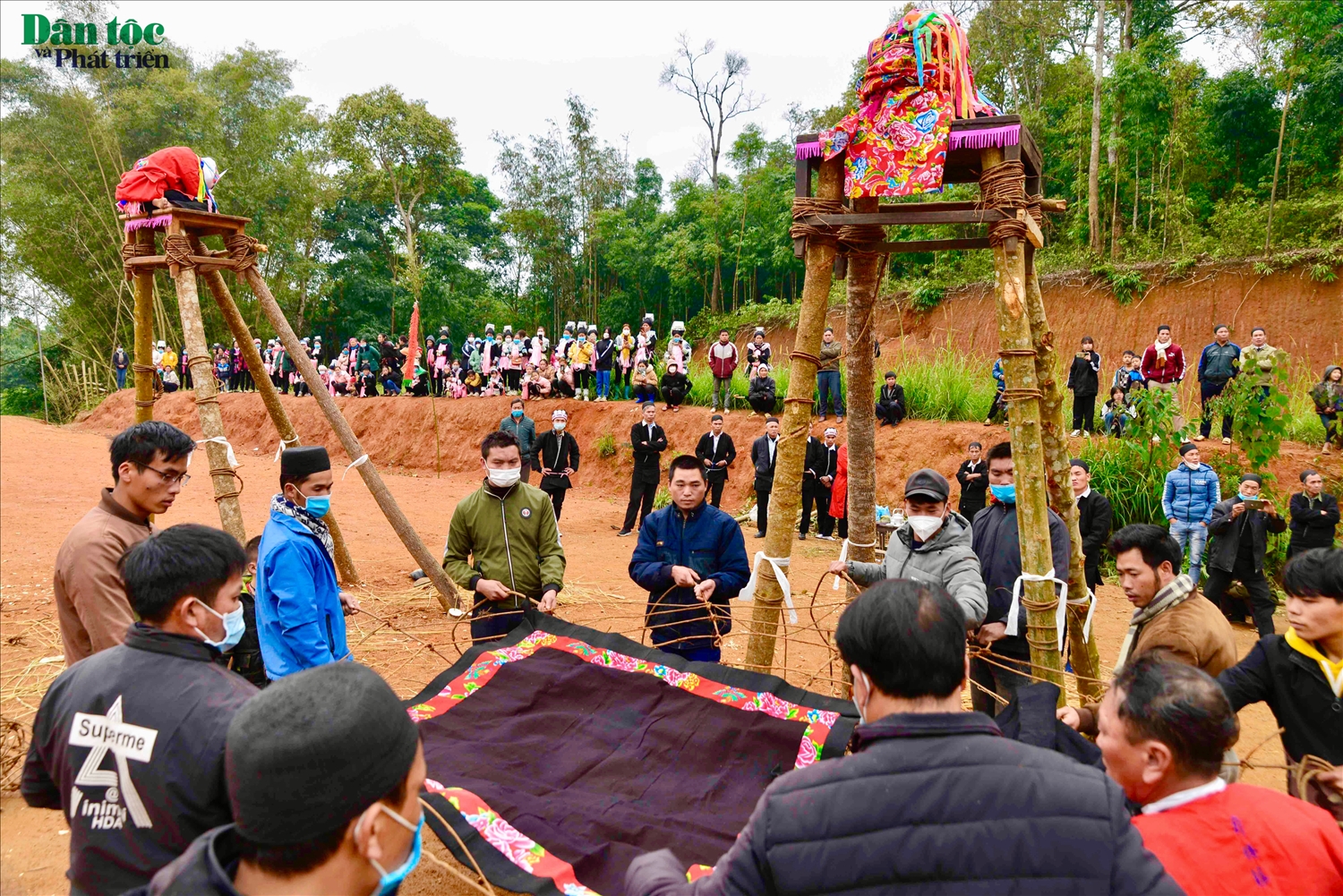
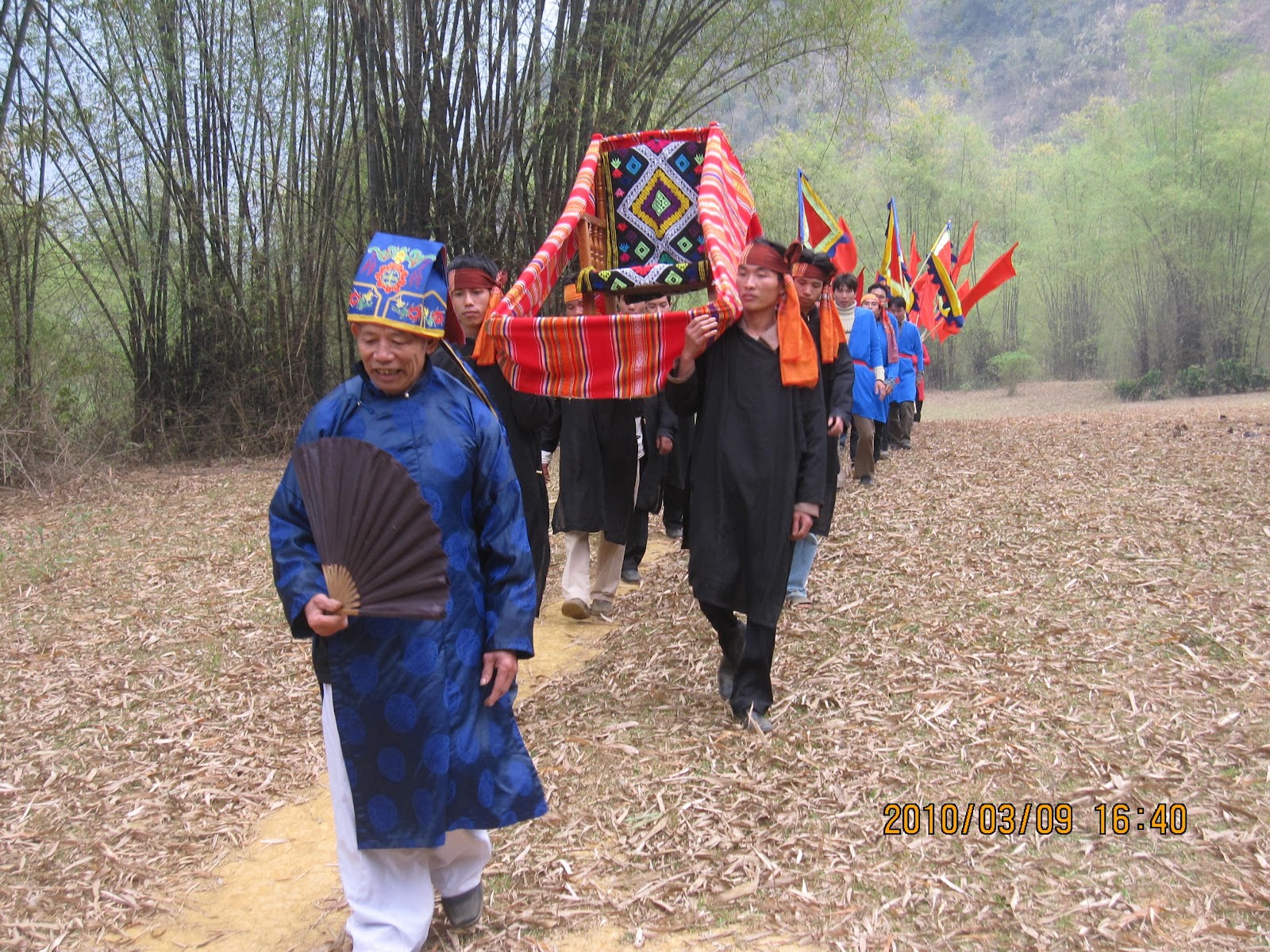
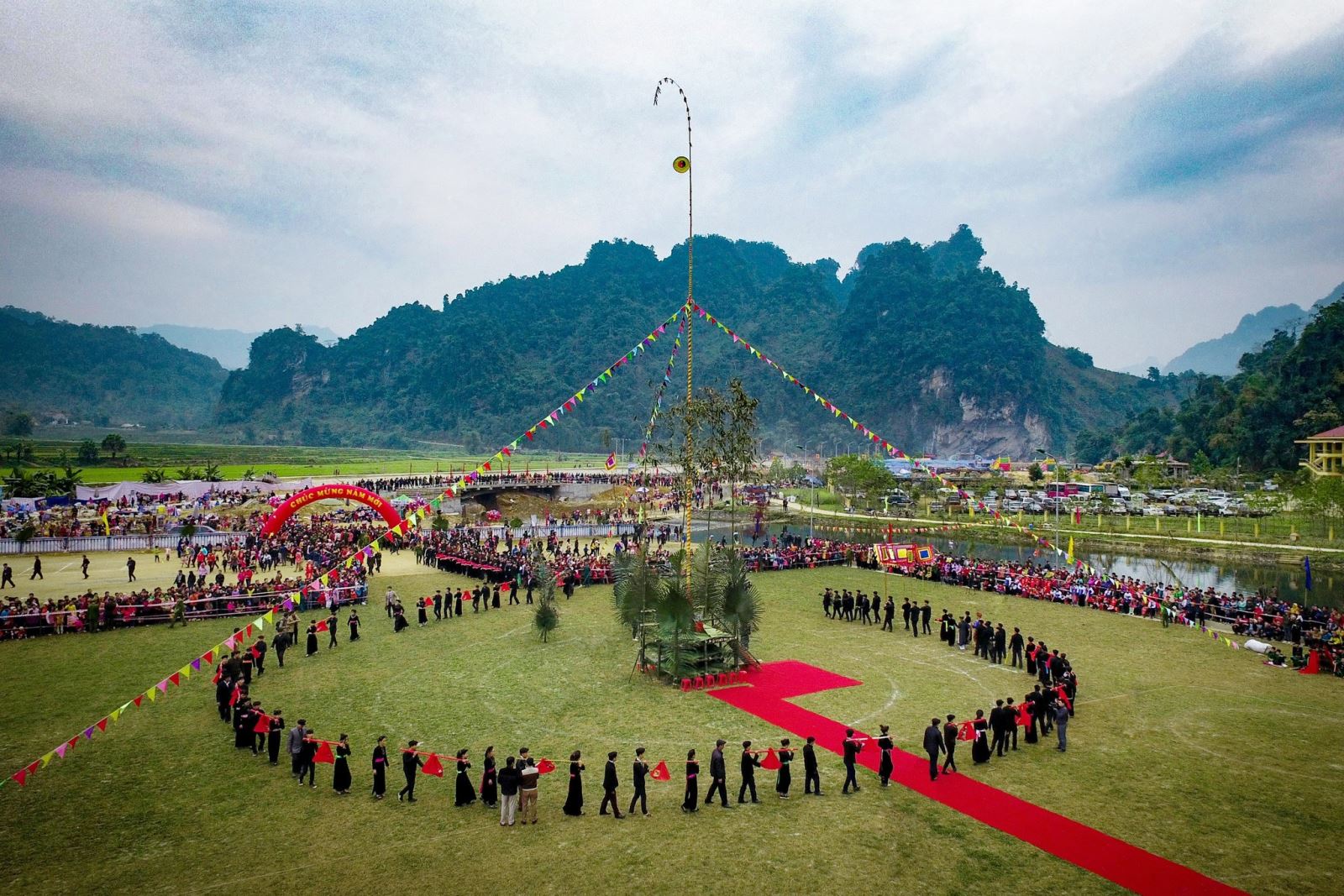
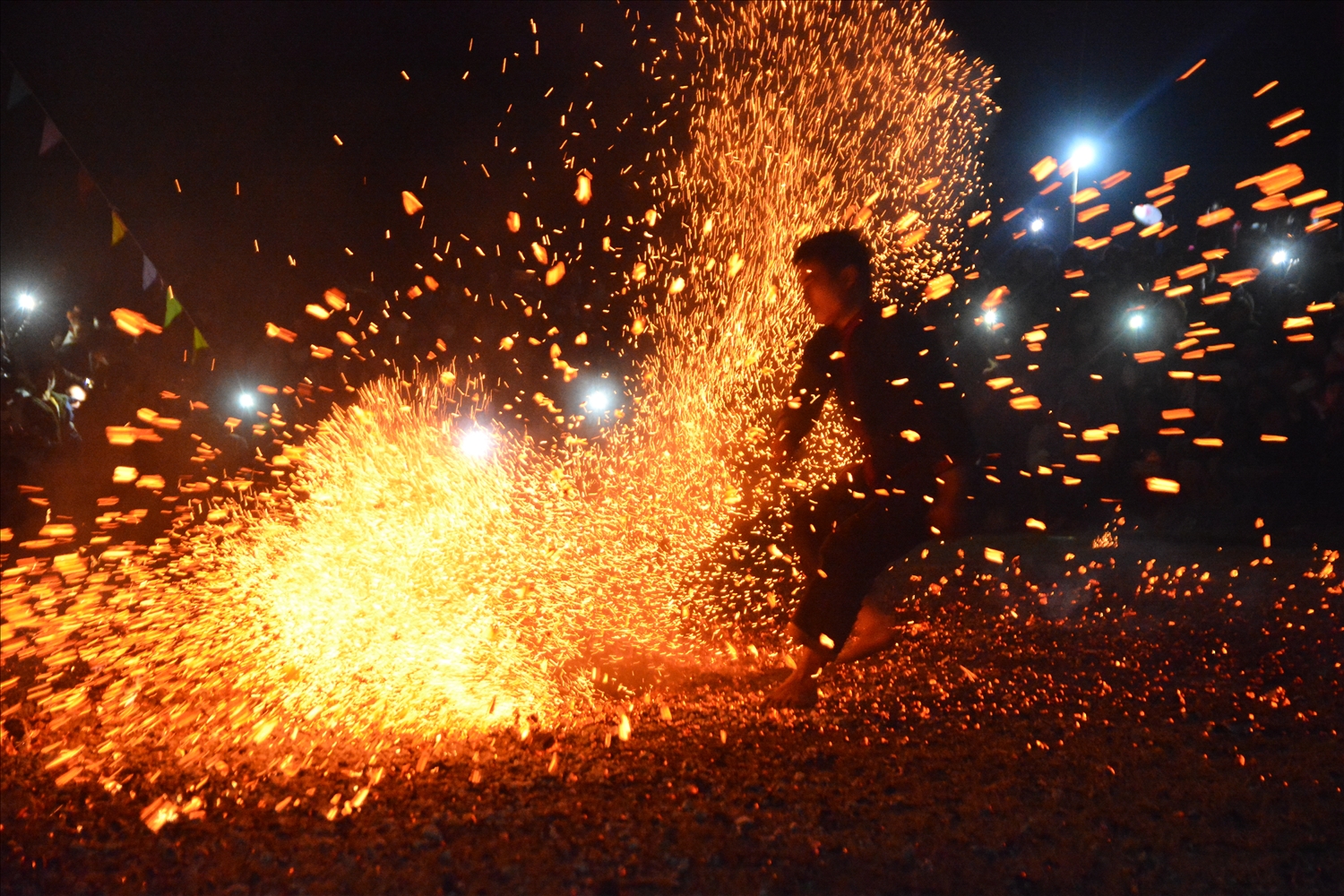
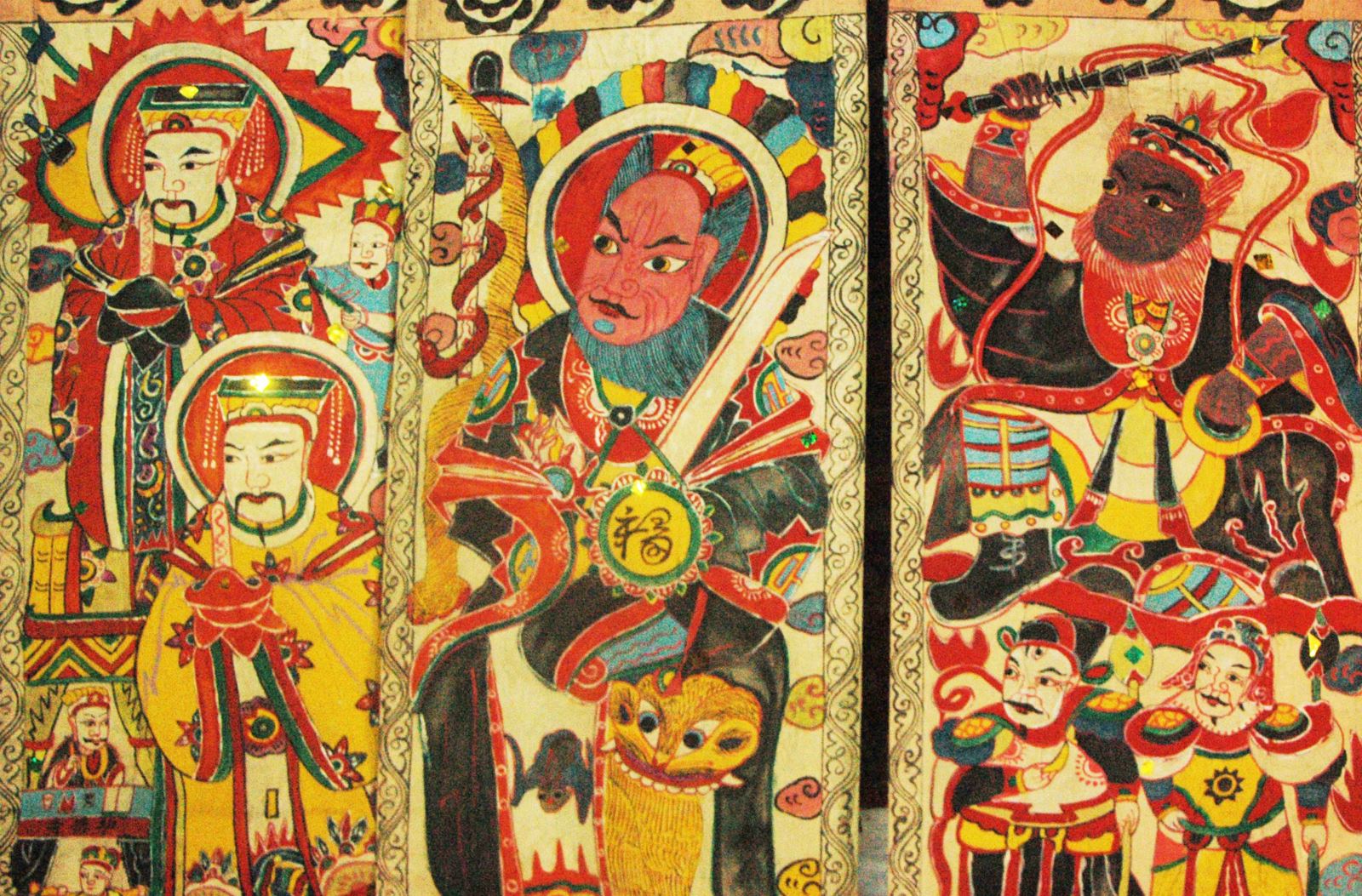

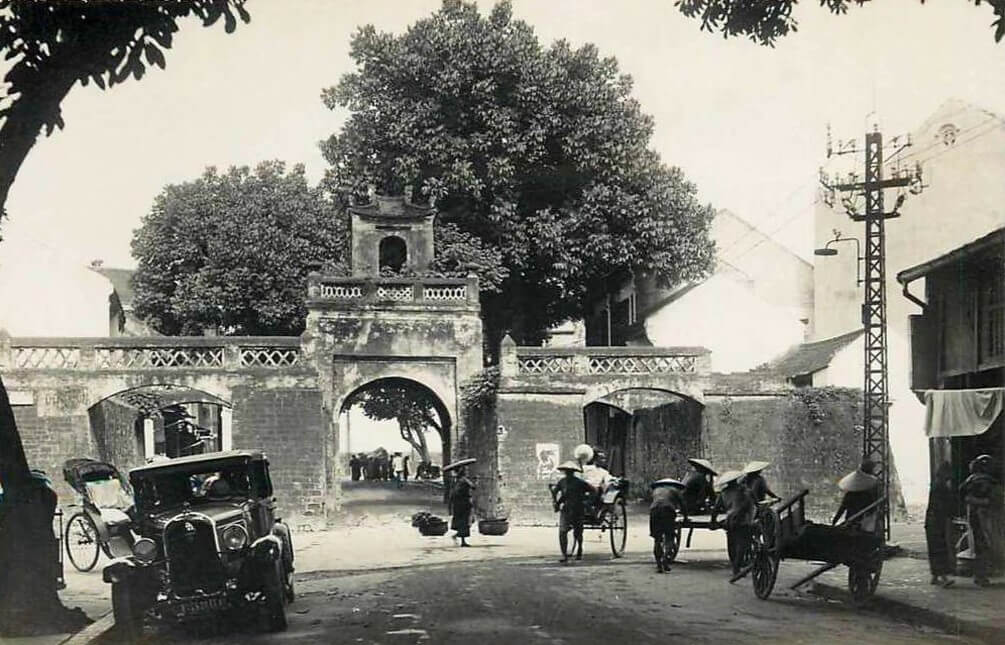
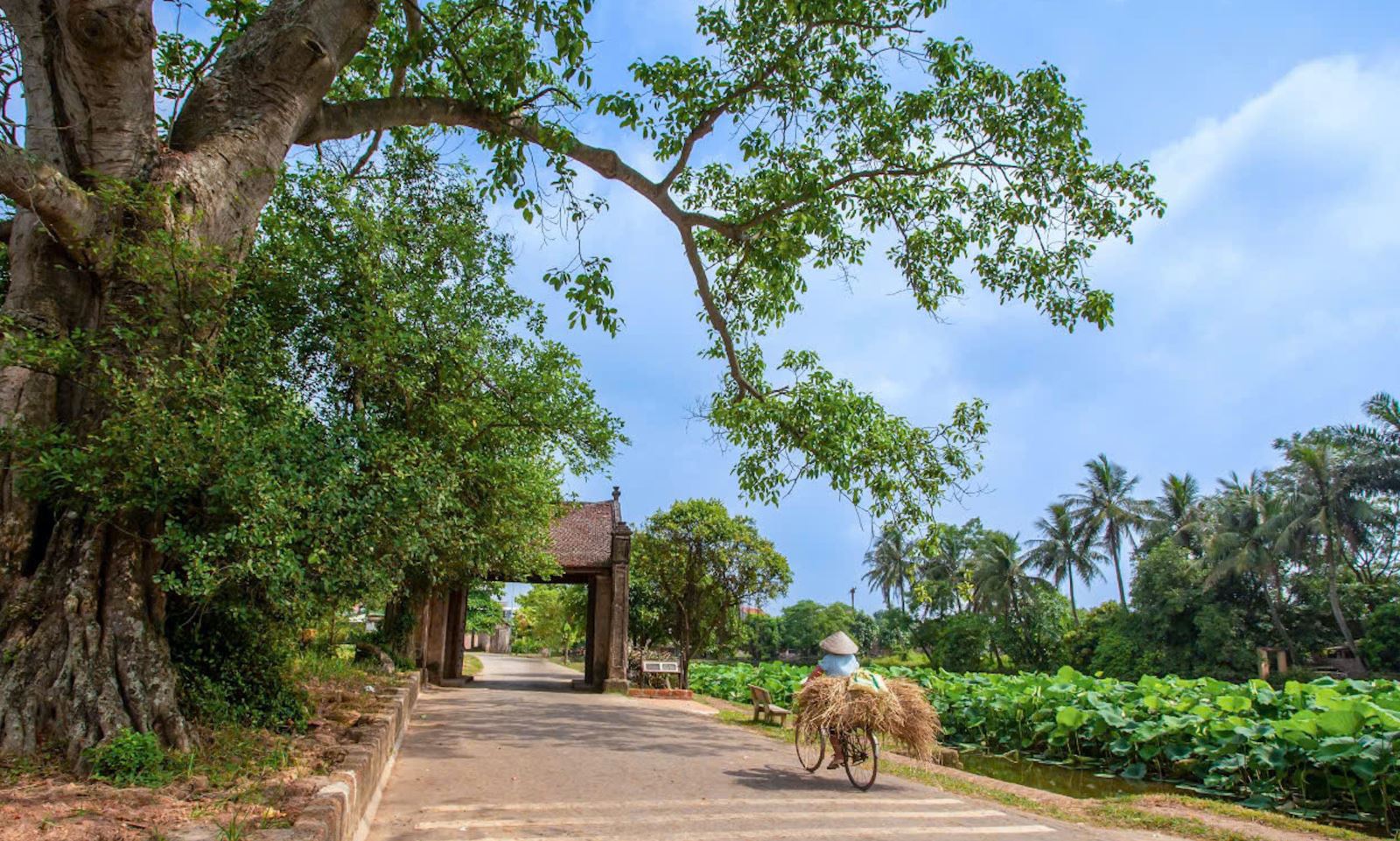
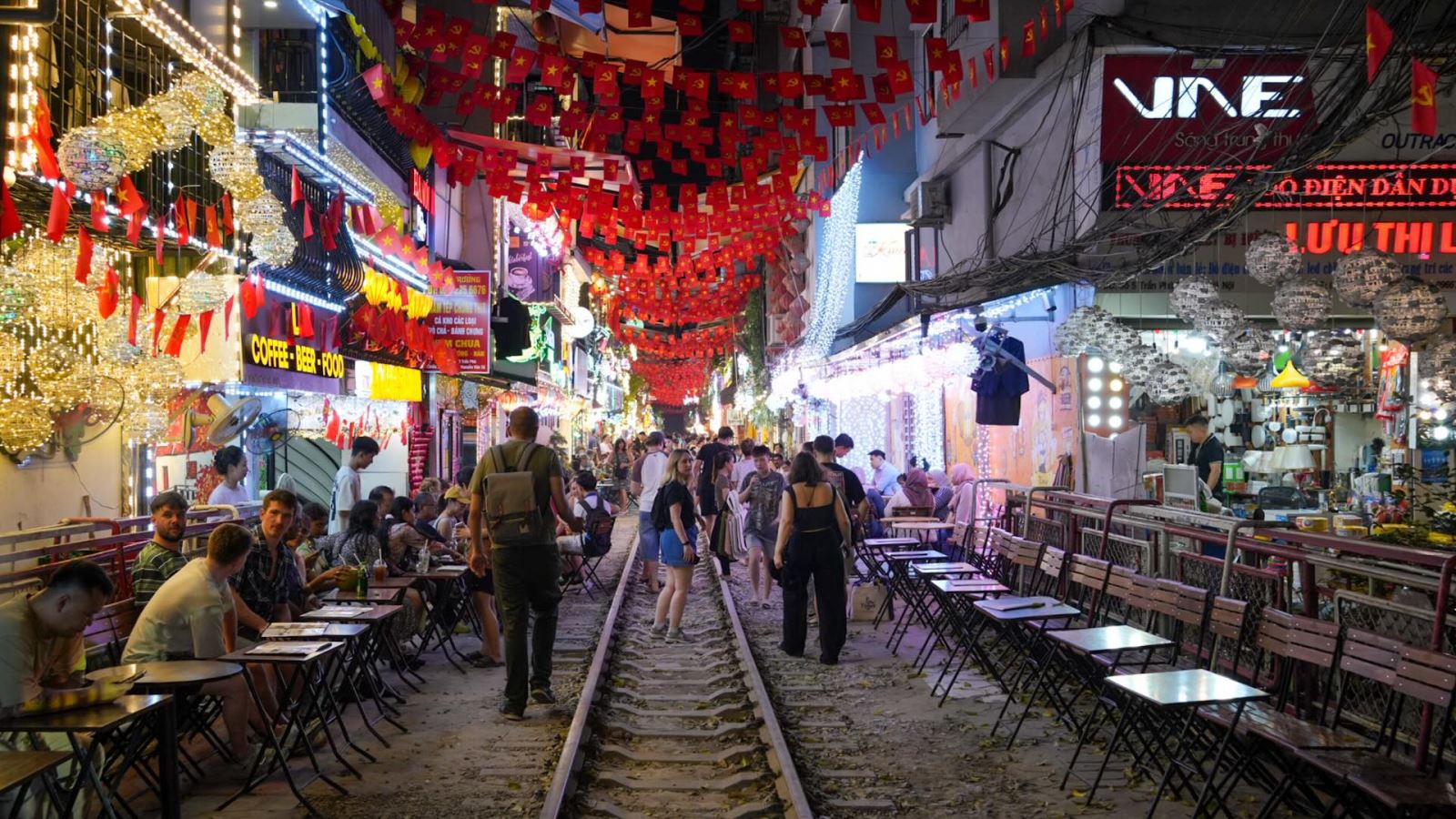
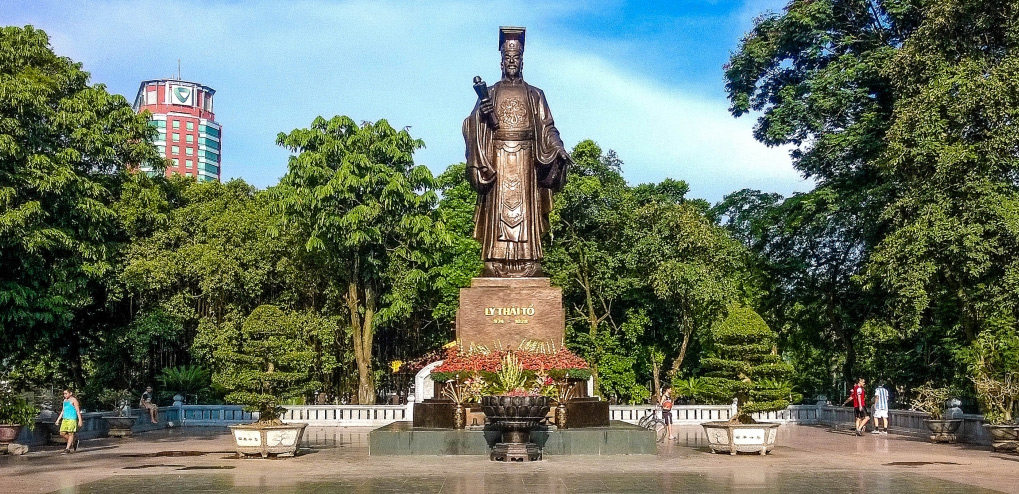
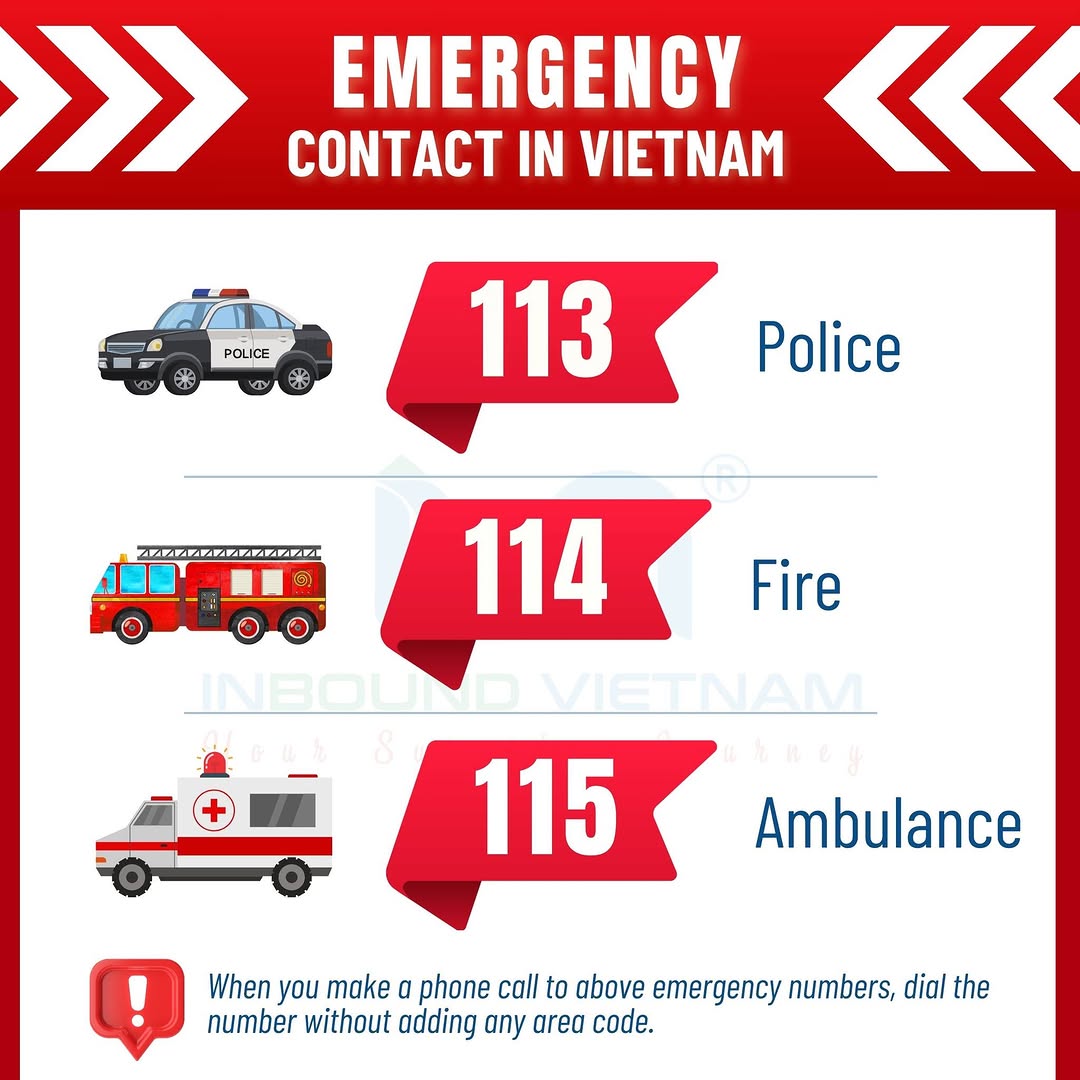


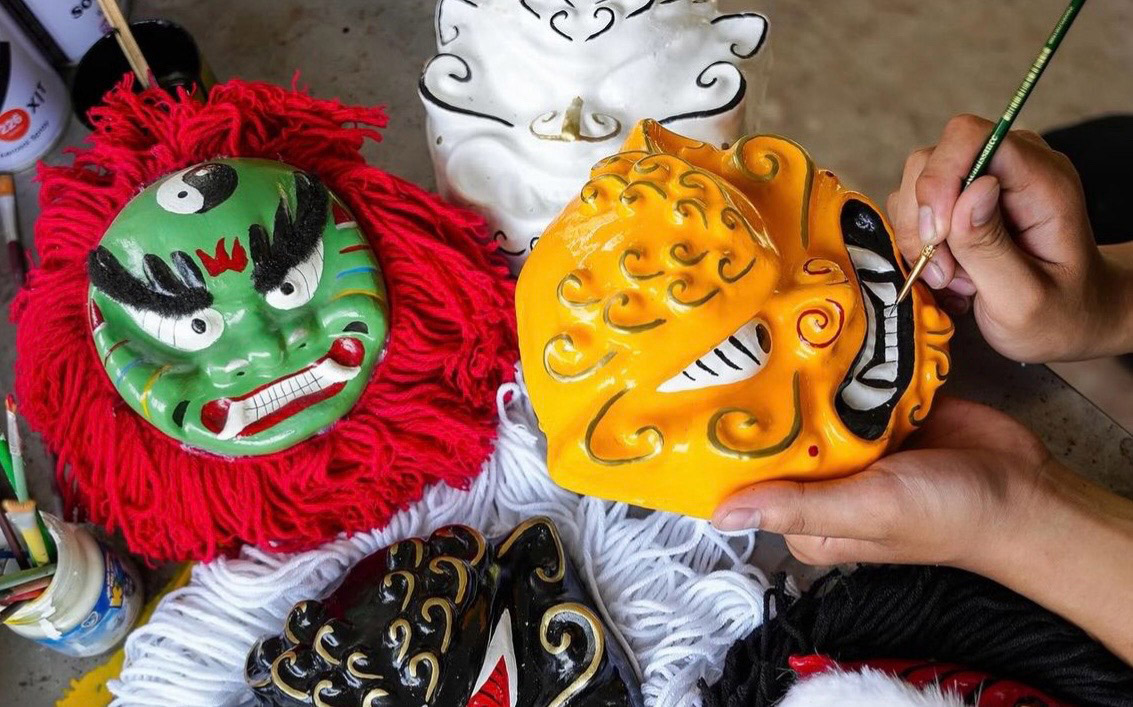
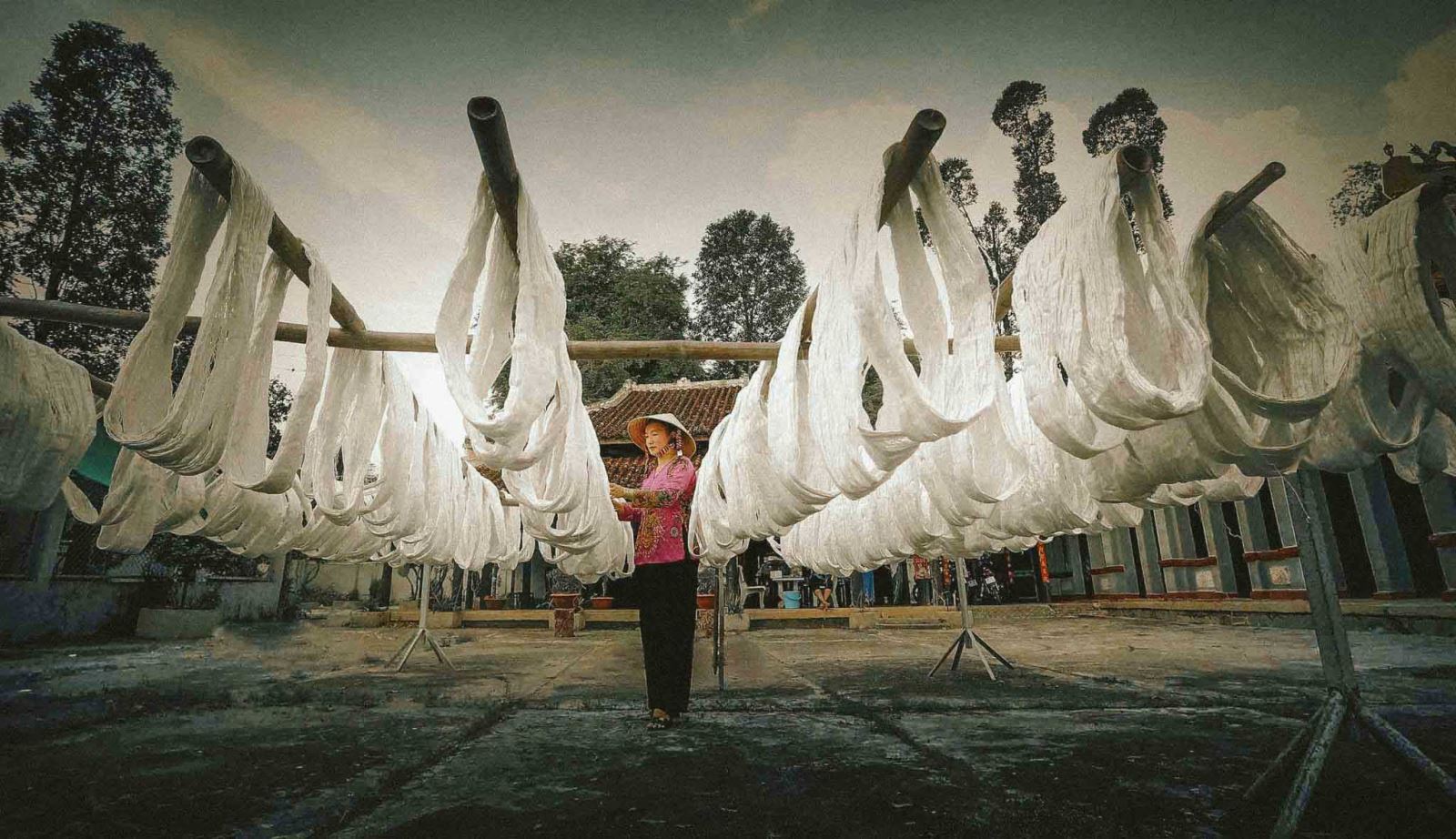

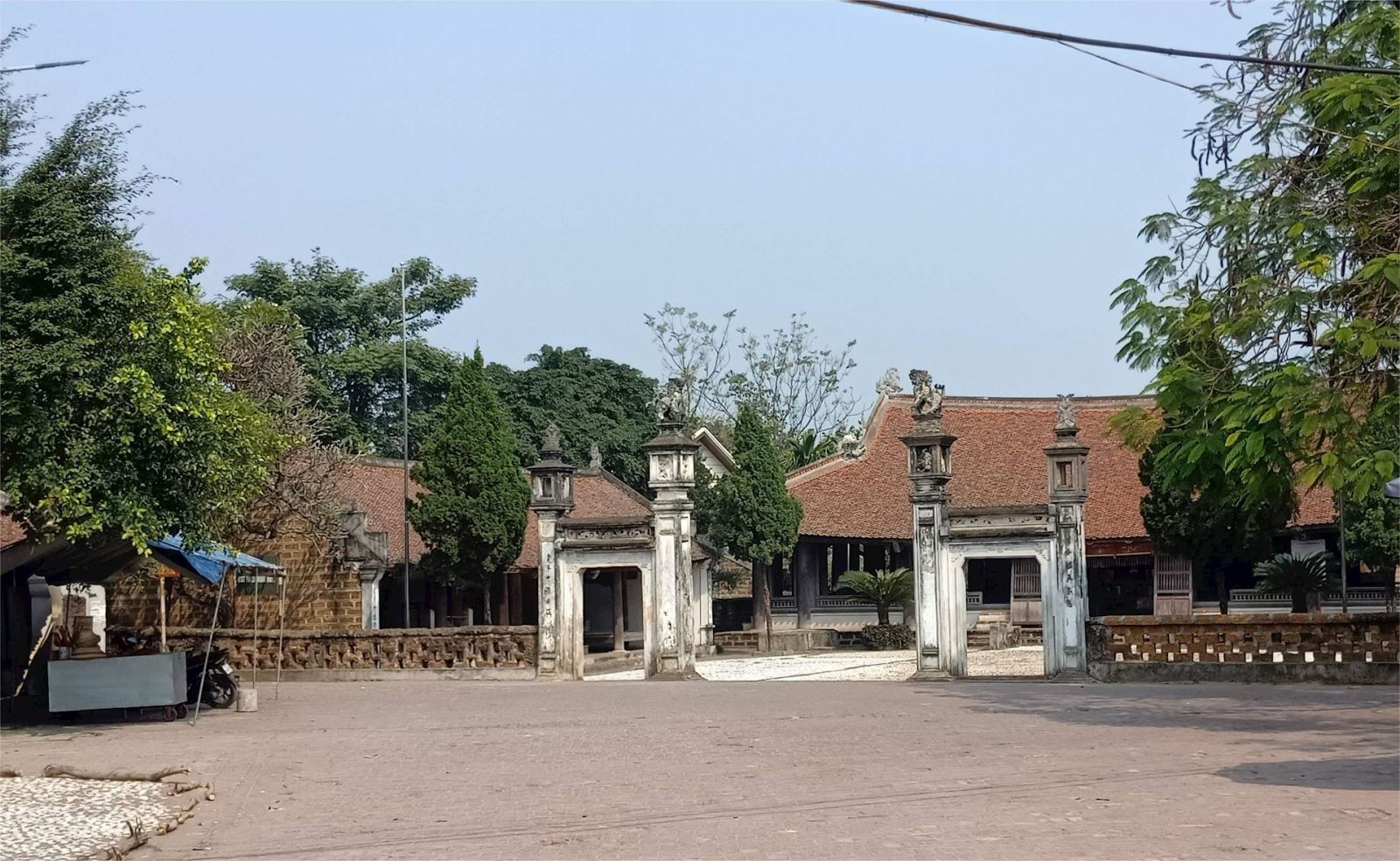
.png)